Shows
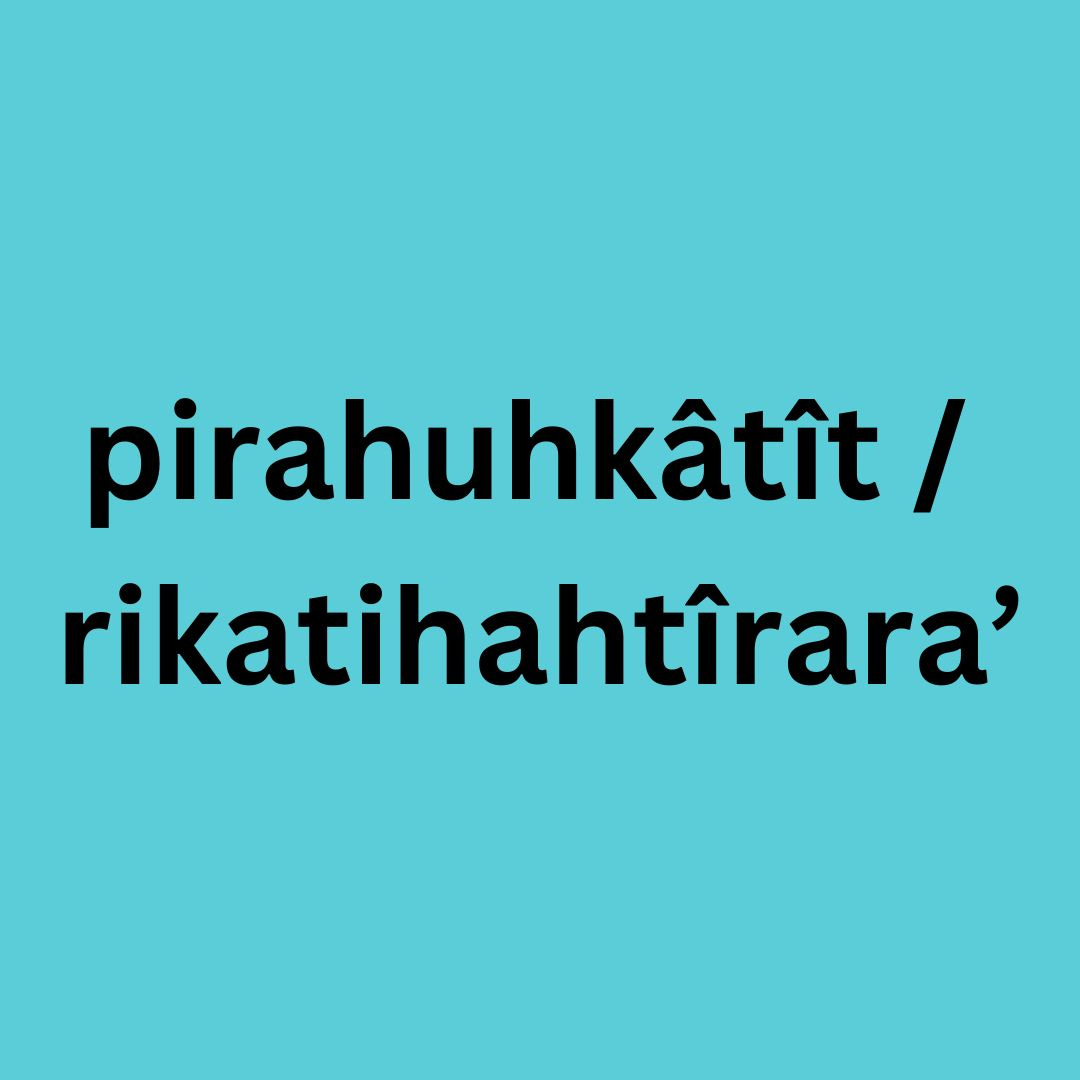
Pawnee Language LearningEp. 99 - Full Moon: Dark Month / Januarypirahuhkâtît - black, drifting snowkâta’ - darkness [both referring to the coldest, darkest month of winter]rikatihahtîrara’ - January. new year [used after contact with Euro-Americans]Pawnee Language Learning is a reader-supported publication. To support the Pawnee Language Program, consider becoming a free or paid subscriber. Get full access to Pawnee Language Learning at pawneelanguagelearning.substack.com/subscribe
2025-01-1304 min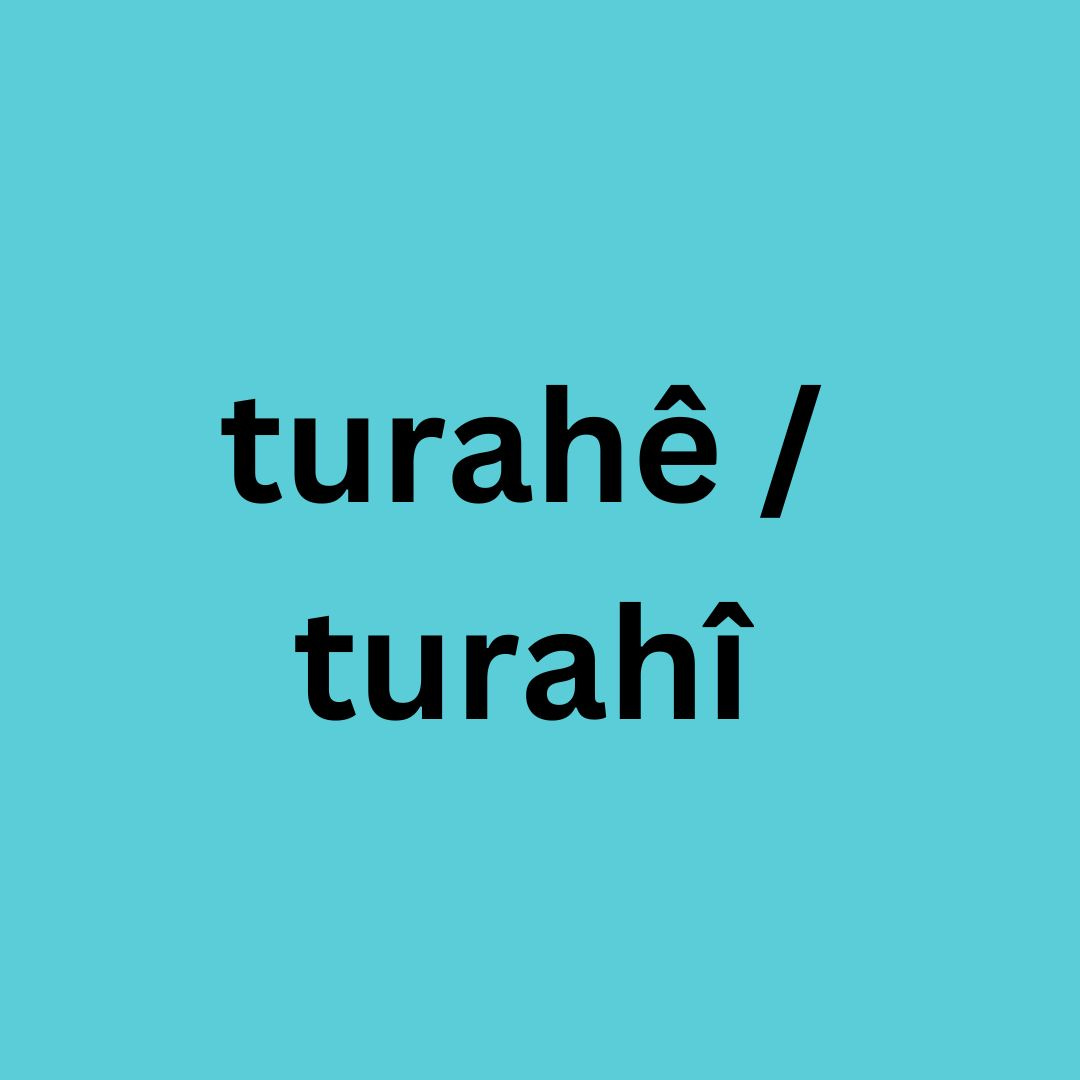
Pawnee Language LearningEp. 98 - It Is Good.turahê - It is good. [Southband dialect]turahî - It is good. [Skidi dialect]Pawnee Language Learning is a reader-supported publication. To support the Pawnee Language Program, consider becoming a free or paid subscriber. Get full access to Pawnee Language Learning at pawneelanguagelearning.substack.com/subscribe
2025-01-0703 min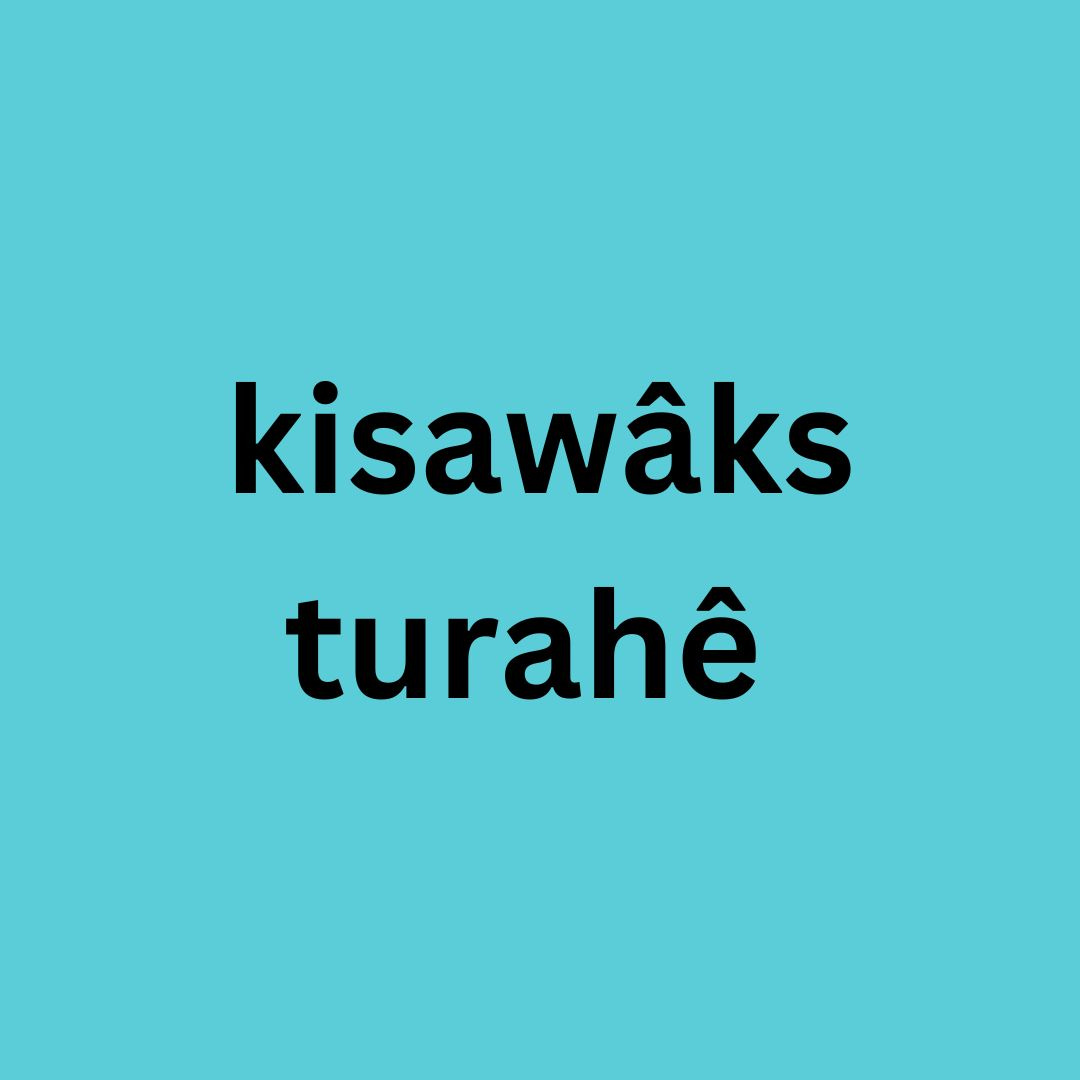
Pawnee Language LearningEp. 97 - Merry Christmaskisawâks - Christmas [the Pawnee attempt at pronouncing ‘Christmas’]turahê - it is good [Southband dialect]turahî - it is good [Skidi dialect]Pawnee Language Learning is a reader-supported publication. To support the Pawnee Language Program, please consider becoming a free or paid subscriber. Get full access to Pawnee Language Learning at pawneelanguagelearning.substack.com/subscribe
2024-12-2502 min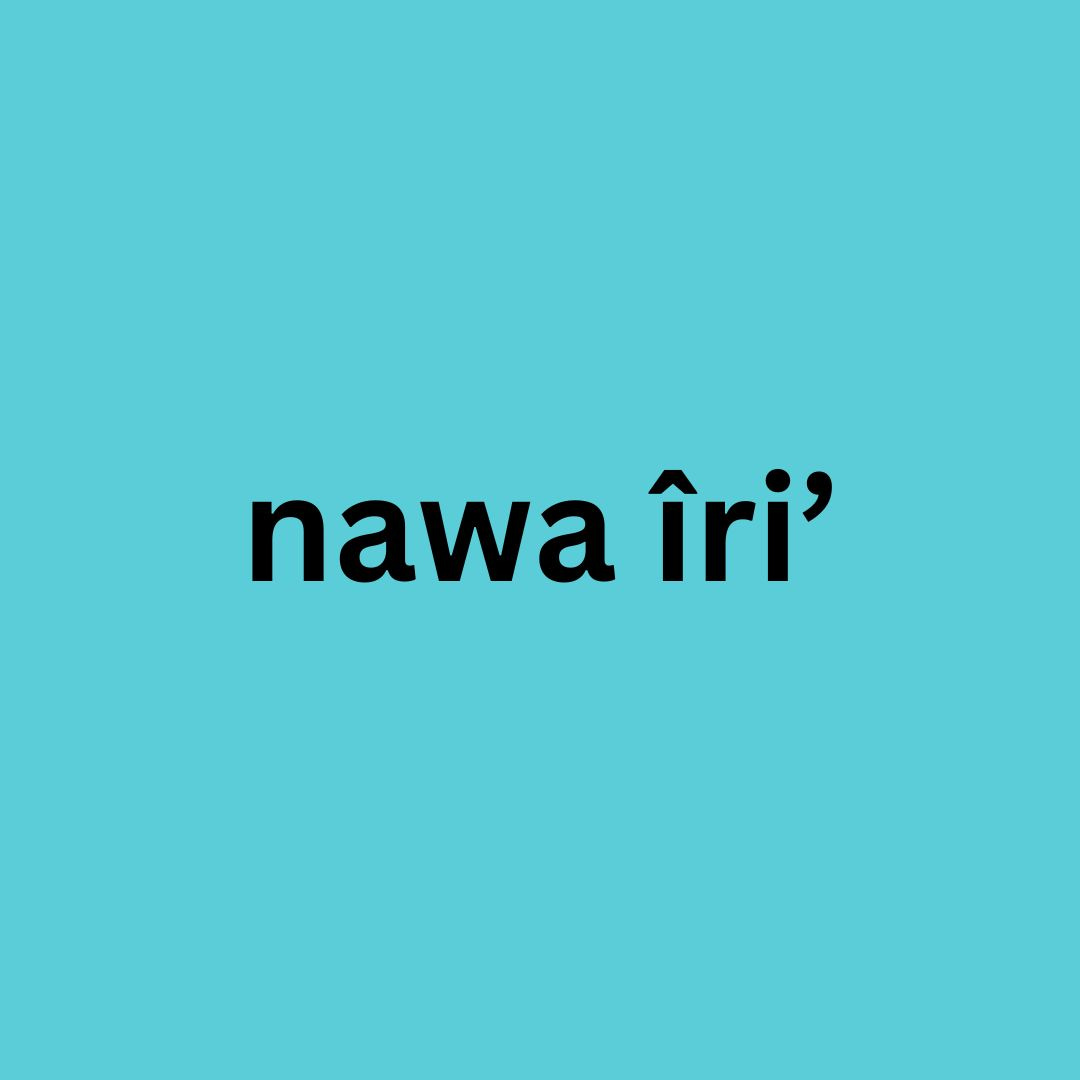
Pawnee Language LearningEp. 96 - Thank you. You're welcome.nawa îri’ - thank youtâtačikstêhu’ - I am thankful / thank you very much [Southband dialect]tâtačikstîhu’ - I am thankful / thank you very much [Skidi dialect]nawa - a way to respond to being thanked.Pawnee Language Learning is a reader-supported publication. To support the Pawnee Language Program, please consider becoming a free or paid subscriber. Get full access to Pawnee Language Learning at pawneelanguagelearning.substack.com/subscribe
2024-12-2003 min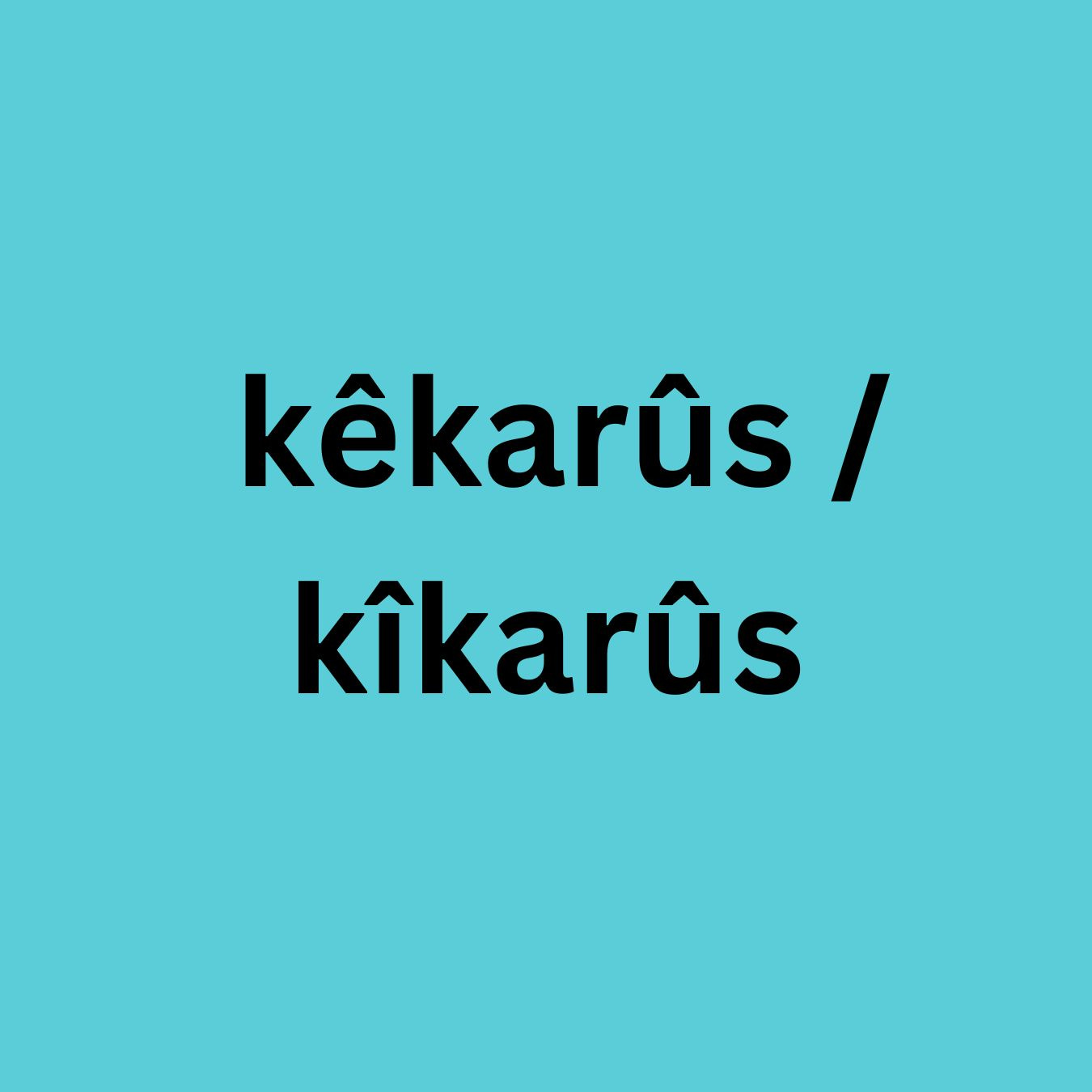
Pawnee Language LearningEp. 95 - Good morningkêkarûs - it is early [Southband greeting]kîkarûs - it is early [Skidi greeting]Pawnee Language Learning is a reader-supported publication. To support the Pawnee Language Program, consider becoming a free or paid subscriber. Get full access to Pawnee Language Learning at pawneelanguagelearning.substack.com/subscribe
2024-12-1703 min
Pawnee Language LearningEp. 94 - The Winter HuntWith the sudden drop in temperature, I have found myself thinking of my ancestors, especially my Pawnee ancestors, and what they would have been doing this time of year. Resource:The Lost Universe, by Gene WeltfishPawnee Language Learning is a reader-supported publication. To support the Pawnee Language Program, please consider becoming a free or paid subscriber. Get full access to Pawnee Language Learning at pawneelanguagelearning.substack.com/subscribe
2024-12-0506 min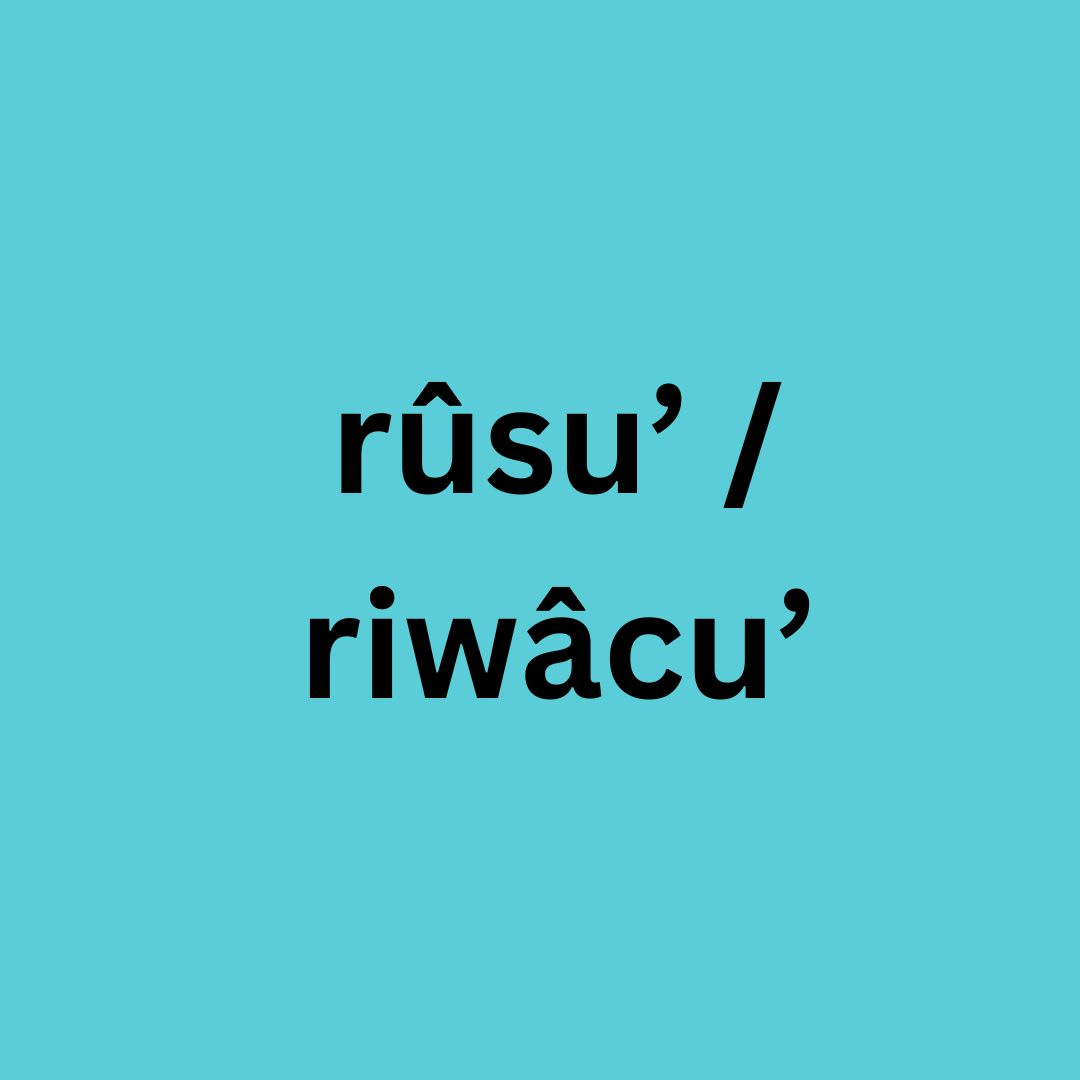
Pawnee Language LearningEp. 93 - Bottom / Belly Buttonrûsu’ - bottom/ buttocksriwâcu’ - belly button/ navel. [c= “ts” sound]Pawnee Language Learning is a reader-supported publication. To support the Pawnee Language Program, please consider becoming a free or paid subscriber. Get full access to Pawnee Language Learning at pawneelanguagelearning.substack.com/subscribe
2024-12-0303 min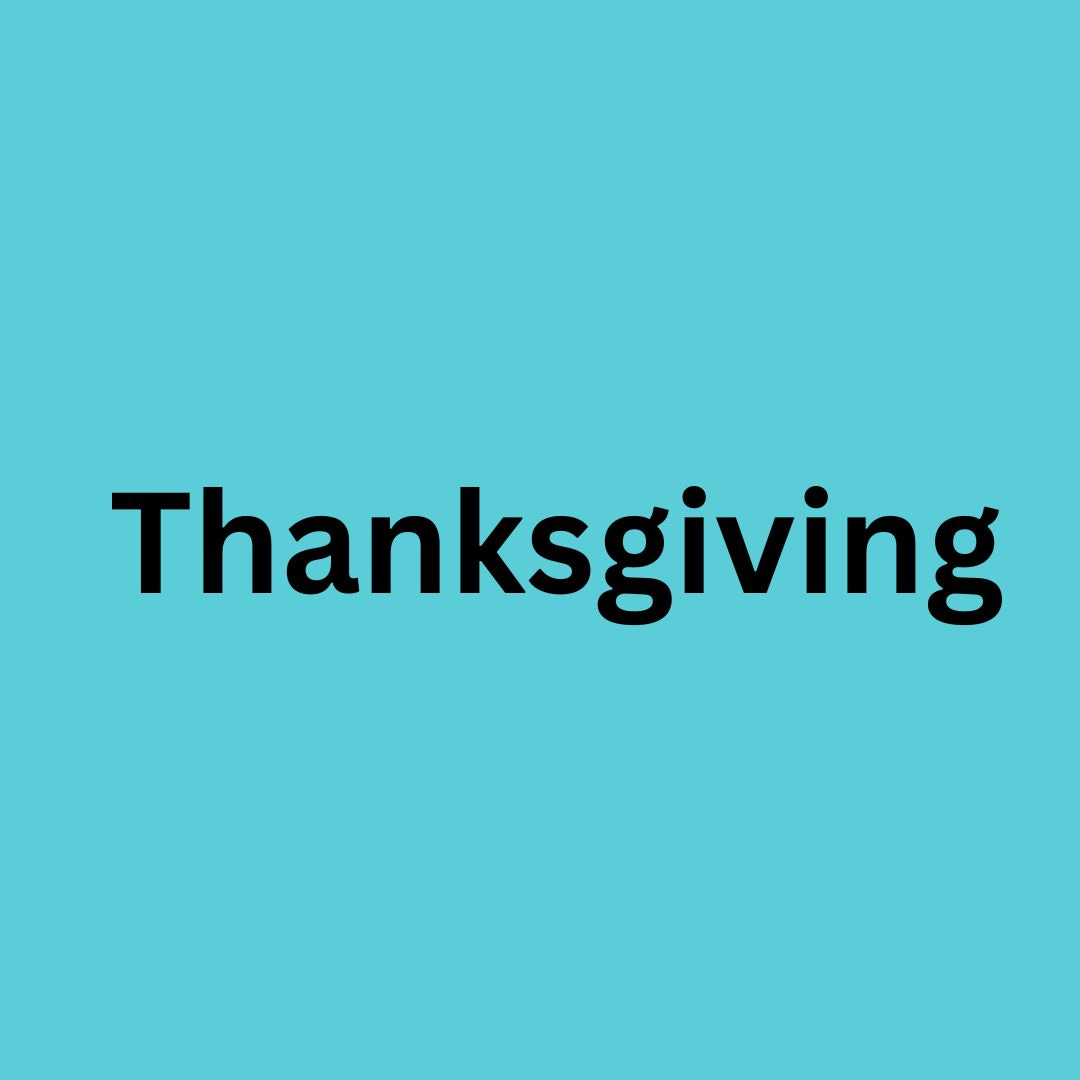
Pawnee Language LearningEp. 92 - Thanksgivingtisakûrihu’ - It’s a special day.râkârûhkucu’ - Thanksgiving [râkârû = meal; kucu’ = big] [c = “ts” sound]tâtačikstêhu’ - I’m thankful (Southband dialect) [see episode 53 to review]tâtačikstîhu’ - I’m thankful (Skidi dialect) [see episode 53 to review]kitûhâru’ - turkey (Skidi dialect)kitûhrâru’ - turkey (Southband dialect)Pawnee Language Learning is a reader-supported publication. To support the Pawnee Language Program, consider becoming a free or paid subscriber. Get full acces...
2024-11-2808 min
Pawnee Language LearningEp. 91 -Activity: Where is your_? Here is my_.Where is your__?kiru - wherera - question marker [like the English “?”]s - you/yourku - to be sitting [all body parts either sit or hang]ta - to be hanging [all body parts either sit or hang]_____Here is my __.tî - positive statement markerrit - I have it/ myku - to be sitting [all body parts either sit or hang]ta - to be hanging [all body parts either sit or ha...
2024-11-2504 min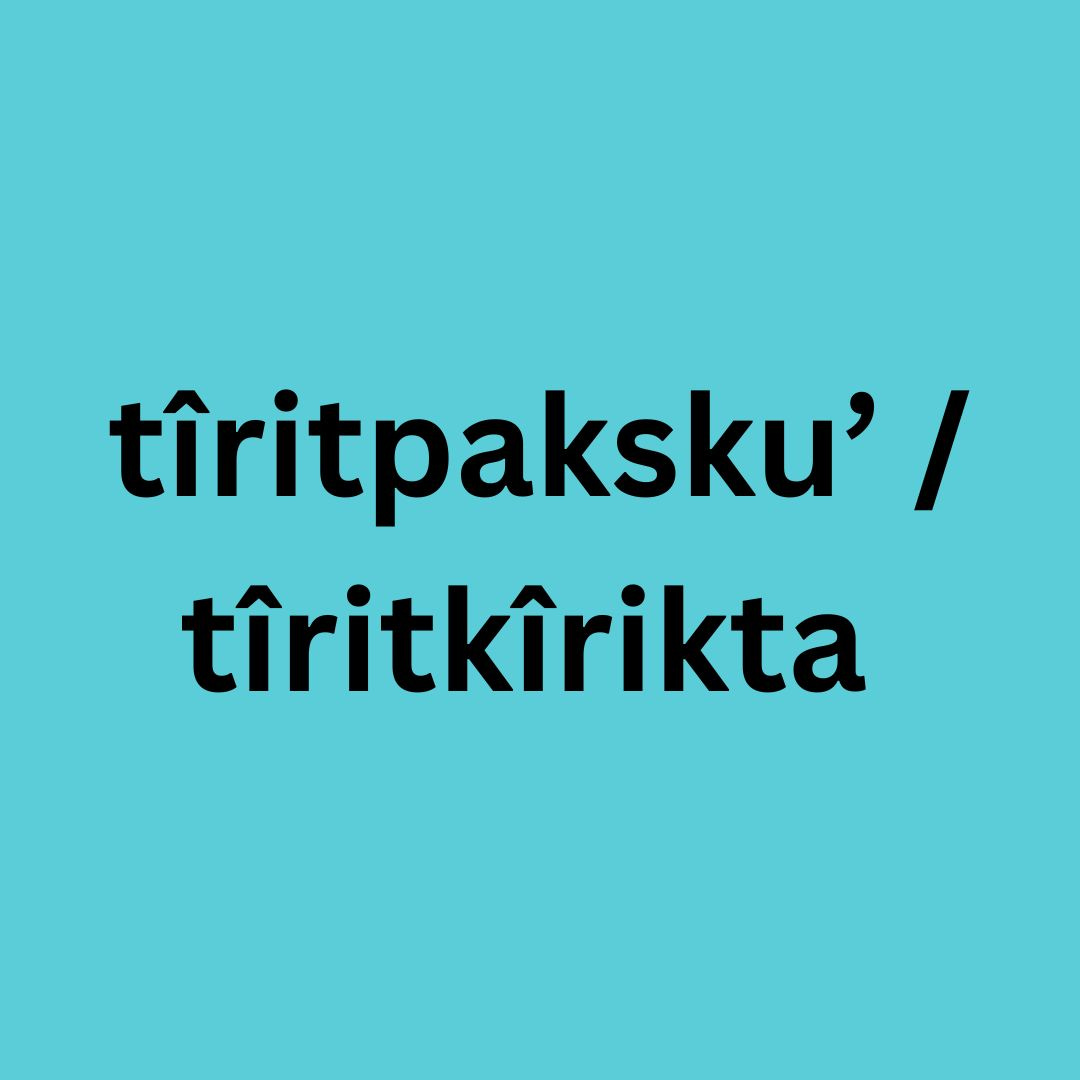
Pawnee Language LearningEp. 90 - Here is my____.tî - positive statement markerrit - I have itpaks - head [the “u” in paksu’ is dropped when using it in a sentence]ku - to be sitting [all body parts either “sit” or “hang”]kîrik - eye [the “u” in kîrîku’ is dropped when using in a sentence]ta - to be hanging [all body parts either “sit” or “hang”]Pawnee Language Learning is a reader-supported publication. To support the Pawnee Language Program, please consider becoming a free or paid subscriber. ...
2024-11-2104 min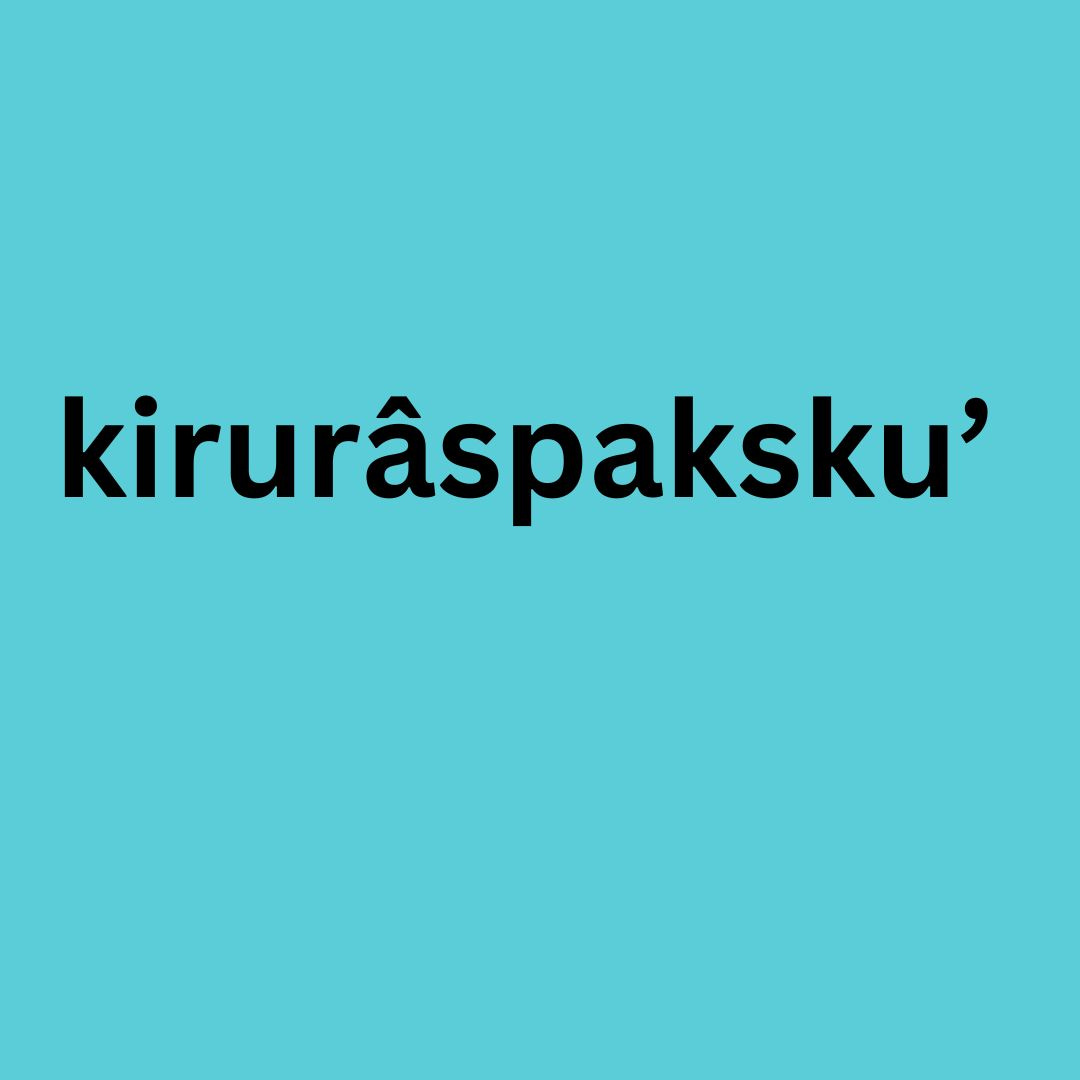
Pawnee Language LearningEp. 89 - Where Is Your___?kiru - whererâ - question marker, like the English “?” s - you/yourpaks - head [the “u” in paksu’ is dropped when using in a sentence]ku - location marker indicating “sitting.” Literal translation - Where is your head sitting?kîrik - eye [the “u” in kîrîku’ is dropped when using in a sentence]ta - location marker indicating “hanging.” Literal translation - Where is your eye hanging?Pawnee Language Learning is a reader-supported publication. To support the Pawnee Langua...
2024-11-1904 min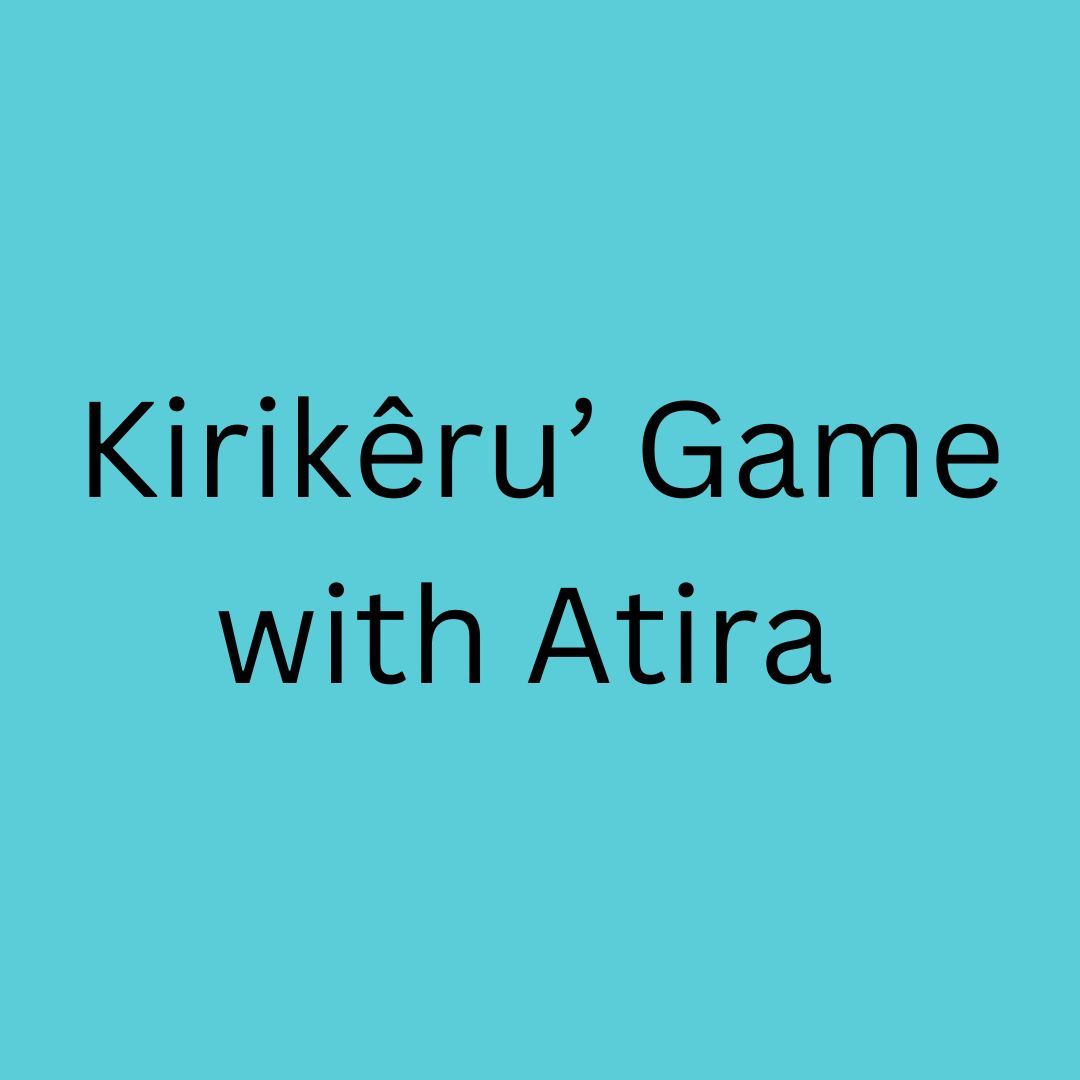
Pawnee Language LearningEp. 88 - Kirikêru Game With AtiraI was visiting Atira (my mother), and we had fun playing the Kirikêru Game.Pawnee Language Learning is a reader-supported publication. To support the Pawnee Language Program, consider becoming a free or paid subscriber. Get full access to Pawnee Language Learning at pawneelanguagelearning.substack.com/subscribe
2024-11-1204 min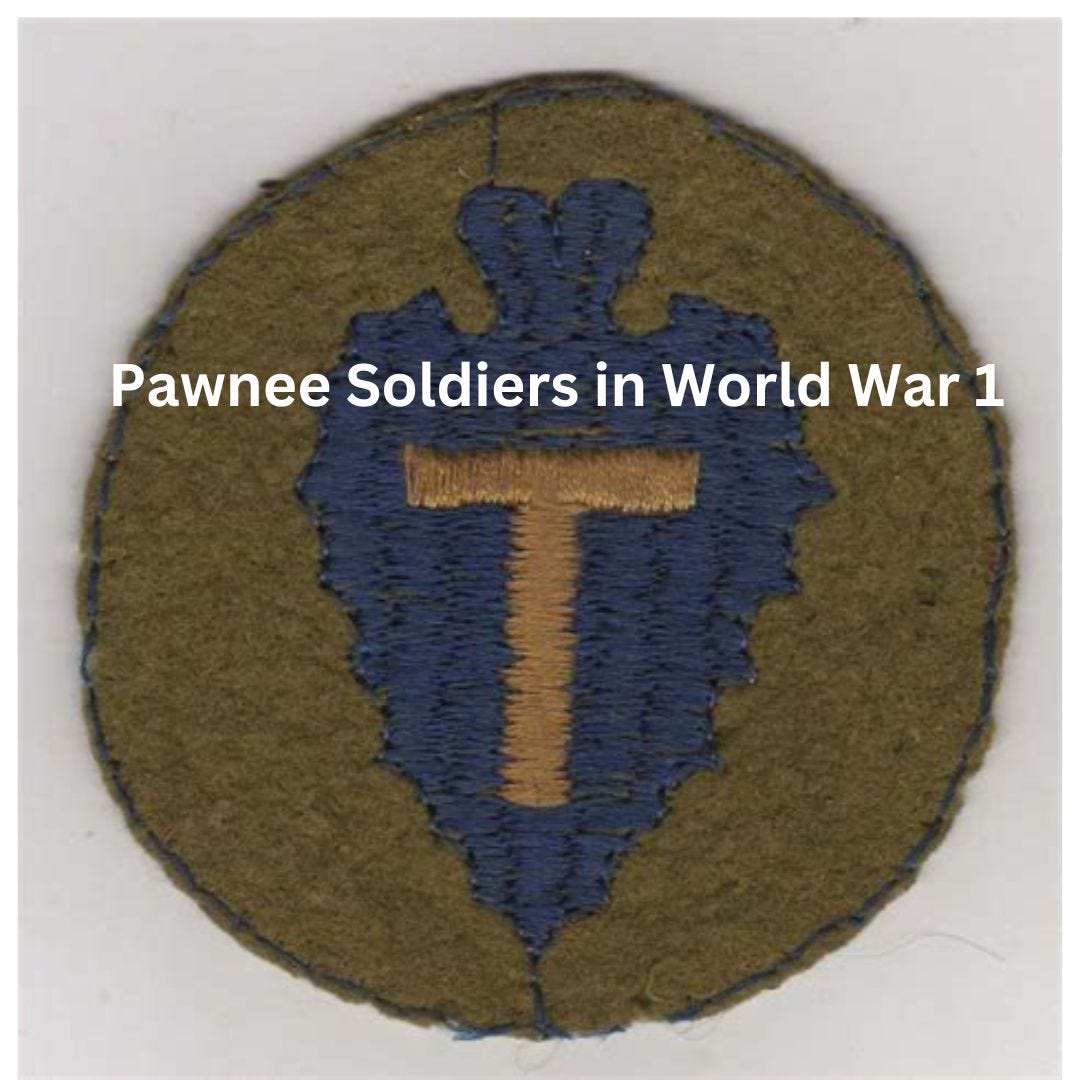
Pawnee Language LearningEp. 87 - Pawnee Soldiers In World War OnePawnee Language Learning is a reader-supported publication. To support the Pawnee Language Program, consider becoming a free or paid subscriber. Get full access to Pawnee Language Learning at pawneelanguagelearning.substack.com/subscribe
2024-11-121h 25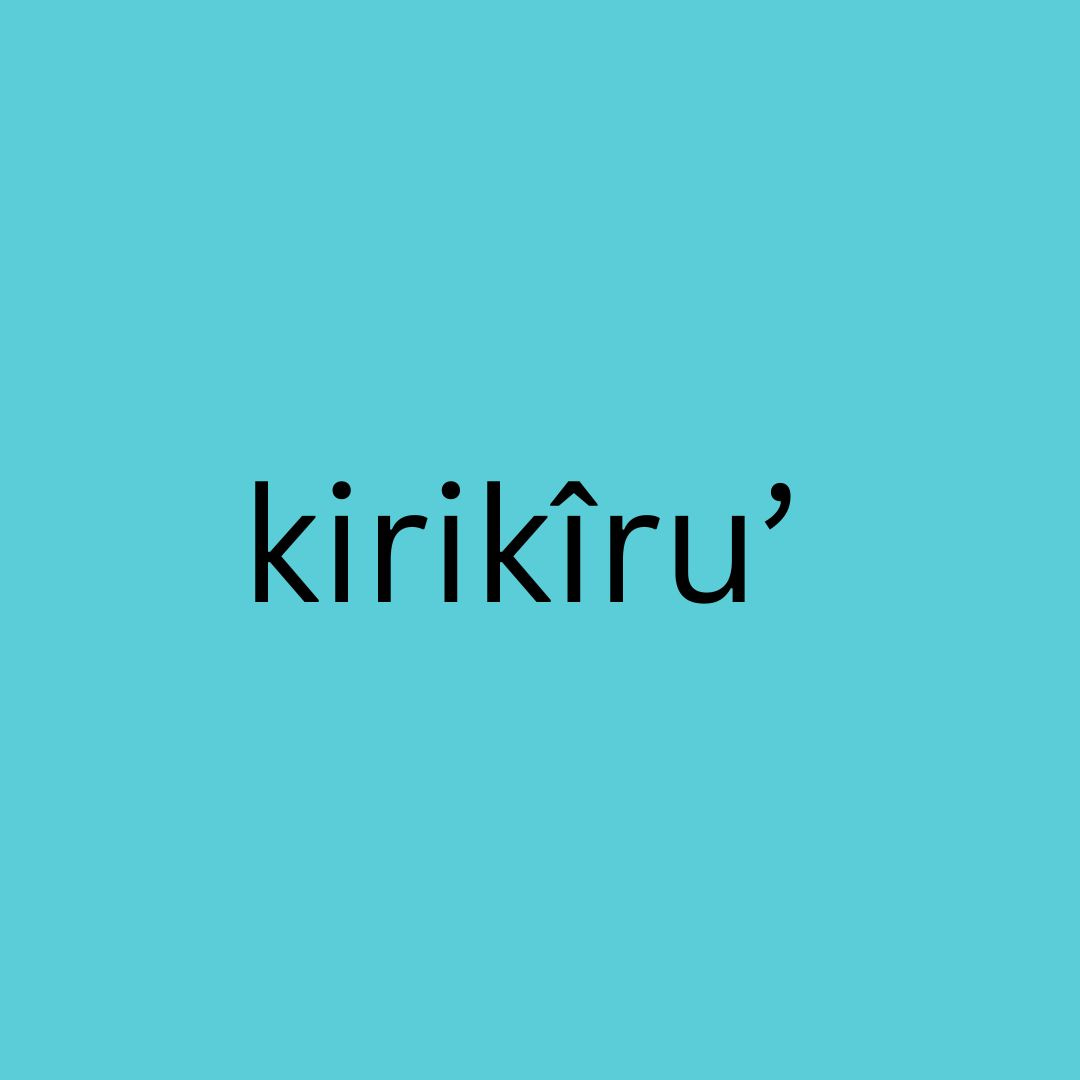
Pawnee Language LearningEp. 86 - Activity: What Is It? / What's This? (SK)kirikîru’ - What is it? (Asking what an object, activity, etc., is) / What’s this? [Skidi dialect]Pawnee Language Learning is a reader-supported publication. To support the Pawnee Language Program, consider becoming a free or paid subscriber. Get full access to Pawnee Language Learning at pawneelanguagelearning.substack.com/subscribe
2024-11-0806 min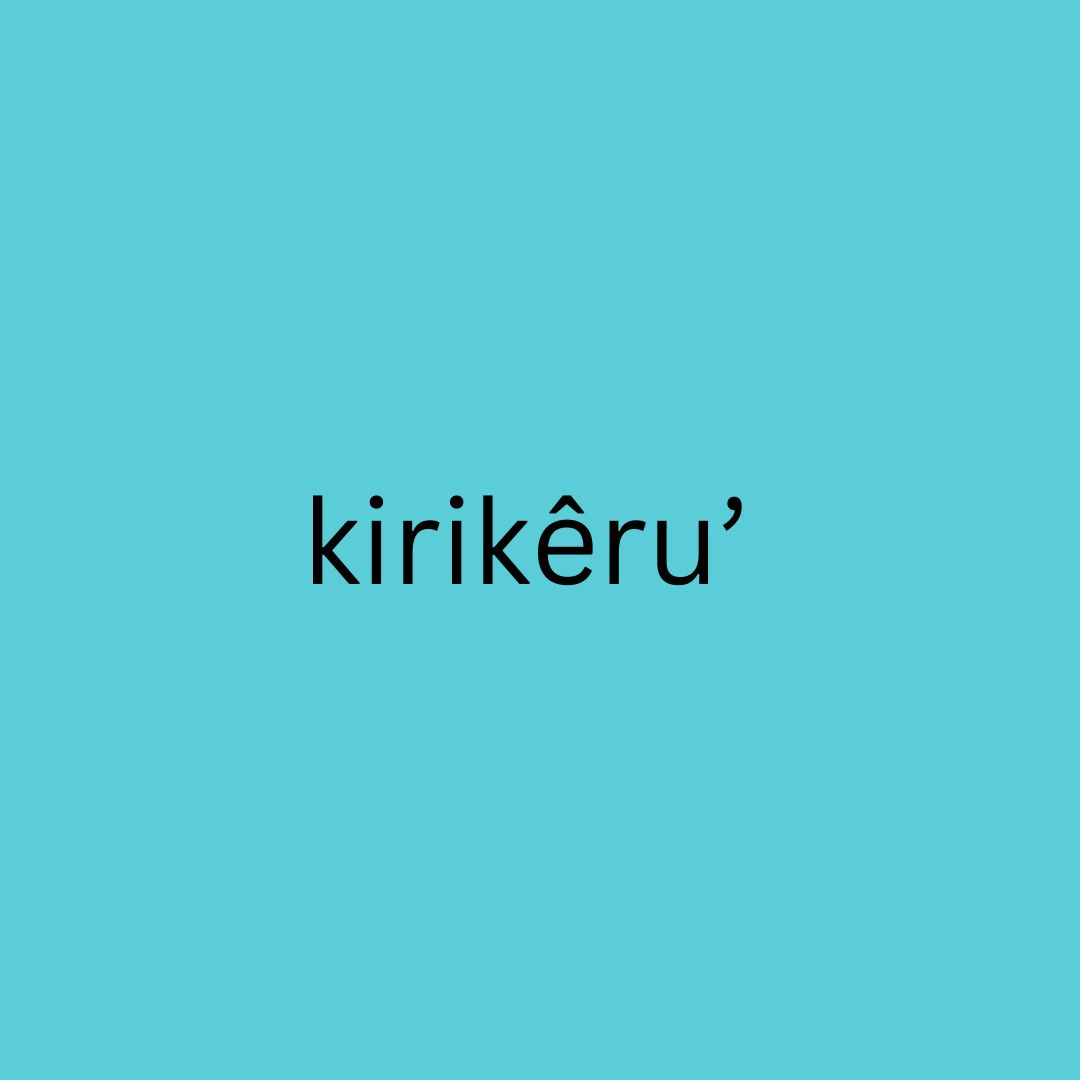
Pawnee Language LearningEp. 85 - Activity: What Is It? / What's This?(SB)kirikêru’ - What is it? (Asking what an object, activity, etc., is) / What’s this? [Southband dialect]Pawnee Language Learning is a reader-supported publication. To support the Pawnee Language Program, consider becoming a free or paid subscriber. Get full access to Pawnee Language Learning at pawneelanguagelearning.substack.com/subscribe
2024-11-0507 min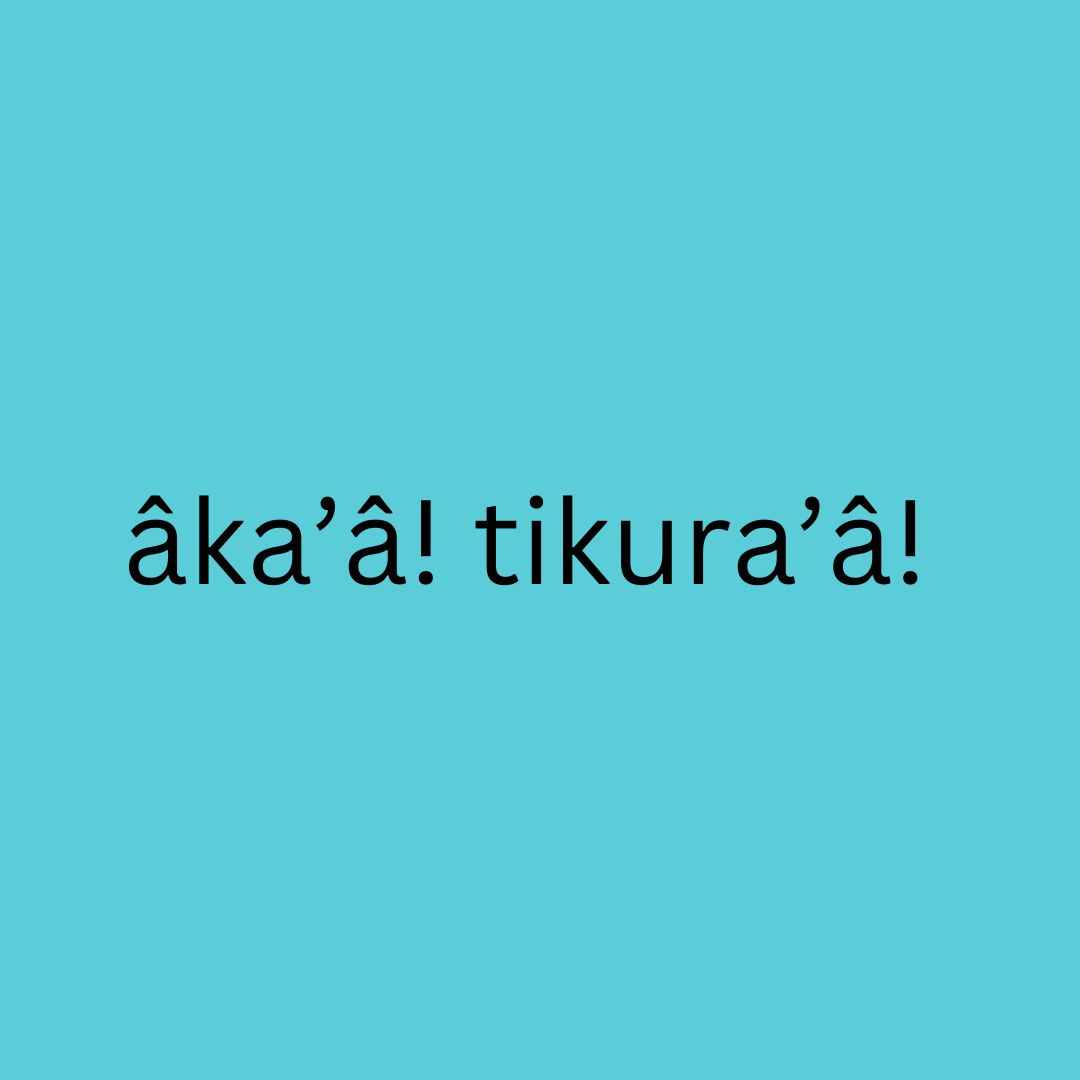
Pawnee Language LearningEp. 84 - Ouch! That hurts!âka’â! - exclamation of surprisetikura’â - it pains me Pawnee Language Learning is a reader-supported publication. To support the Pawnee Language Program, consider becoming a free or paid subscriber. Get full access to Pawnee Language Learning at pawneelanguagelearning.substack.com/subscribe
2024-11-0103 min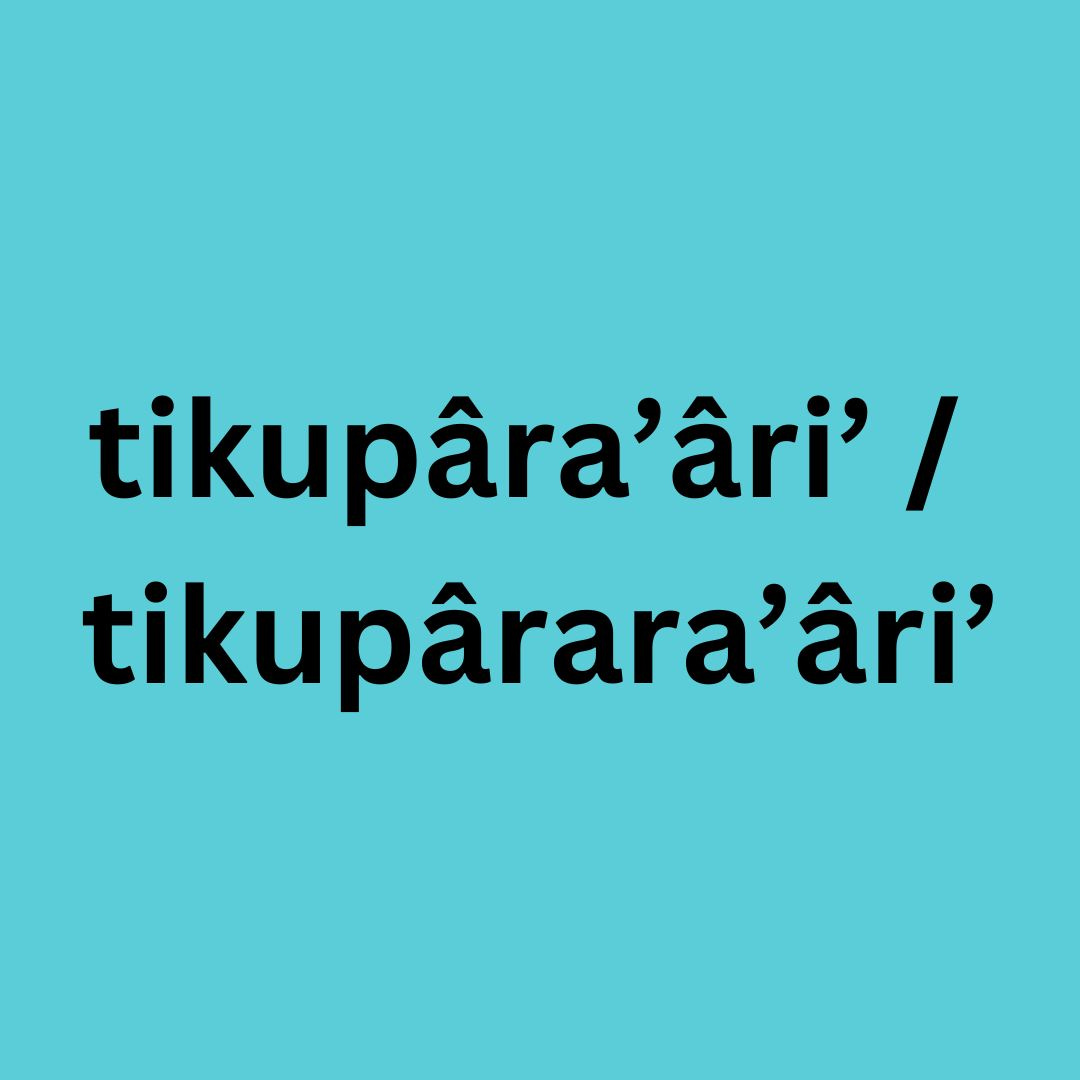
Pawnee Language LearningEp. 83 - My Knee Is Hurting/ My Knees Are Hurtingti - positive statement markerku - I [tiku has been described as meaning, “something is happening to me”]pâ- [pâkîsu’ is the stand alone word for kneecap area. pâ- means general knee area, but it cannot be used alone, it must be used in a phrase, as in today’s phrase.]ra’âri’ - hurting/ achingrara’âri’ - [the additional -ra- changes the noun to a plural]Pawnee Language Learning is a reader-supported publication. To support the Pawnee Language Program, consider becoming a free or paid subscri...
2024-10-2803 min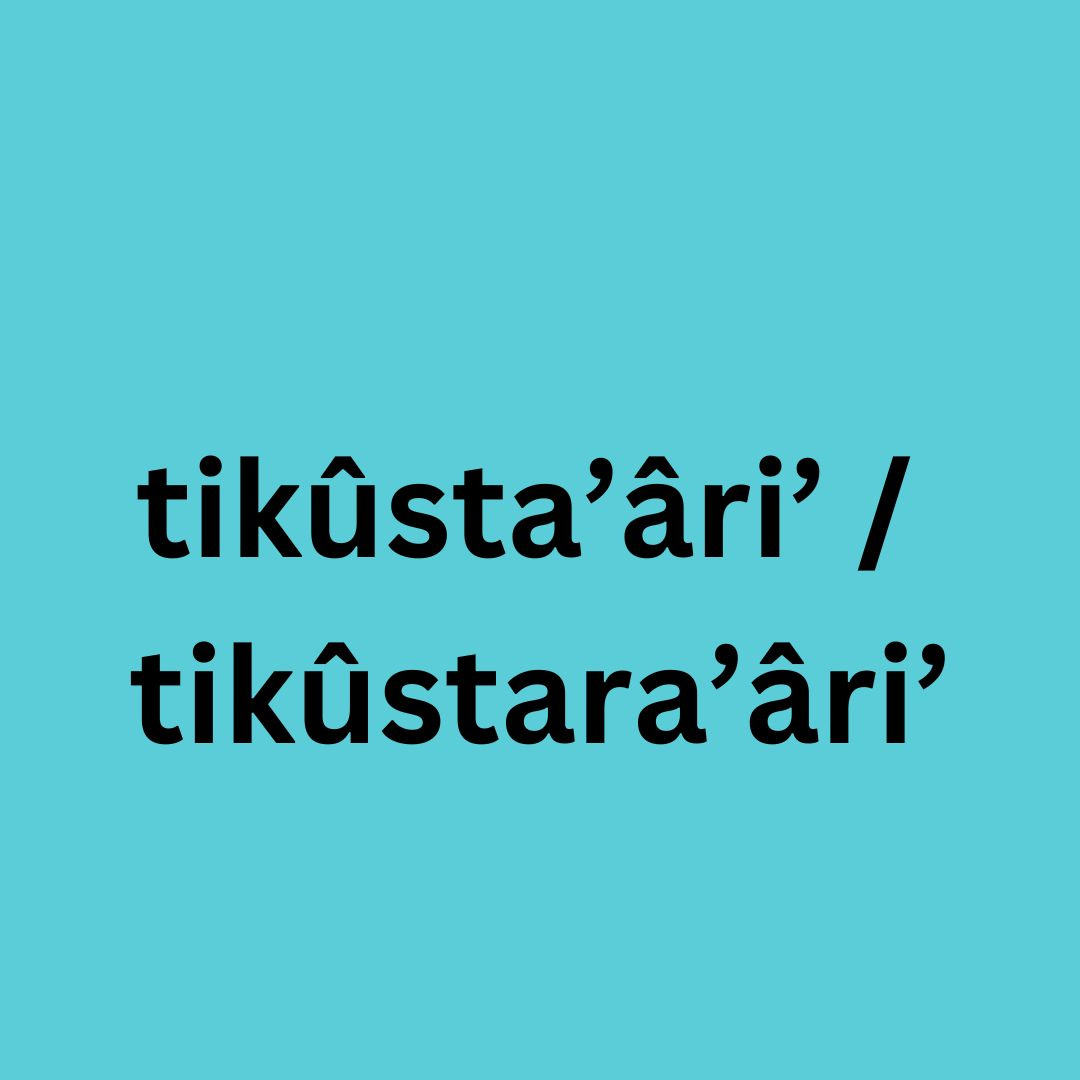
Pawnee Language LearningEp. 82 - My Foot Hurts/ My Feet Hurtti - positive statement markerku - I [tiku has been described as meaning, “something is happening to me”]as - foot [foot by itself is asu’. The ‘u’ is dropped when using it in a sentence and the short ‘u’ in tiku changes to a long ‘û’ sound.] ta’âri’ - hurting/ achingtara’âri’ - [the -ra- changes the noun to a plural]Pawnee Language Learning is a reader-supported publication. To support the Pawnee Language Program, consider becoming a free or paid subscriber. Get full access to P...
2024-10-2403 min
Pawnee Language LearningEp. 81 - Big Spotted HorseMixing family oral history with my own research, I tell the story of my great-great-great grandfather and the role he played in the migration of the Pawnee people from the plains of Nebraska to Indian Territory (now Oklahoma). The Pawnee Nation is commemorating the 150th year since the migration, and I was given the opportunity to tell his story during Culture Class at the Pawnee Museum, Pawnee, Oklahoma.Nawa iri, akitâru’.Pawnee Language Learning is a reader-supported publication. To support the Pawnee Language Program, consider becoming a free or pai...
2024-10-181h 12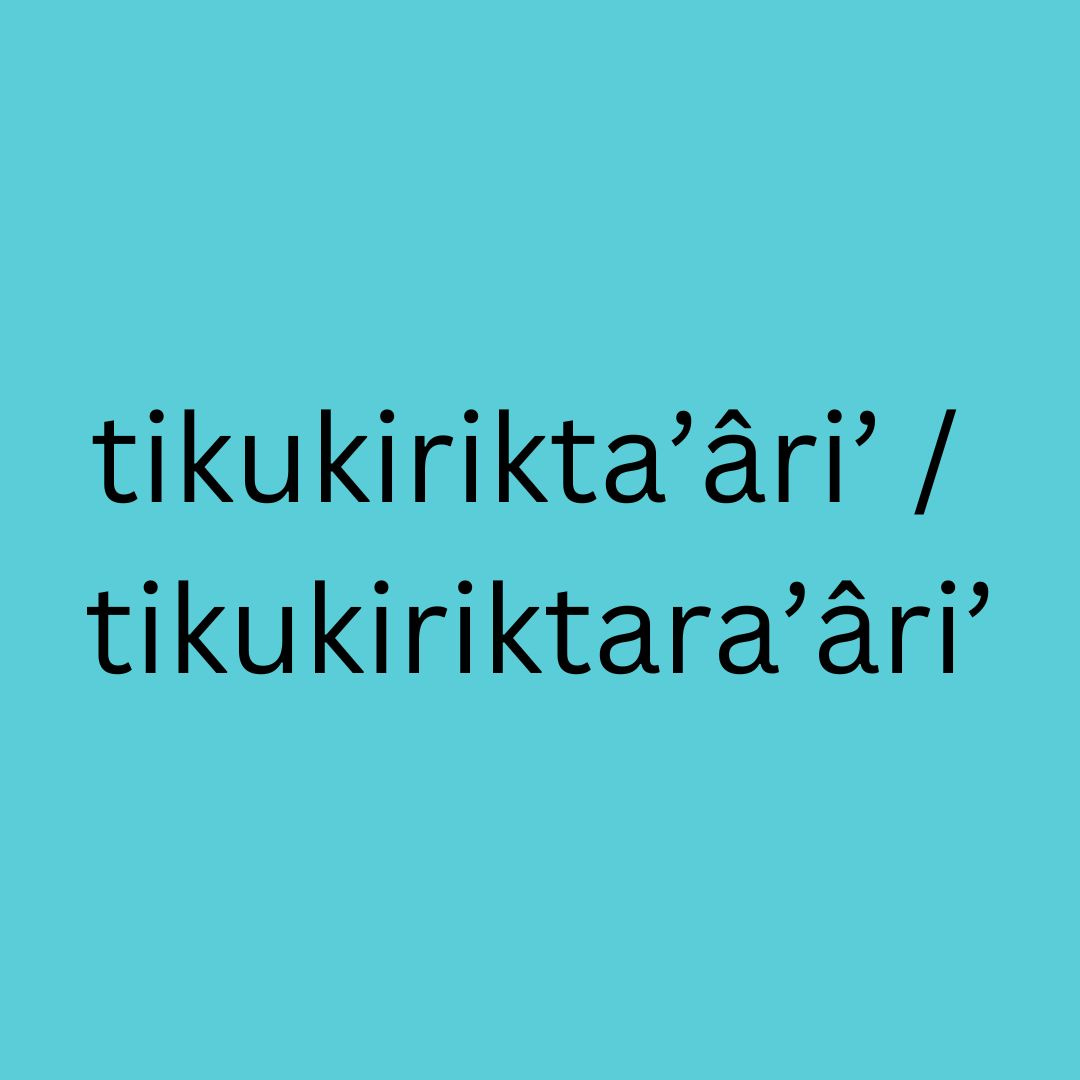
Pawnee Language LearningEp. 80 - My eye is hurting/ My eyes are hurtingti - positive statement markerku - I [tiku has been described as meaning, “something is happening to me”]kirik - eye [eye by itself is kirîku’. The ‘u’ is dropped when using it in a sentence and the long ‘â’ sound changes to a short ‘a’ sound.] [c = ‘ts’ sound]ta’âri’ - hurting/ achingtara’âri’ - [the -ra- changes the noun to a plural]Nora Pratt says, "Tikukiriktara'âri'Pawnee Language Learning is a reader-supported publication. To support the Pawnee Language Program, consider becoming a free o...
2024-10-1603 min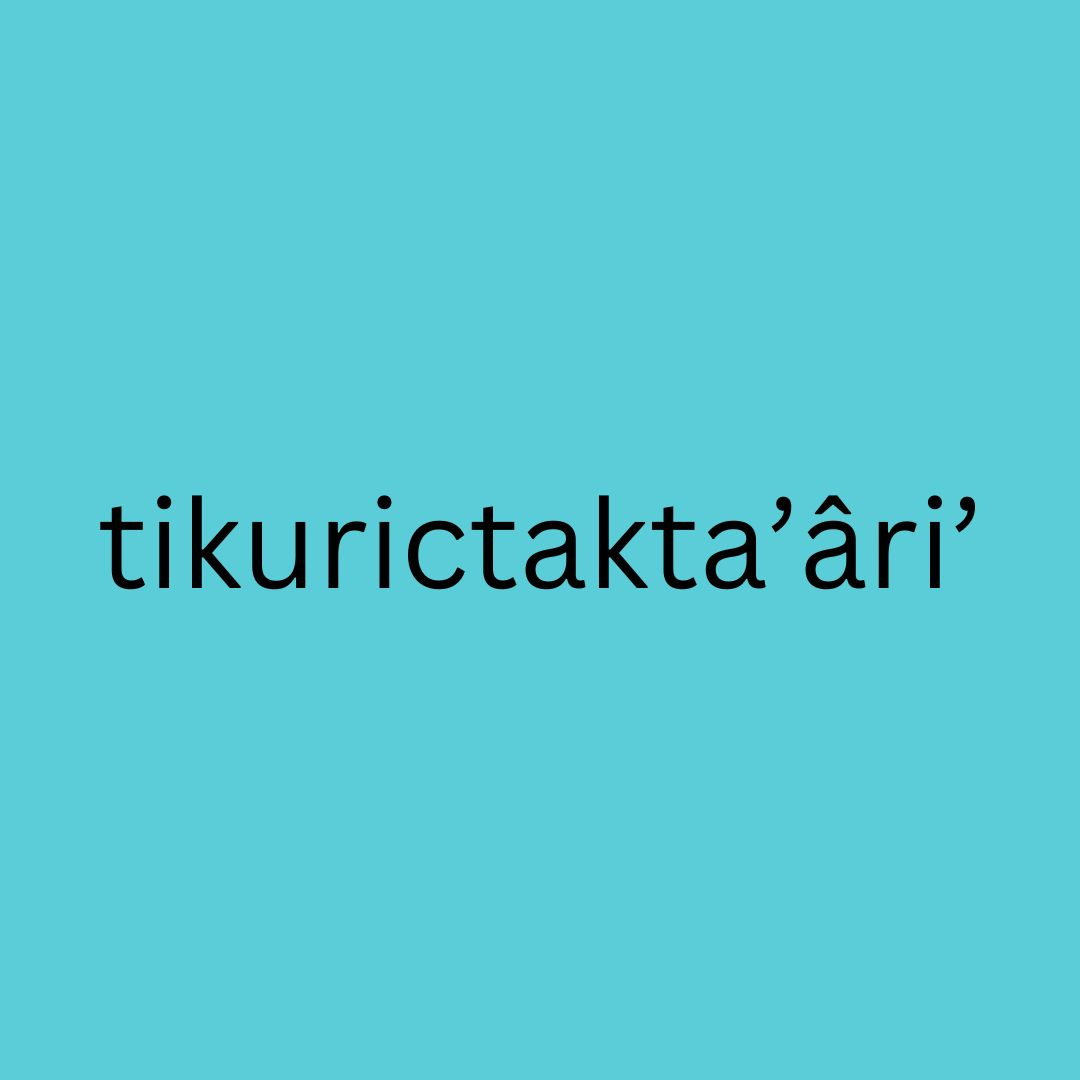
Pawnee Language LearningEp. 79 - My Back Is Hurtingti - positive statement markerku - I [tiku has been described as meaning, “something is happening to me”]rictak - back [back by itself is rictâku’. The ‘u’ is dropped when using it in a sentence and the long ‘â’ sound changes to a short ‘a’ sound.]. [c = ‘ts’ sound]ta’âri’ - hurting/ aching Get full access to Pawnee Language Learning at pawneelanguagelearning.substack.com/subscribe
2024-10-0703 min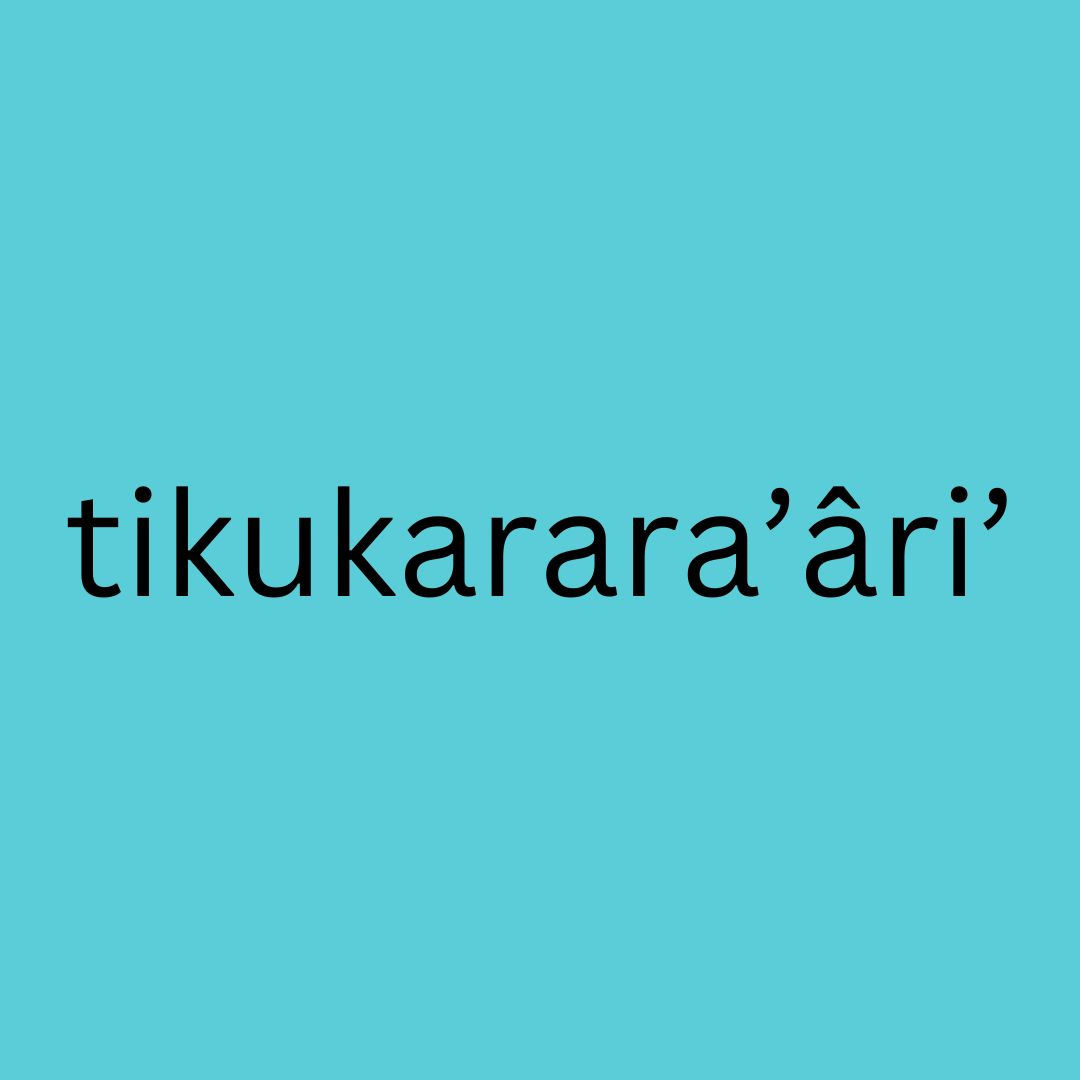
Pawnee Language LearningEp. 78 - My Stomach Is Hurtingti - positive statement markerku - I [tiku has been described as meaning, “something is happening to me”]kara - stomach [stomach by itself is karâru’. The ‘u’ is dropped when using it in a sentence and the long ‘â’ sound changes to the short ‘a’ sound.] ta’âri’ - hurting / aching [-ta’âri’ and -ra’âri’ mean the same thing]Pawnee Language Learning is a reader-supported publication. To support the Pawnee Language Program, consider becoming a free or paid subscriber. Get full access to Pawnee Language...
2024-10-0303 min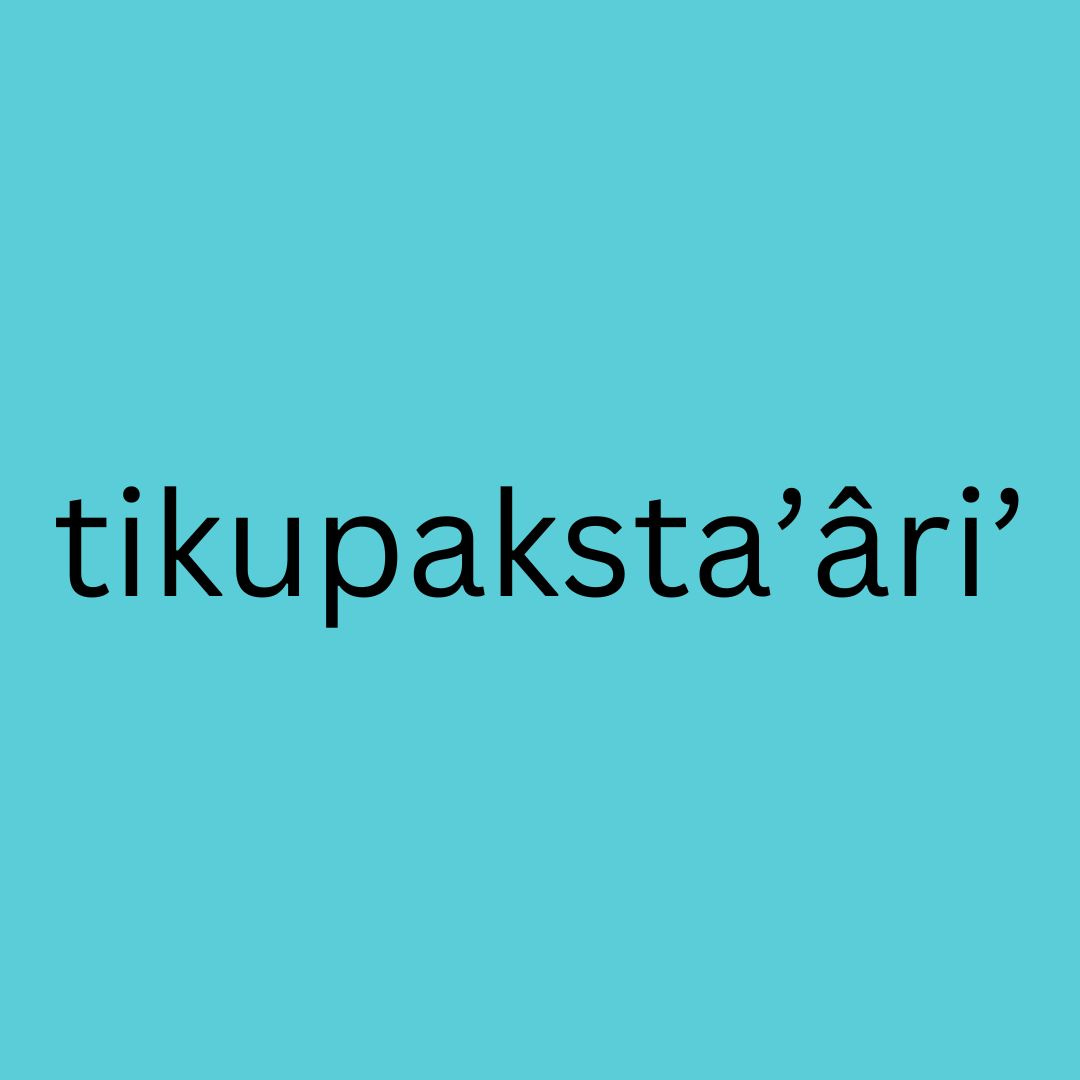
Pawnee Language LearningEp. 77 - My Head Is Hurtingtikupaksta’âri’ - My head is hurting/ I have a headache.ti - positive statement markerku - I [tiku has been described as meaning, “something is happening to me”]paks - head [head by itself is paksu’. The ‘u’ is dropped when using it in a sentence]ta’âri - hurting [-ra’âri’ and -ta’âri’ mean the same thing]Pawnee Language Learning is a reader-supported publication. To support the Pawnee Language Program, consider becoming a free or paid subscriber. Get full access to Pawne...
2024-09-3004 min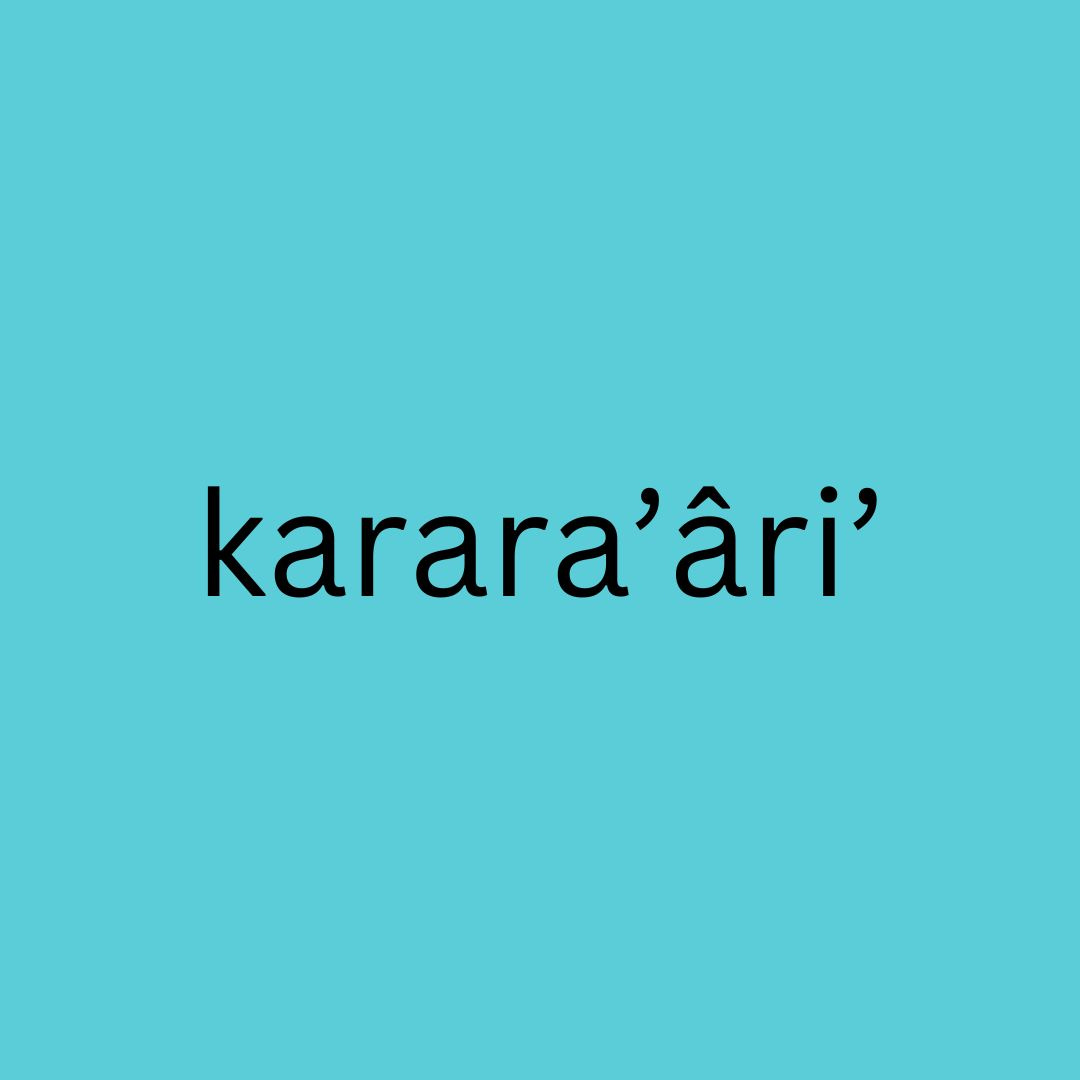
Pawnee Language LearningEp. 76 - Are You Hurting/ Aching?**karara’âri’ - Are you hurting/ aching?kara - yes/no question markera - youra’âri - hurting/ aching [ra’âr is the dictionary form of the verb; -a’âri is the Incomplete Form of a verb, meaning the action is not yet complete, it’s still happening, roughly equivalent to the -ing form of an English verb.]**âhû’, tikura’âri’ - Yes, I am hurting. (Southband dialect)**hâ’u’, tikura’âri’ - Yes, I am hurting. (Skidi dialect)âhu’ - yes (Southband dialect) / hâ’u’ - yes (Skidi dialect)ti - posit...
2024-09-2606 min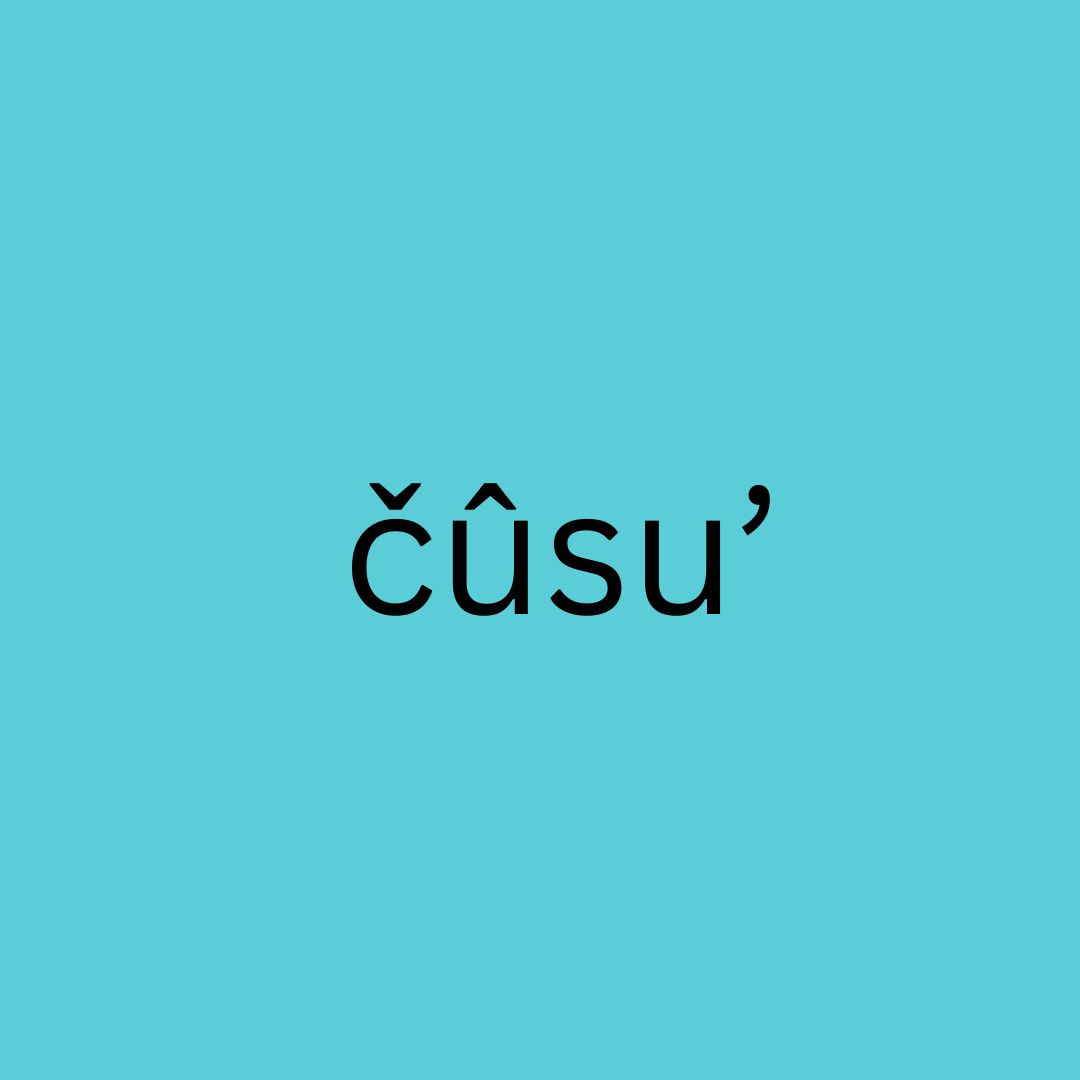
Pawnee Language LearningEp. 75 - Nosečûsu’ - nose/ snout. [č = ‘ch’ sound]Pawnee Language Learning is a reader-supported publication. To support the Pawnee Language Program, consider becoming a free or paid subscriber. Get full access to Pawnee Language Learning at pawneelanguagelearning.substack.com/subscribe
2024-09-2301 min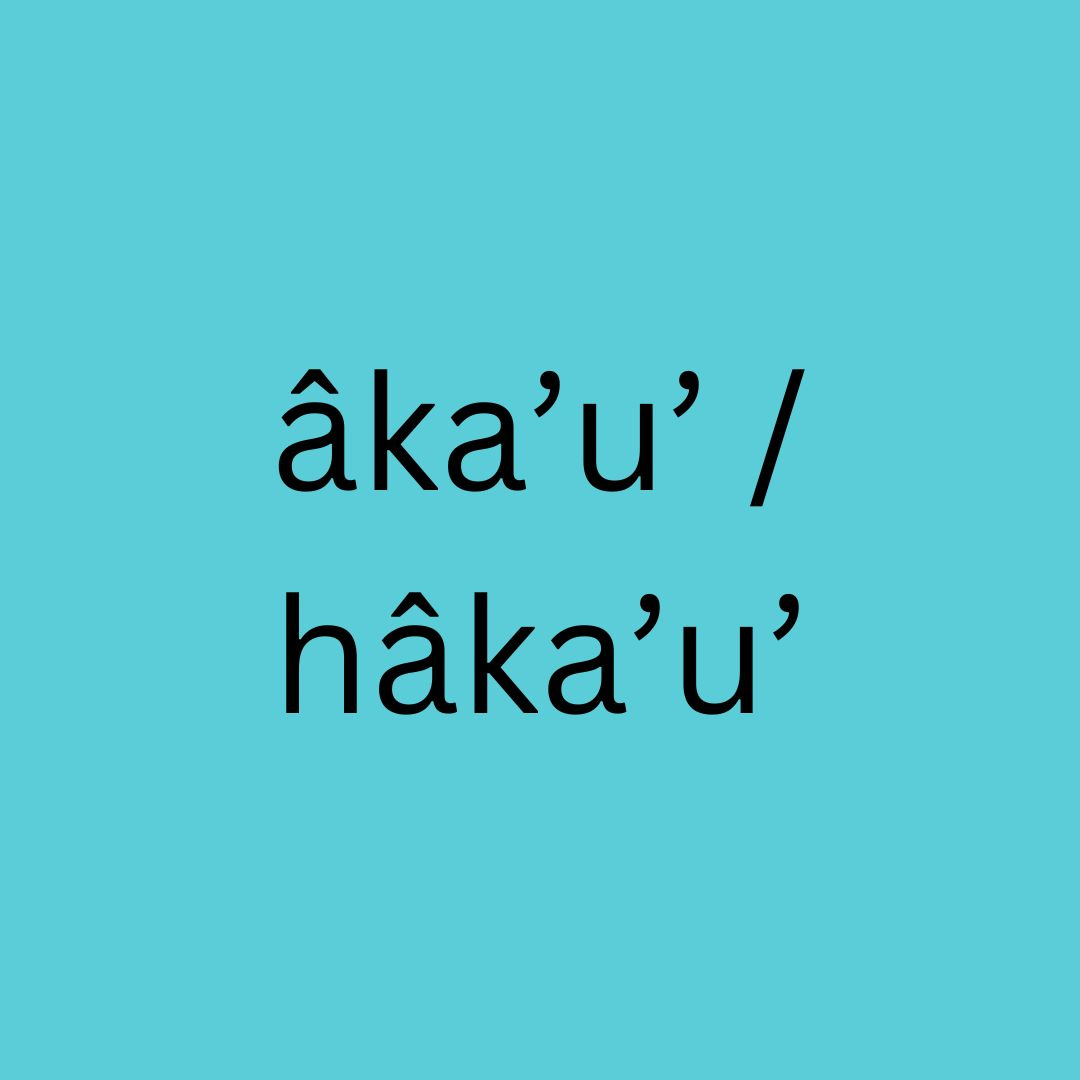
Pawnee Language LearningEp. 74 - Mouthâka’u’ - mouth (Southband dialect)hâka’u’ - mouth (Skidi dialect)Pawnee Language Learning is a reader-supported publication. To support the Pawnee Language Program, consider becoming a free or paid subscriber. Get full access to Pawnee Language Learning at pawneelanguagelearning.substack.com/subscribe
2024-09-2001 min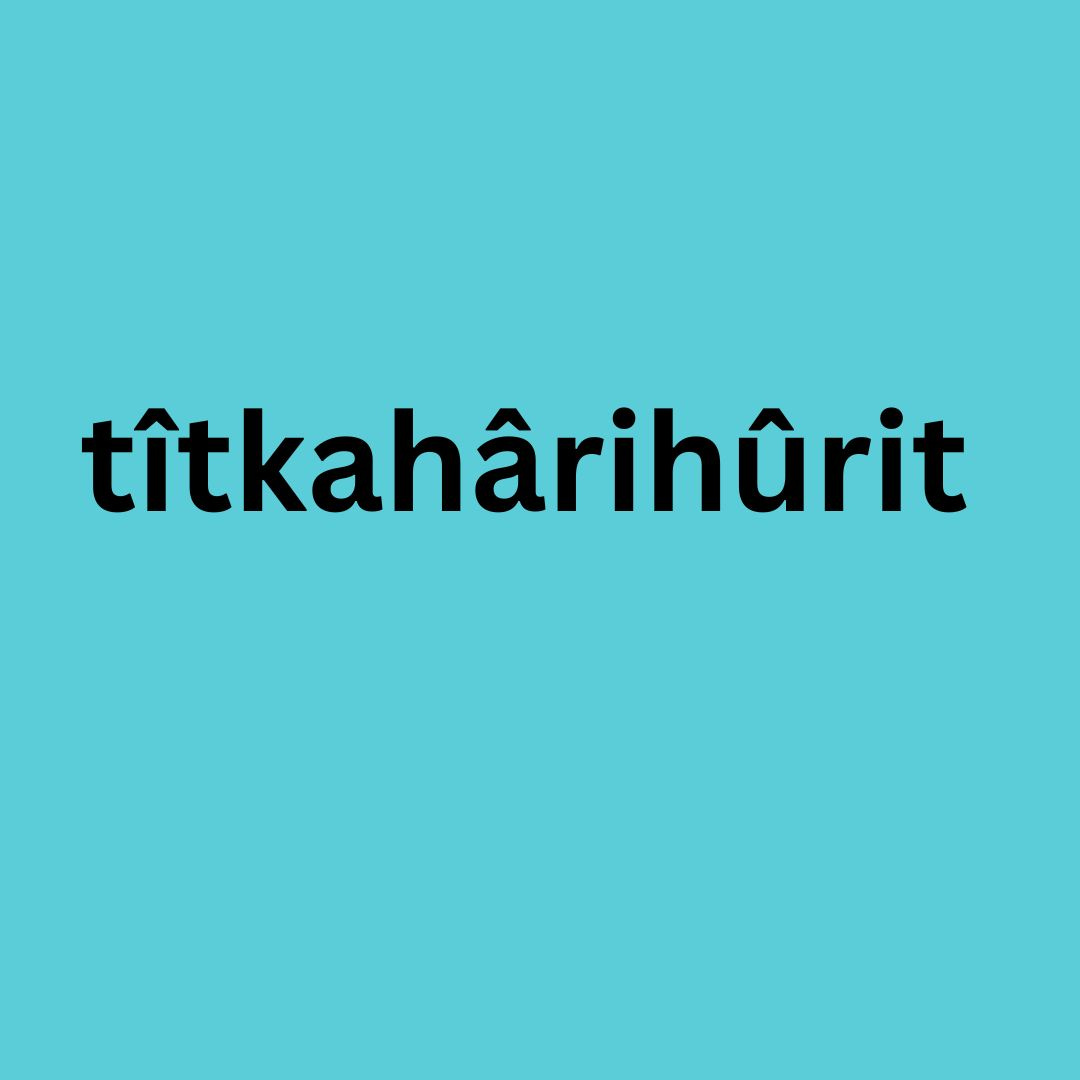
Pawnee Language LearningEp. 73 - S/he's got big earstîtkahârihûrit - he/she has big ears, meaning he or she likes to overhear what people say, likes to eavesdrop, is “all ears".” [There is no grammatical difference between “he” and “she” in the Pawnee language.]Nora Pratt says, "tîtkahârihûrit"Pawnee Language Learning is a reader-supported publication. To support the Pawnee Language Program, consider becoming a free or paid subscriber. Get full access to Pawnee Language Learning at pawneelanguagelearning.substack.com/subscribe
2024-09-1604 min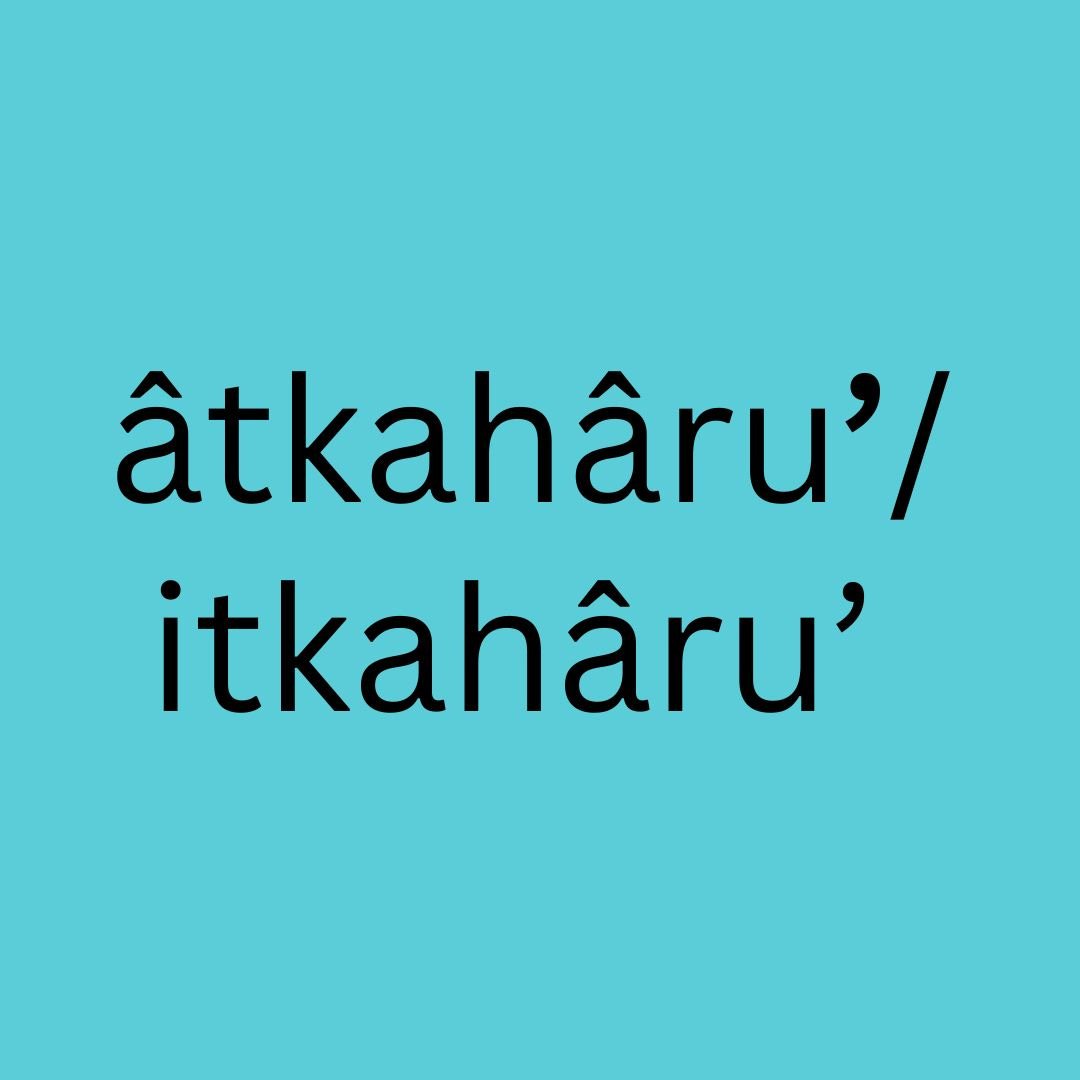
Pawnee Language LearningEp. 72 - Earâtkahâru’ - ear (Southband dialect)itkahâru’ - ear (Skidi dialect)Pawnee Language Learning is a reader-supported publication. To support the Pawnee Language Program, consider becoming a free or paid subscriber. Get full access to Pawnee Language Learning at pawneelanguagelearning.substack.com/subscribe
2024-09-1102 min
Pawnee Language LearningEp. 71 - Eyekîrîku’ - eyekîrîkî - bright eyes, happy eyes; a common nickname for little girlsPawnee Language Learning is a reader-supported publication. To support the Pawnee Language Program, consider becoming a free or paid subscriber. Get full access to Pawnee Language Learning at pawneelanguagelearning.substack.com/subscribe
2024-09-0903 min
Pawnee Language LearningEp. 70 - Fingerikskîcu - finger. [iksu’= hand; kîcu’= neck]Pawnee Language Learning is a reader-supported publication. To support the Pawnee Language Program, consider becoming a free or paid subscriber. Get full access to Pawnee Language Learning at pawneelanguagelearning.substack.com/subscribe
2024-08-3001 min
Pawnee Language LearningEp. 69 - Handiksu’ - handPawnee Language Learning is a reader-supported publication. To support the Pawnee Language Program, consider becoming a free or paid subscriber. Get full access to Pawnee Language Learning at pawneelanguagelearning.substack.com/subscribe
2024-08-2901 min
Pawnee Language LearningEp. 68 - Toeaskîcu’ - toe [as=foot, kîcu’=neck]Pawnee Language Learning is a reader-supported publication. To support the Pawnee Language Program, consider becoming a free or paid subscriber. Get full access to Pawnee Language Learning at pawneelanguagelearning.substack.com/subscribe
2024-08-2801 min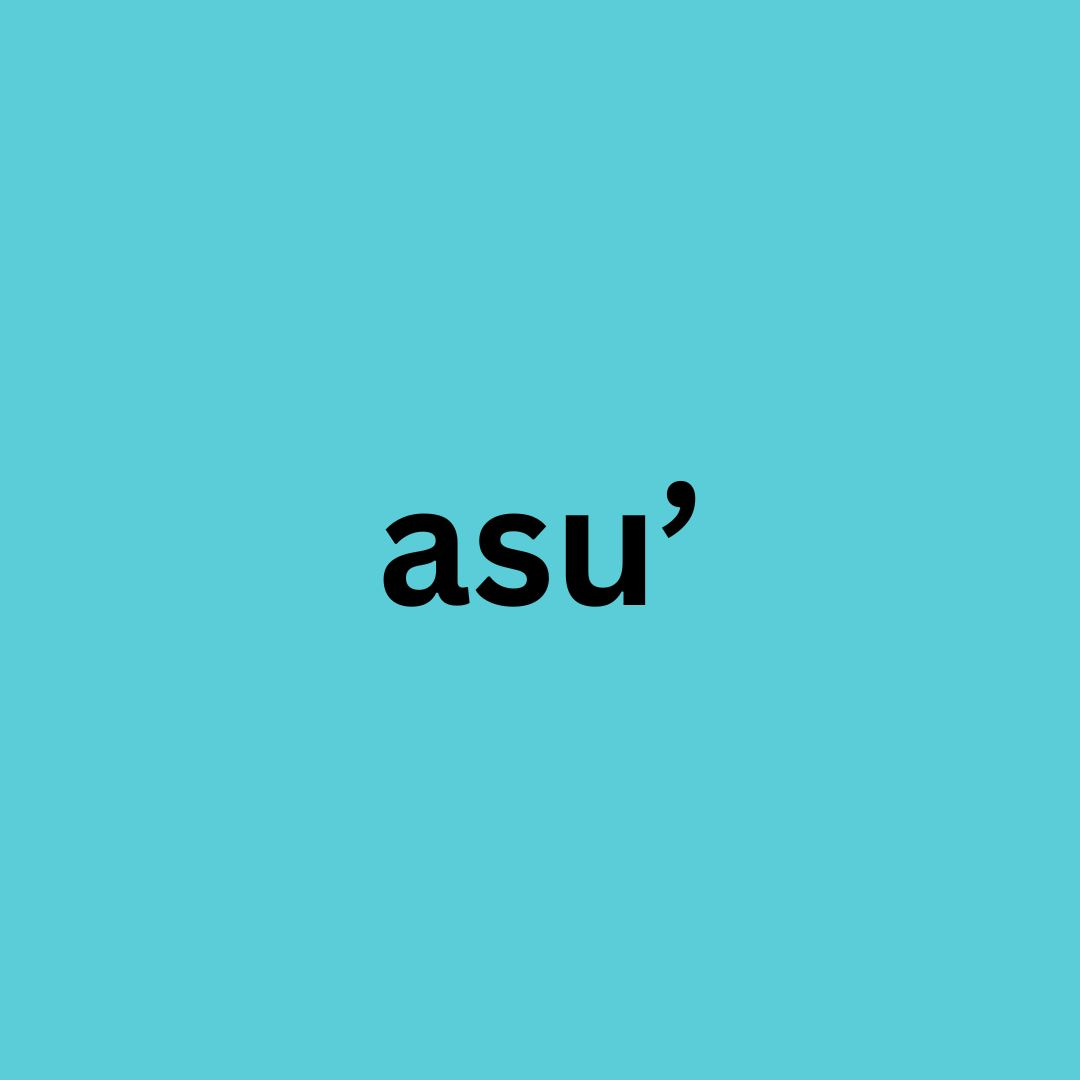
Pawnee Language LearningEp. 67 - Footasu’ - footPawnee Language Learning is a reader-supported publication. To support the Pawnee Language Program, consider becoming a free or paid subscriber. Get full access to Pawnee Language Learning at pawneelanguagelearning.substack.com/subscribe
2024-08-2601 min
Pawnee Language LearningEp. 66 - Kneepâkîsu’ - knee, kneecapPawnee Language Learning is a reader-supported publication. To support the Pawnee Language Program, consider becoming a free or paid subscriber. Get full access to Pawnee Language Learning at pawneelanguagelearning.substack.com/subscribe
2024-08-2301 min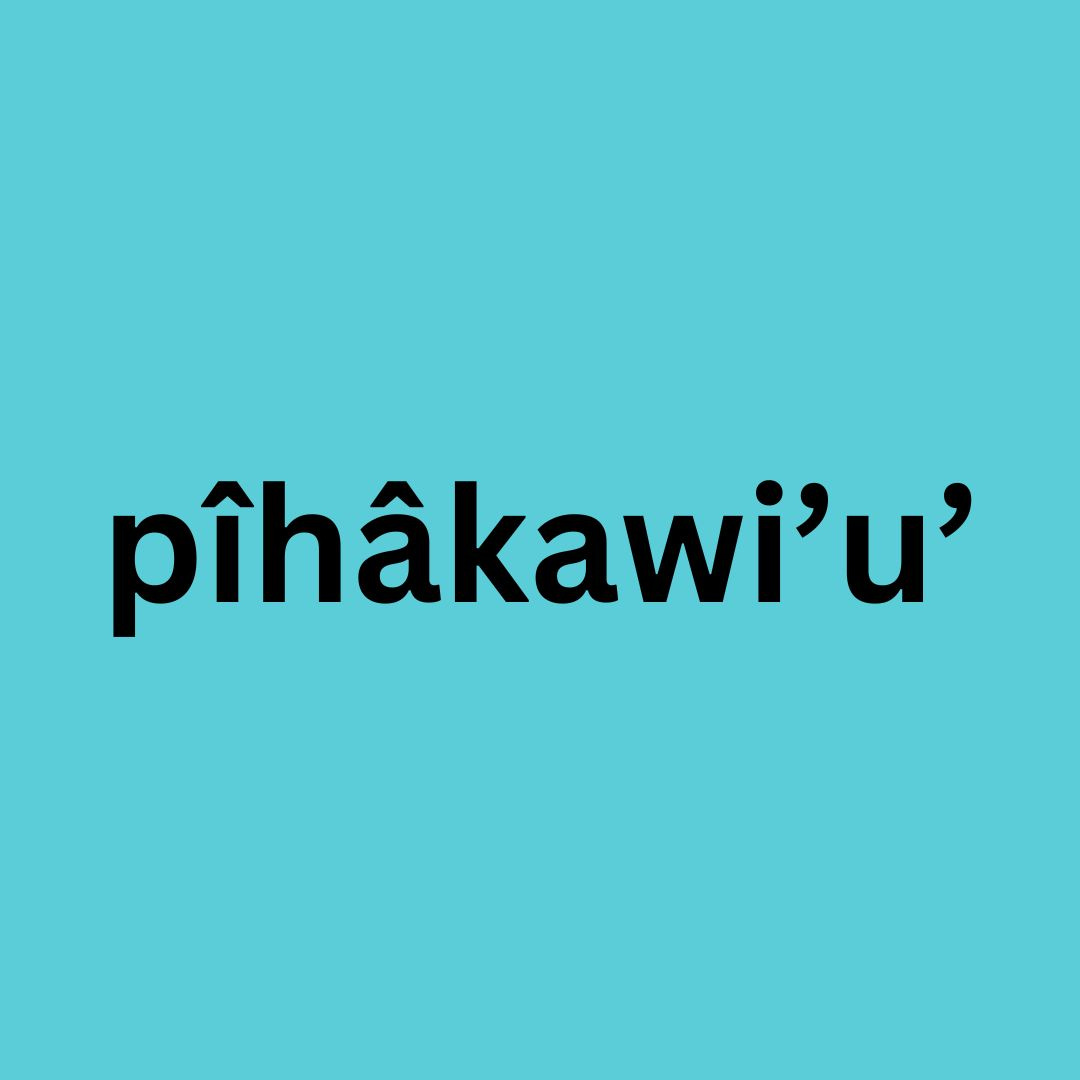
Pawnee Language LearningEp. 65 - Shoulderpîhâkawi’u’ = shoulder (shoulder joint area)Pawnee Language Learning is a reader-supported publication. To support the Pawnee Language Program, consider becoming a free or paid subscriber. Get full access to Pawnee Language Learning at pawneelanguagelearning.substack.com/subscribe
2024-08-2102 min
Pawnee Language LearningEp. 64 - Headpaksu’ - headPawnee Language Learning is a reader-supported publication. To support the Pawnee Language Program, consider becoming a free or paid subscriber. Get full access to Pawnee Language Learning at pawneelanguagelearning.substack.com/subscribe
2024-08-1902 min
Pawnee Language LearningEp. 63 - Female-in-lawMother-in-law, daughter-in-law and sister-in-law — ckurus [c= ‘ts’ sound]Nora Pratt says, "ckurus"Pawnee Language Learning is a reader-supported publication. To support the Pawnee Language Program, consider becoming a free or paid subscriber. Get full access to Pawnee Language Learning at pawneelanguagelearning.substack.com/subscribe
2024-08-0604 min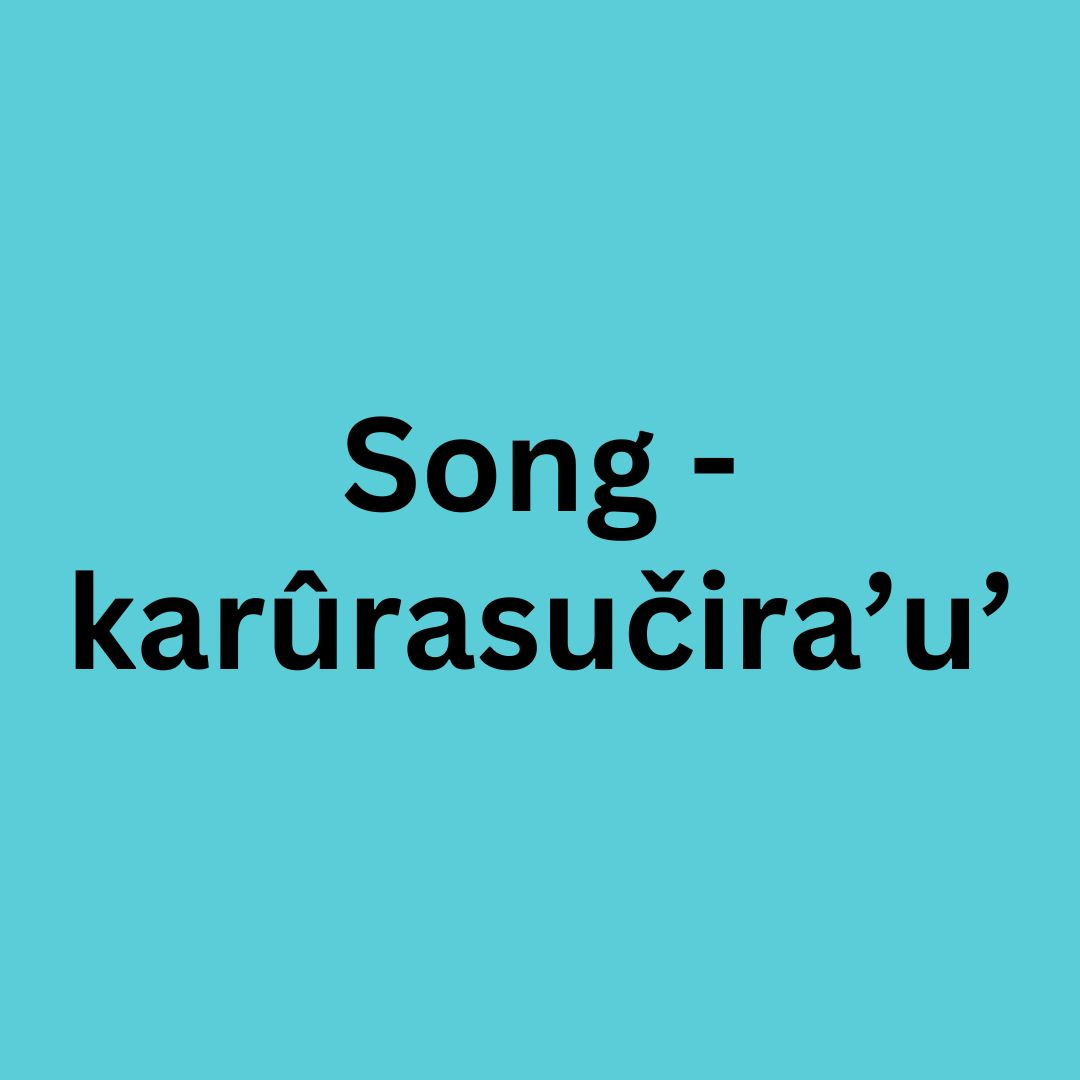
Pawnee Language LearningEp. 62 Song - Karûrasučirâ'u' ?(SK)Here’s a fun song I created (with a little help from my grandkids), using the phrases we’ve been learning here. This song is in the Skidi dialect (SK). The Southband (SB) version is in Episode 56.If you need to review these phrases, please listen to episodes 49 - 55.Enjoy!Pawnee Language Learning is a reader-supported publication. To support the Pawnee Language Program, consider becoming a free or paid subscriber. Get full access to Pawnee Language Learning at pawneelanguagelearning.substack.com/subscribe
2024-08-0603 min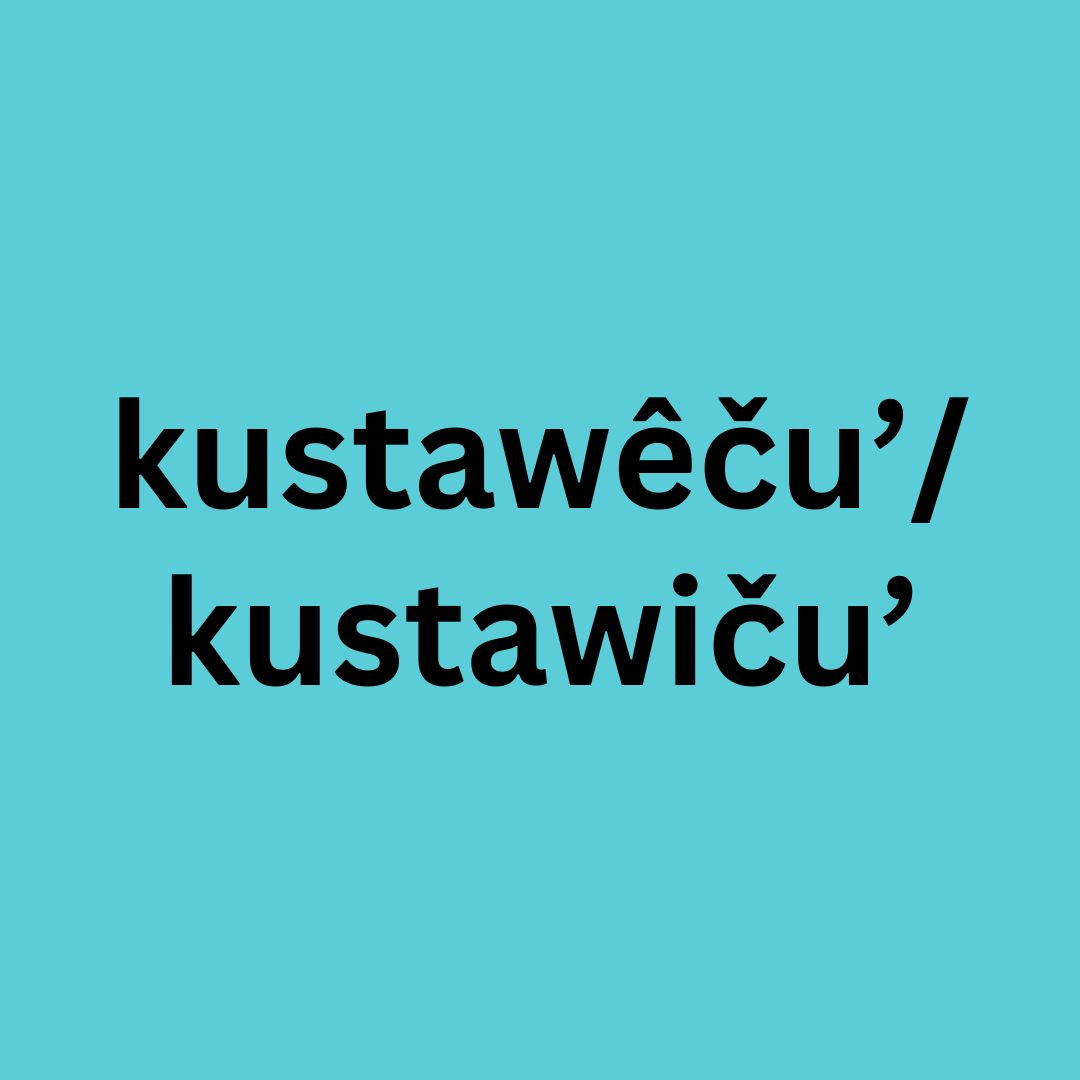
Pawnee Language LearningEp. 61 - Son-in-lawkustawêču’ - son-in-law (Southband dialect)kustawiču’ - son-in-law (Skidi dialect)Tribal linguist Taylor Moore commented that in the recordings he listened to, it wasn’t clear whether it was a ‘c’ [‘ts’ sound], or a č [‘ch’ sound].Pawnee Language Learning is a reader-supported publication. To support the Pawnee Language Program, consider becoming a free or paid subscriber. Get full access to Pawnee Language Learning at pawneelanguagelearning.substack.com/subscribe
2024-07-2506 min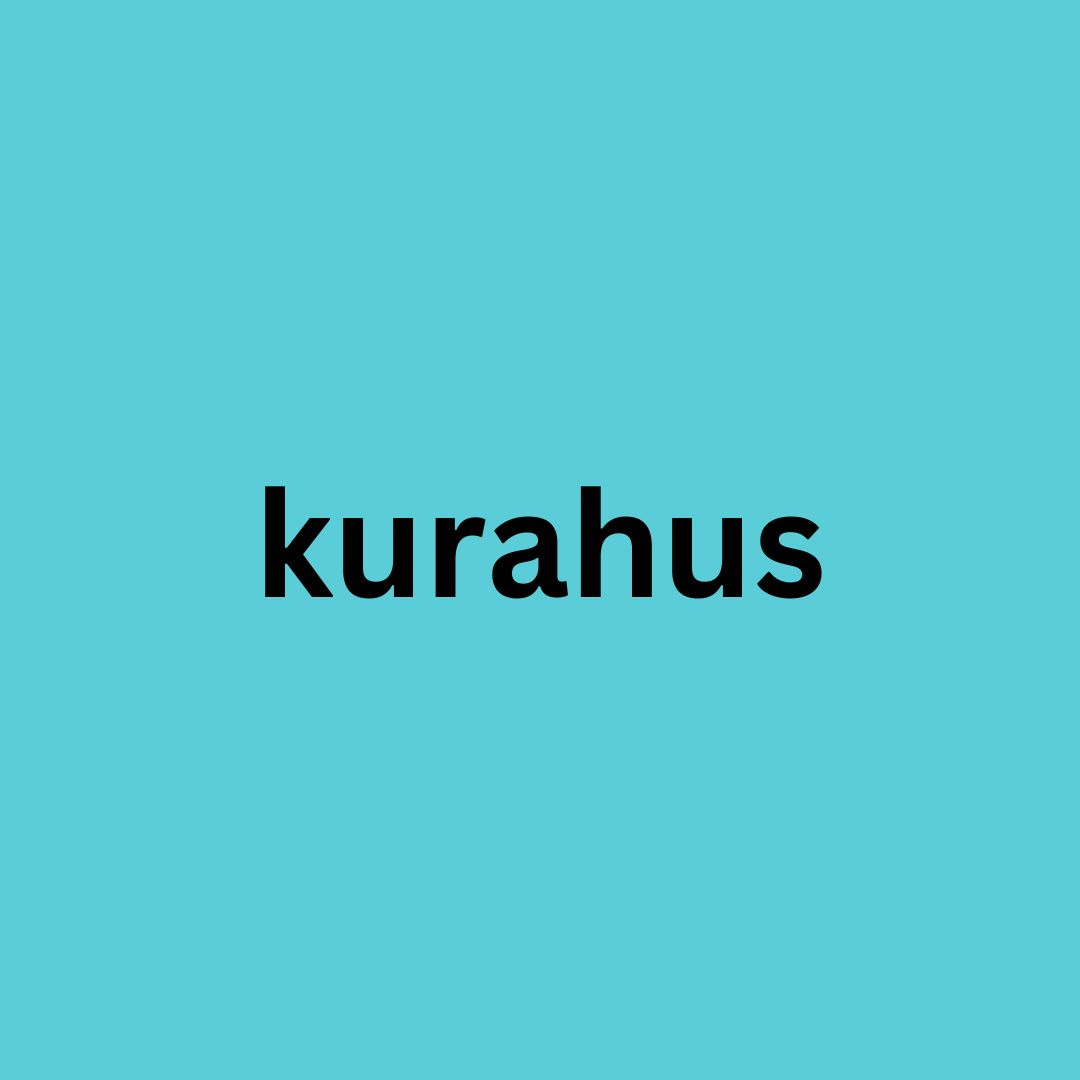
Pawnee Language LearningEp. 60 - Old Mankurahus - old man; longtime husband.Pawnee Language Learning is a reader-supported publication. To support the Pawnee Language Program, consider becoming a free or paid subscriber. Get full access to Pawnee Language Learning at pawneelanguagelearning.substack.com/subscribe
2024-06-2602 min
Pawnee Language LearningEp. 59 - My Husbandrikûktaku’u - my husband; the one who is with me in a spousal relationship.Pawnee Language Learning is a reader-supported publication. To support the Pawnee Language Program, consider becoming a free or paid subscriber. Get full access to Pawnee Language Learning at pawneelanguagelearning.substack.com/subscribe
2024-06-2402 min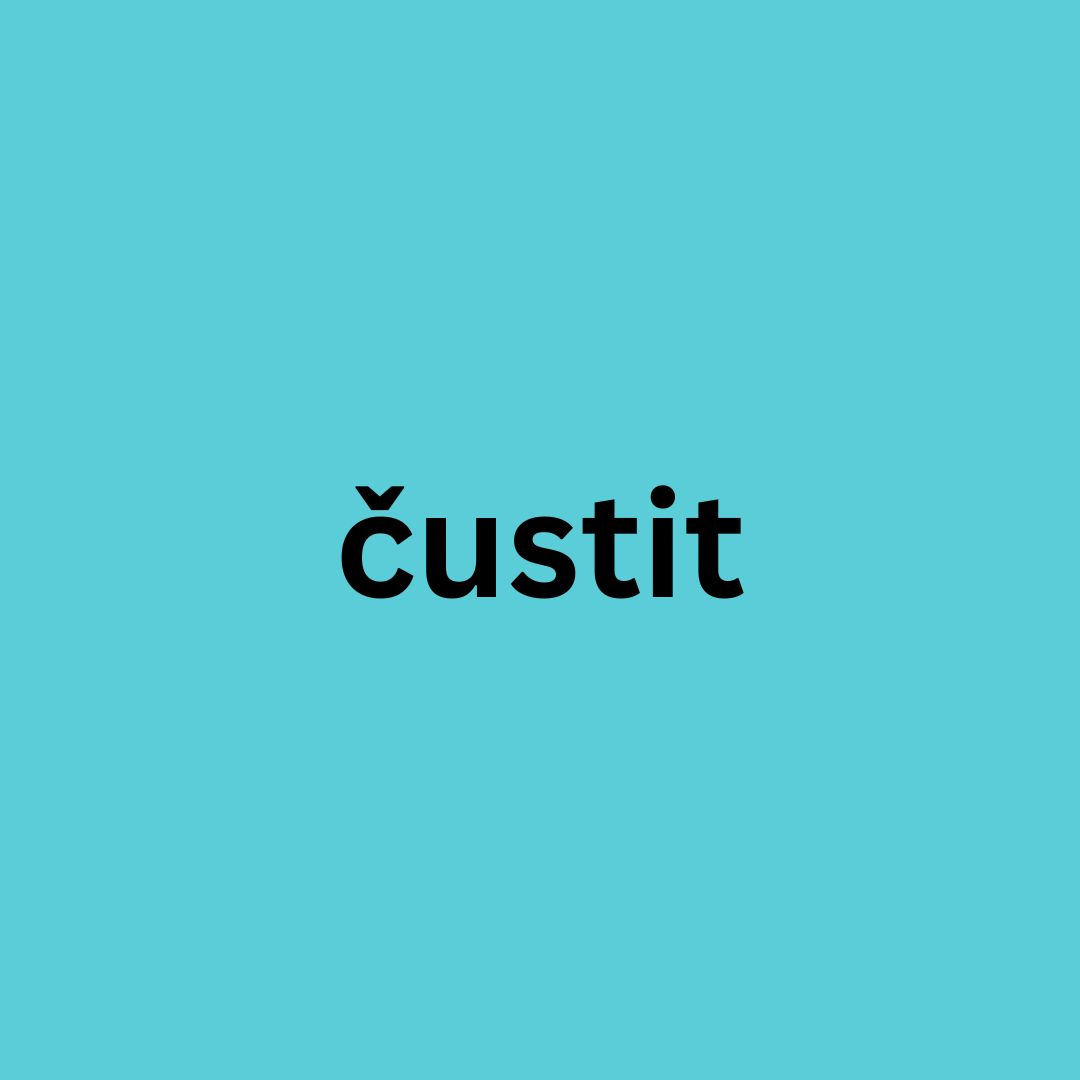
Pawnee Language LearningEp. 58 - Old Womančustit - old woman; longtime wife Pawnee Language Learning is a reader-supported publication. To support the Pawnee Language Program, consider becoming a free or paid subscriber. Get full access to Pawnee Language Learning at pawneelanguagelearning.substack.com/subscribe
2024-06-2002 min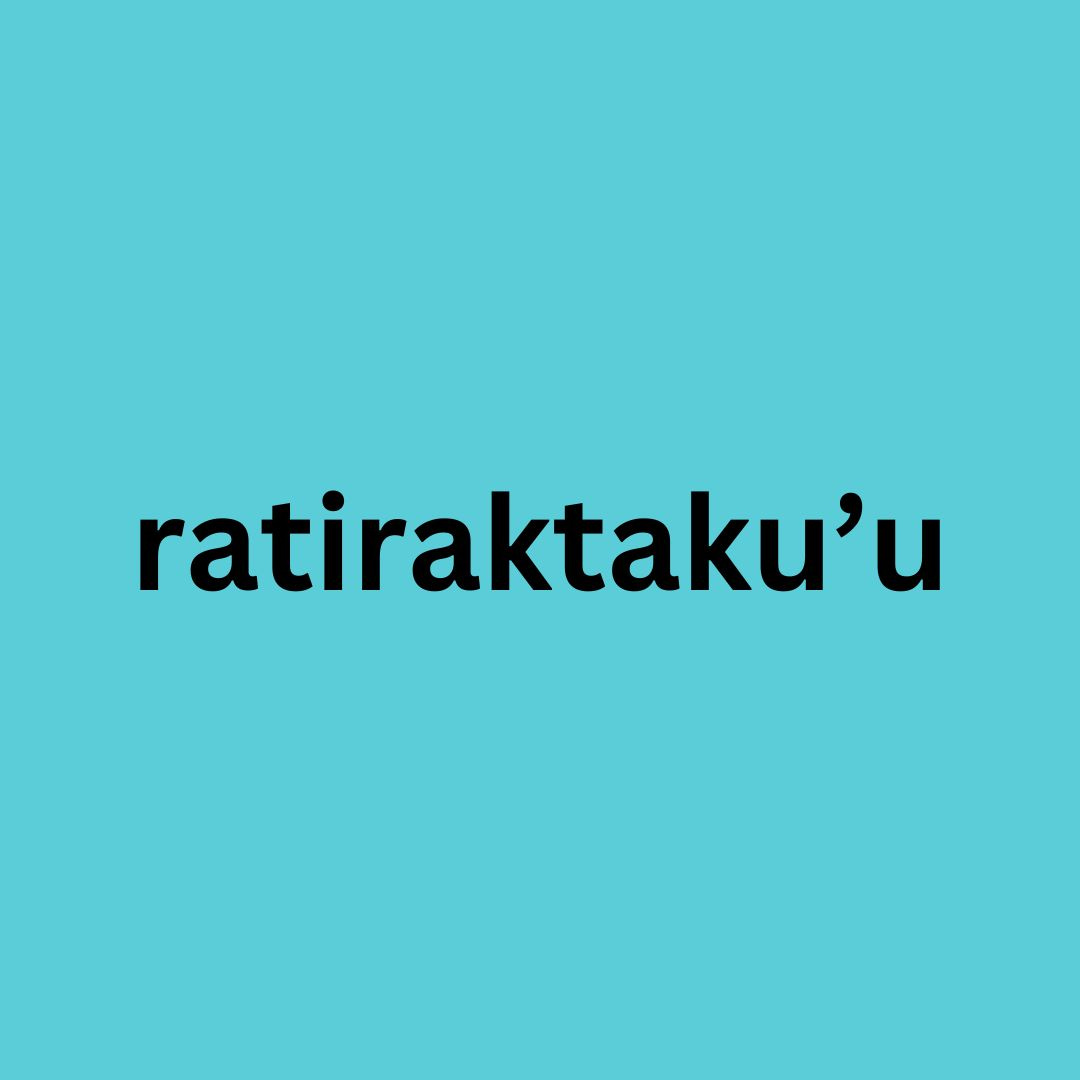
Pawnee Language LearningEp. 57 - My Wiferatiraktaku’u - my wife; the one I’m with/ the one I have as a wife.Pawnee Language Learning is a reader-supported publication. To support the Pawnee language Program, consider becoming a free or paid subscriber. Get full access to Pawnee Language Learning at pawneelanguagelearning.substack.com/subscribe
2024-06-1904 min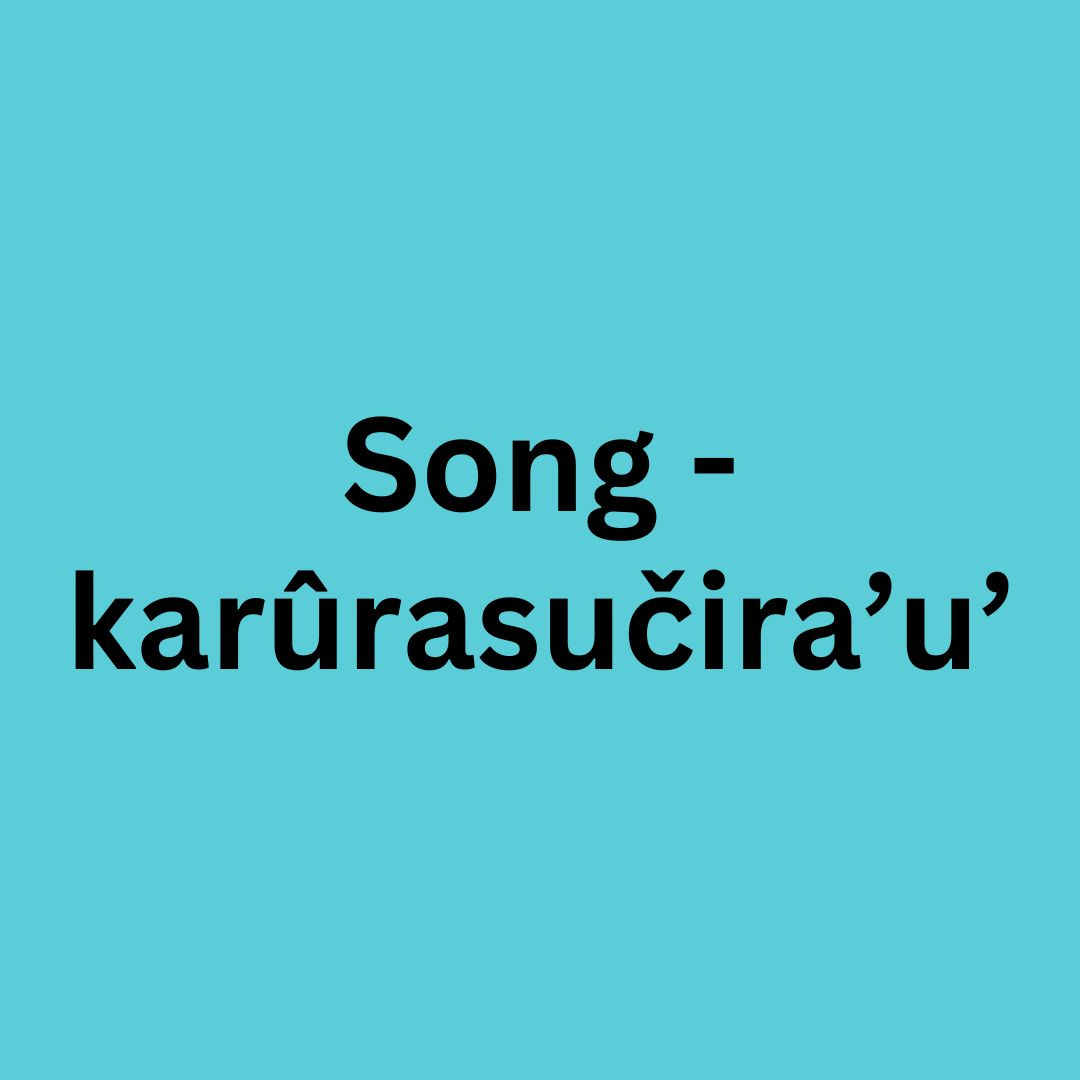
Pawnee Language LearningEp. 56 Song - Karûrasučirâ'u' ? (SB)Here’s a fun song I created (with a little help from my grandkids), using the phrases we’ve been learning here. This song is in the Southband (SB) dialect. The Skidi (SK) version is in episode 62.If you need to review these phrases, please listen to episodes 49 - 55.Enjoy!Pawnee Language Learning is a reader-supported publication. To support the Pawnee Language Program, consider becoming a free or paid subscriber. Get full access to Pawnee Language Learning at pawneelanguagelearning.substack.com/subscribe
2024-06-1703 min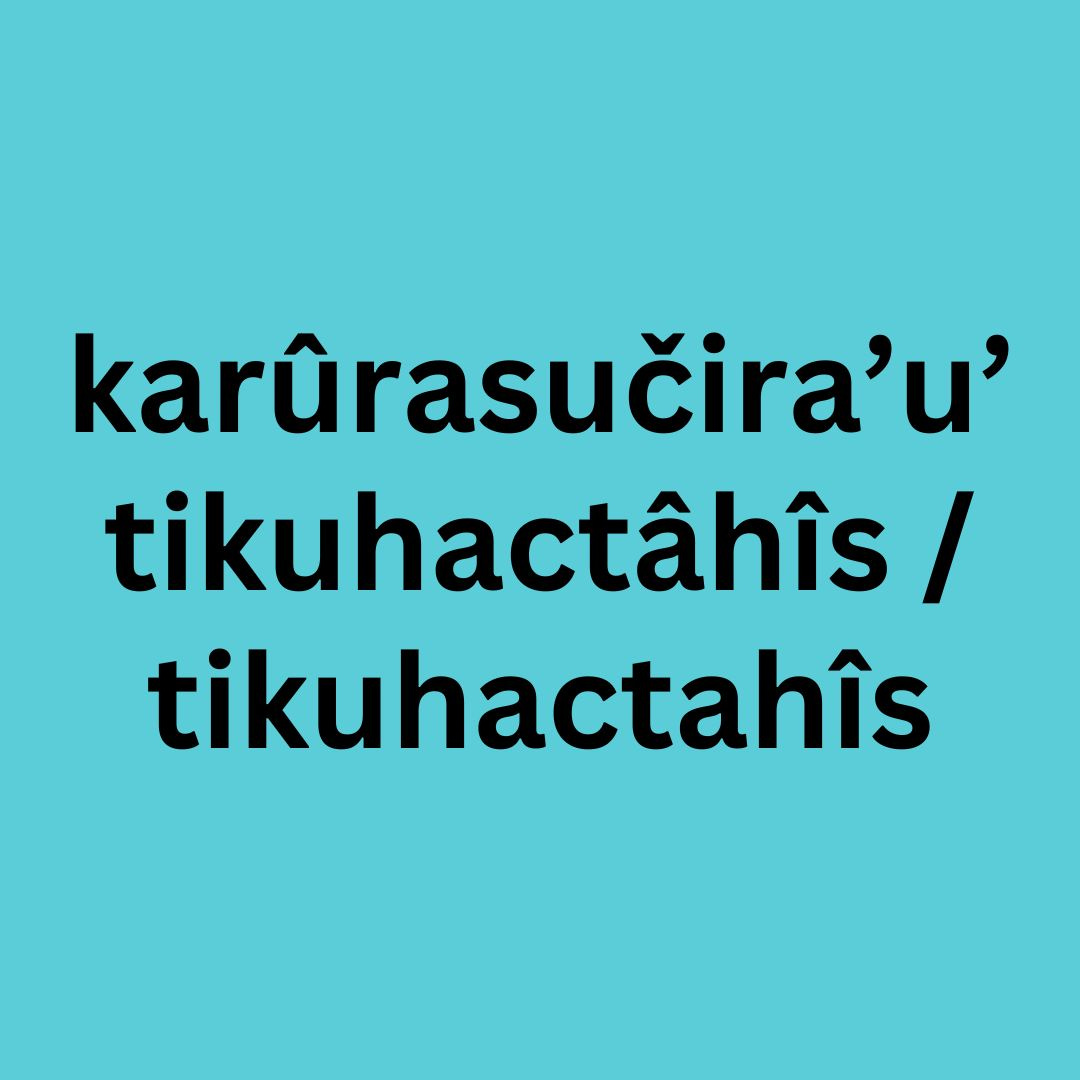
Pawnee Language LearningEp. 55 - I'm thirsty.karûrasučirâ’u’ - How are you feeling? [č = ‘ch’ sound]tikuhactâhîs - I’m thirsty (Southband dialect). [c = ‘ts’ sound]tikuhatctahîs - I’m thirsty (Skidi dialect) Pawnee Language Learning is a reader-supported publication. To support the Pawnee Language Program, consider becoming a free or paid subscriber. Get full access to Pawnee Language Learning at pawneelanguagelearning.substack.com/subscribe
2024-05-3103 min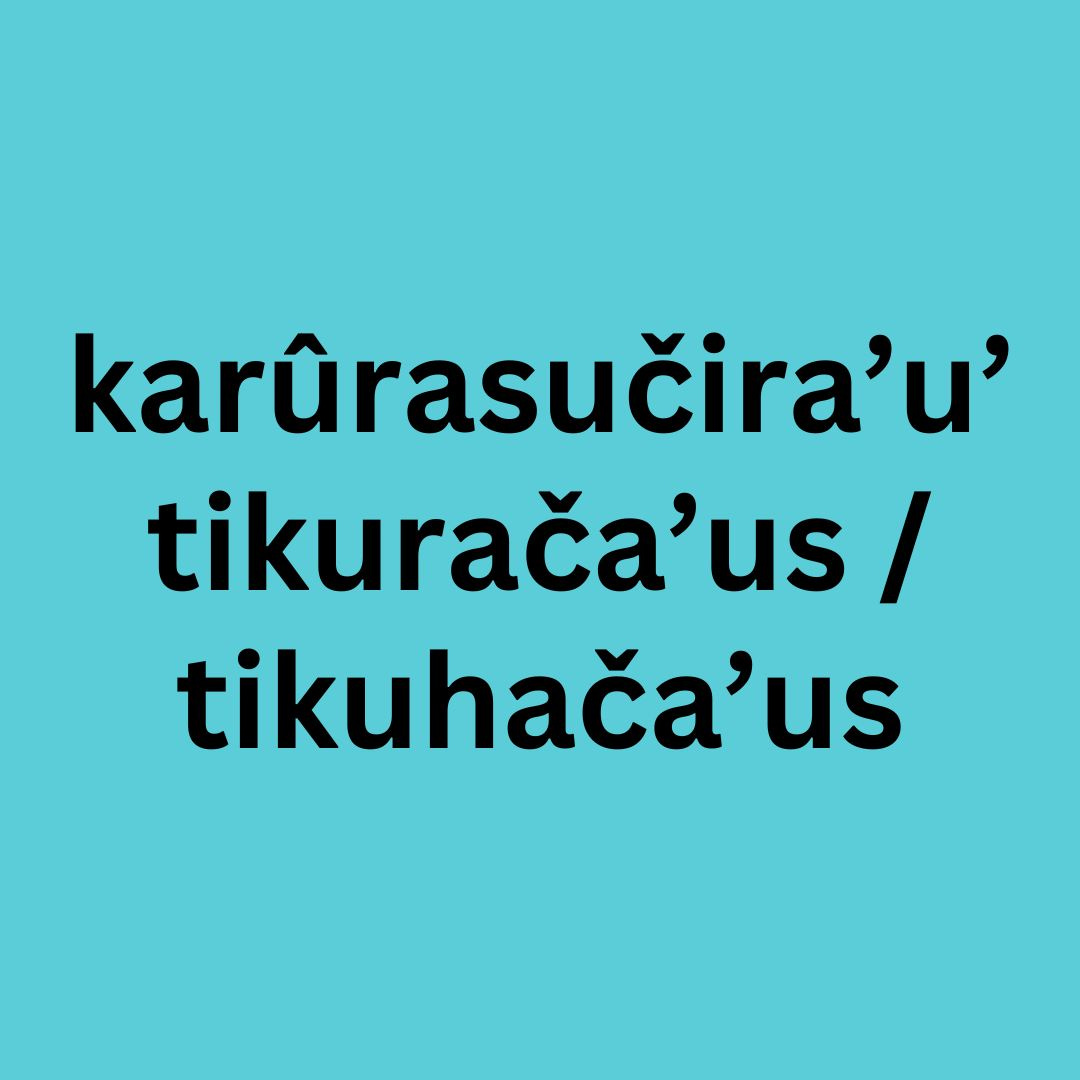
Pawnee Language LearningEp. 54 - I'm hungry.karûrasučira’u’ - How are you feeling? [č= ‘ch’ sound]tikuhrača’us - I’m hungry. (Southband dialect)tikuhača’us - I’m hungry (Skidi dialect)Pawnee Language Learning is a reader-supported publication. To support the Pawnee Language Program, consider becoming a free or paid subscriber. Get full access to Pawnee Language Learning at pawneelanguagelearning.substack.com/subscribe
2024-05-3003 min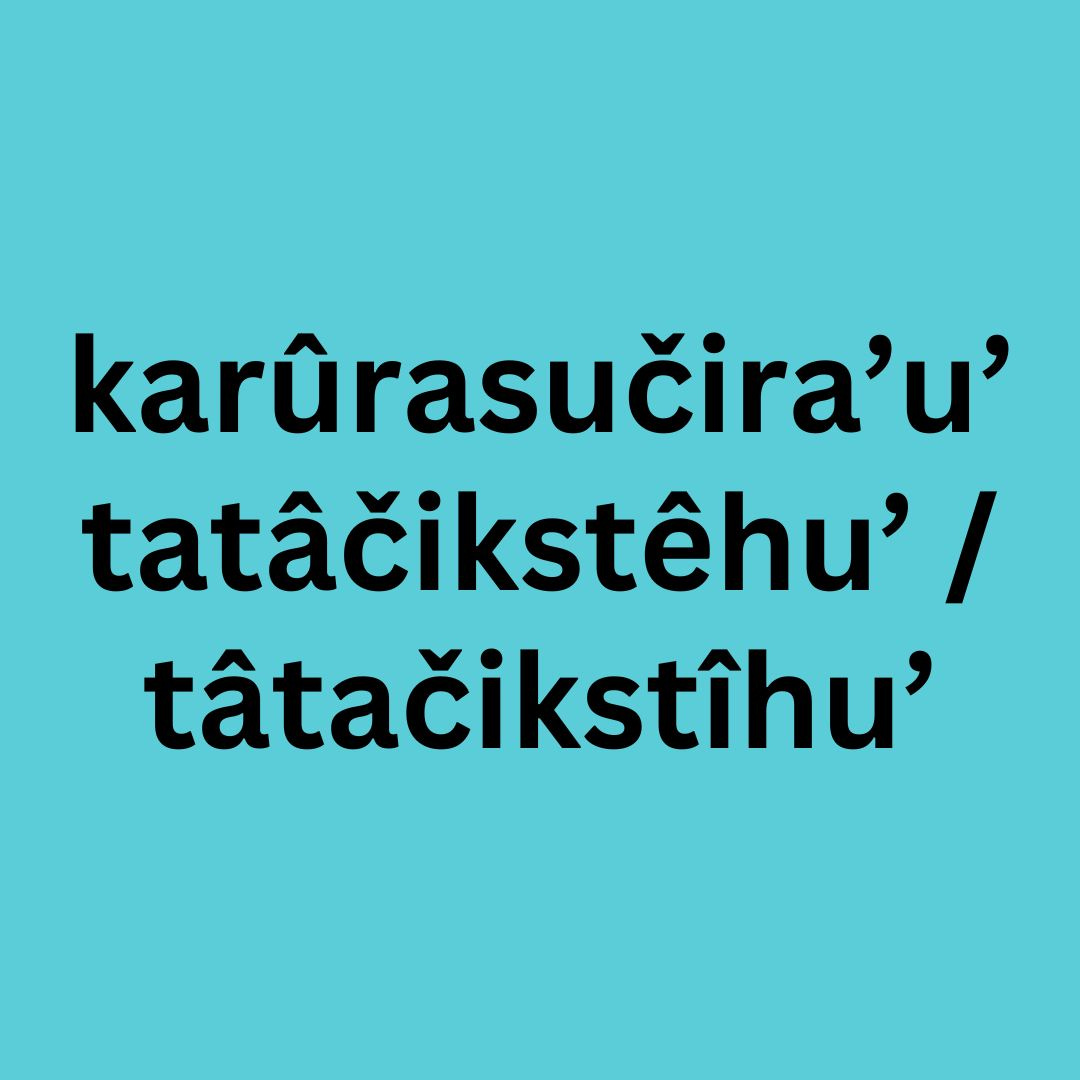
Pawnee Language LearningEp. 53 - I'm thankful/ gratefulkarûrasučirâ’u' = How are you feeling? [č = ‘ch’ sound]tâtačikstêhu’= I’m thankful/ grateful/ happy. (Southband dialect)tâtačikstîhu’ = I’m thankful/ grateful/ happy. (Skidi dialect)Pawnee Language Learning is a reader-supported publication. To support the Pawnee Language Program, consider becoming a free or paid subscriber. Get full access to Pawnee Language Learning at pawneelanguagelearning.substack.com/subscribe
2024-05-2803 min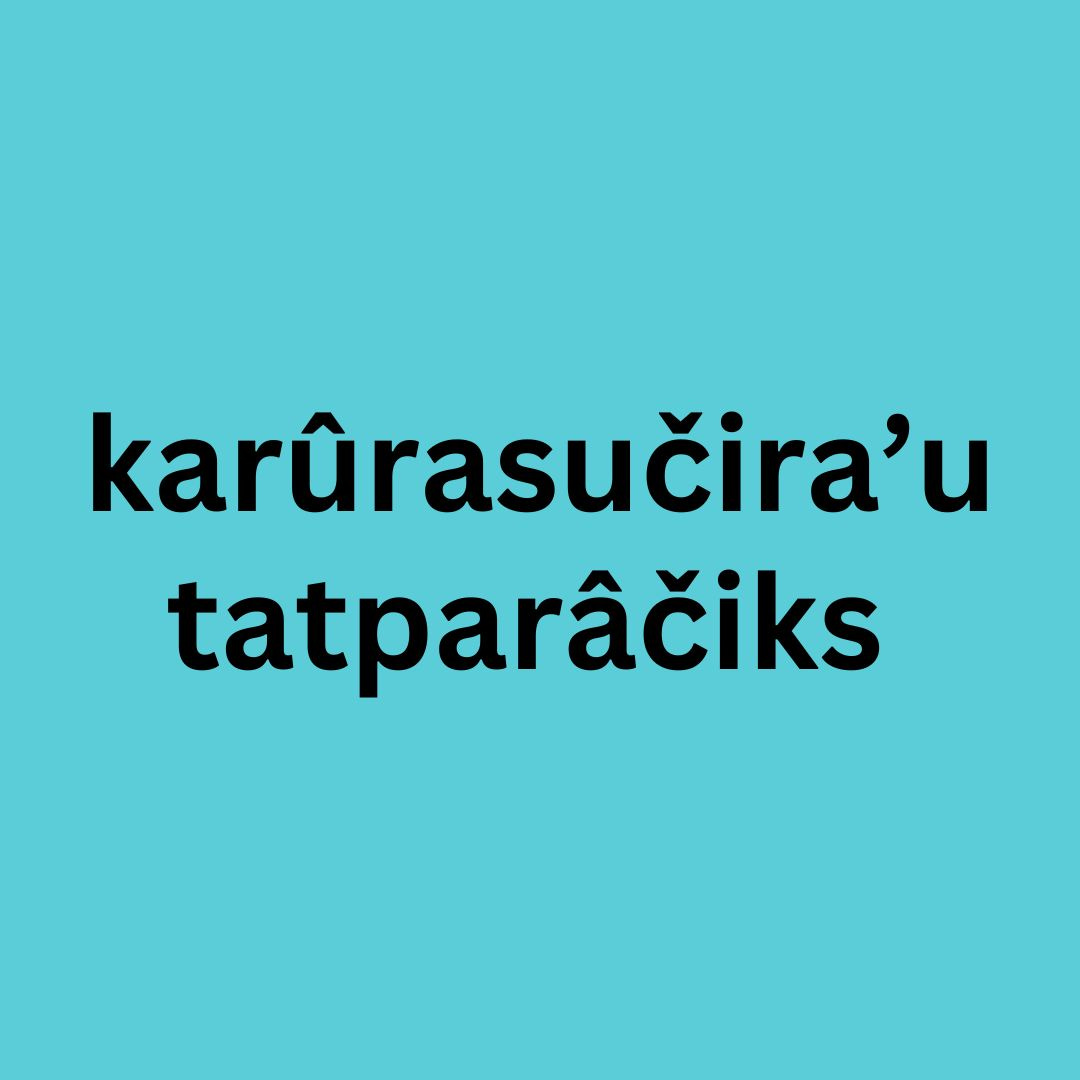
Pawnee Language LearningEp. 52 - I'm angry/ mad.karûrasûčirâ’u’ - How are you feeling?tatparâčiks - I’m angry/ mad. [č = ‘ch’ sound]Pawnee Language Learning is a reader-supported publication. To support the Pawnee Language Program, consider becoming a free or paid subscriber. Get full access to Pawnee Language Learning at pawneelanguagelearning.substack.com/subscribe
2024-05-2402 min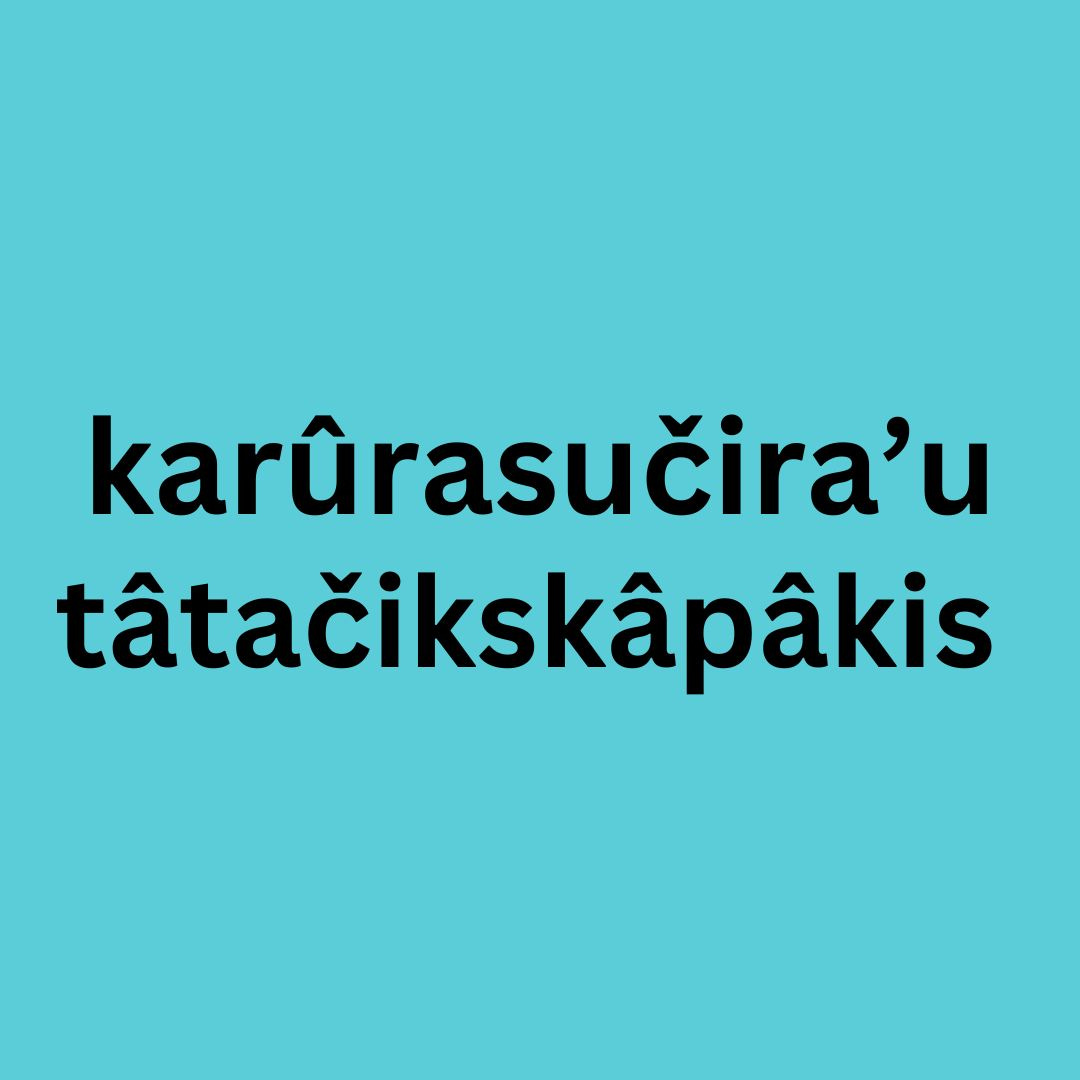
Pawnee Language LearningEp. 51 - I'm sad.karûrasučirâ’u’ - How are you feeling?tâtačikskâpâkis - I am sad/sorrowful.Pawnee Language Learning is a reader-supported publication. To support the Pawnee Language Program, consider becoming a free or paid subscriber. Get full access to Pawnee Language Learning at pawneelanguagelearning.substack.com/subscribe
2024-05-2202 min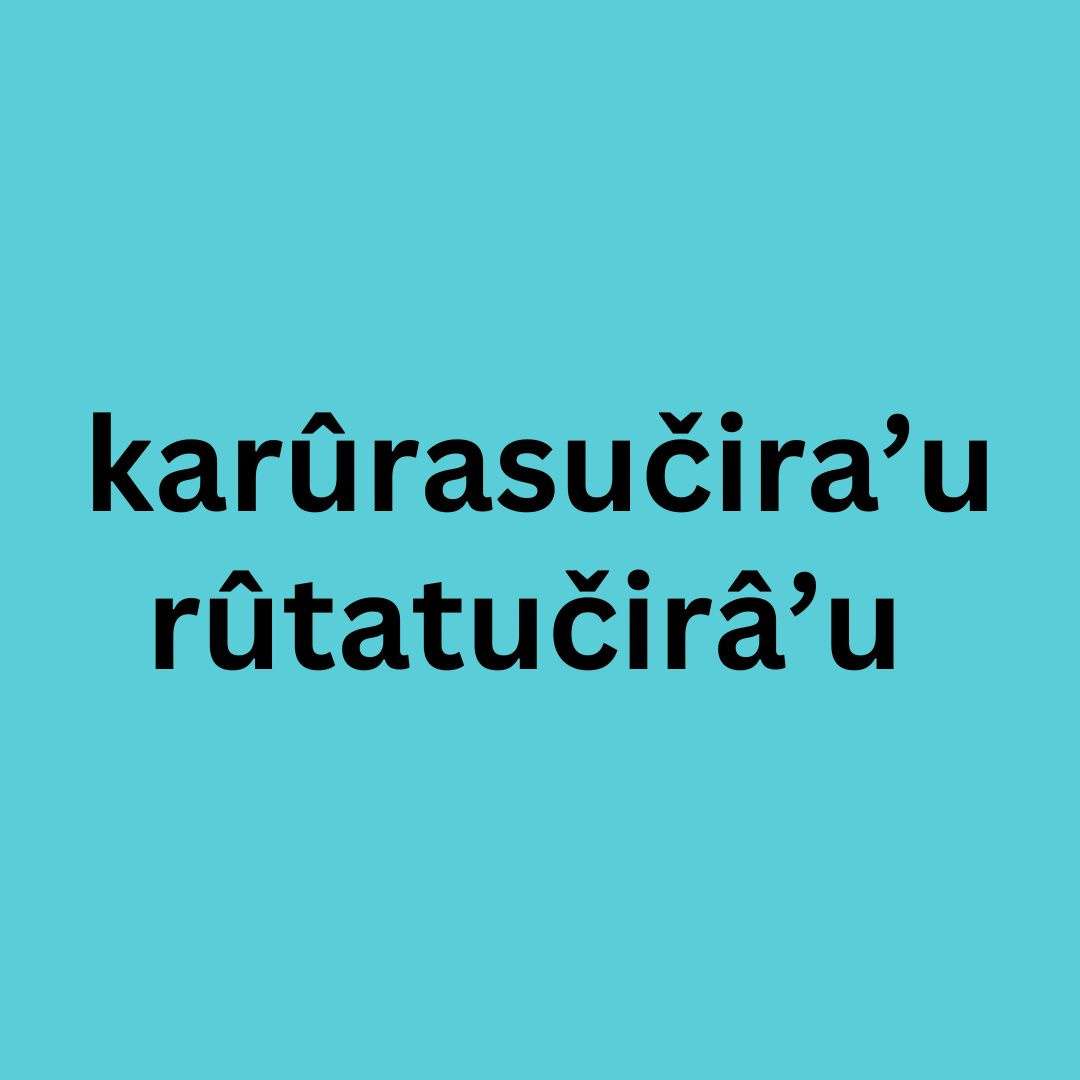
Pawnee Language LearningEp. 50 - I'm doing alright/ good.karûrasučirâ’u’ - How are you feeling? [č = ‘ch’ sound]rûtatučirâ’u’ - I’m doing alright/ good/ OK. (In a positive way.)Pawnee Language Learning is a reader-supported publication. To support the Pawnee Language Program, consider becoming a free or paid subscriber. Get full access to Pawnee Language Learning at pawneelanguagelearning.substack.com/subscribe
2024-05-2102 min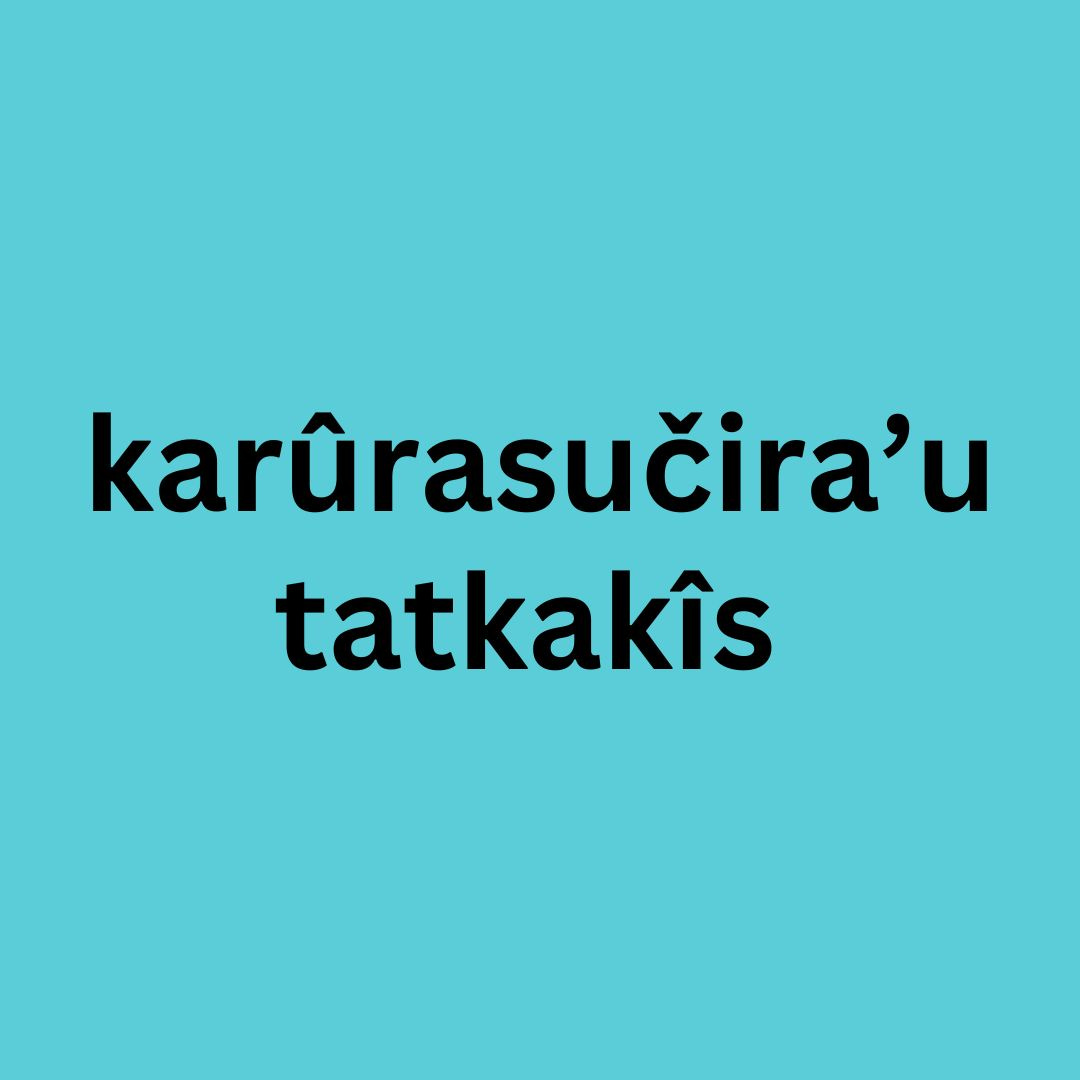
Pawnee Language LearningEp. 49 - How Are You Feeling? I'm Happy.karûrasučirâ’u’ - How are you feeling? [č = ‘ch’ sound](Your voice does not rise at the end of a Pawnee question.)tatkakîs - I’m happy/ I’m joyful.Pawnee Language Learning is a reader-supported publication. To support the Pawnee Language Program, consider becoming a free or paid subscriber. Get full access to Pawnee Language Learning at pawneelanguagelearning.substack.com/subscribe
2024-05-2004 min
Pawnee Language LearningEp. 48 - Drill 3Pawnee Language Learning is a reader-supported publication. To support the Pawnee Language Program, consider becoming a free or paid subscriber. Get full access to Pawnee Language Learning at pawneelanguagelearning.substack.com/subscribe
2024-05-1305 min
Pawnee Language LearningEp. 47 - Drill 2Pawnee Language Learning is a reader-supported publication. To support the Pawnee Language Program, consider becoming a free or paid subscriber. Get full access to Pawnee Language Learning at pawneelanguagelearning.substack.com/subscribe
2024-05-1204 min
Pawnee Language LearningEp. 46 - Drill 1Pawnee Language Learning is a reader-supported publication. To support the Pawnee Language Program, consider becoming a free or paid subscriber. Get full access to Pawnee Language Learning at pawneelanguagelearning.substack.com/subscribe
2024-05-1106 min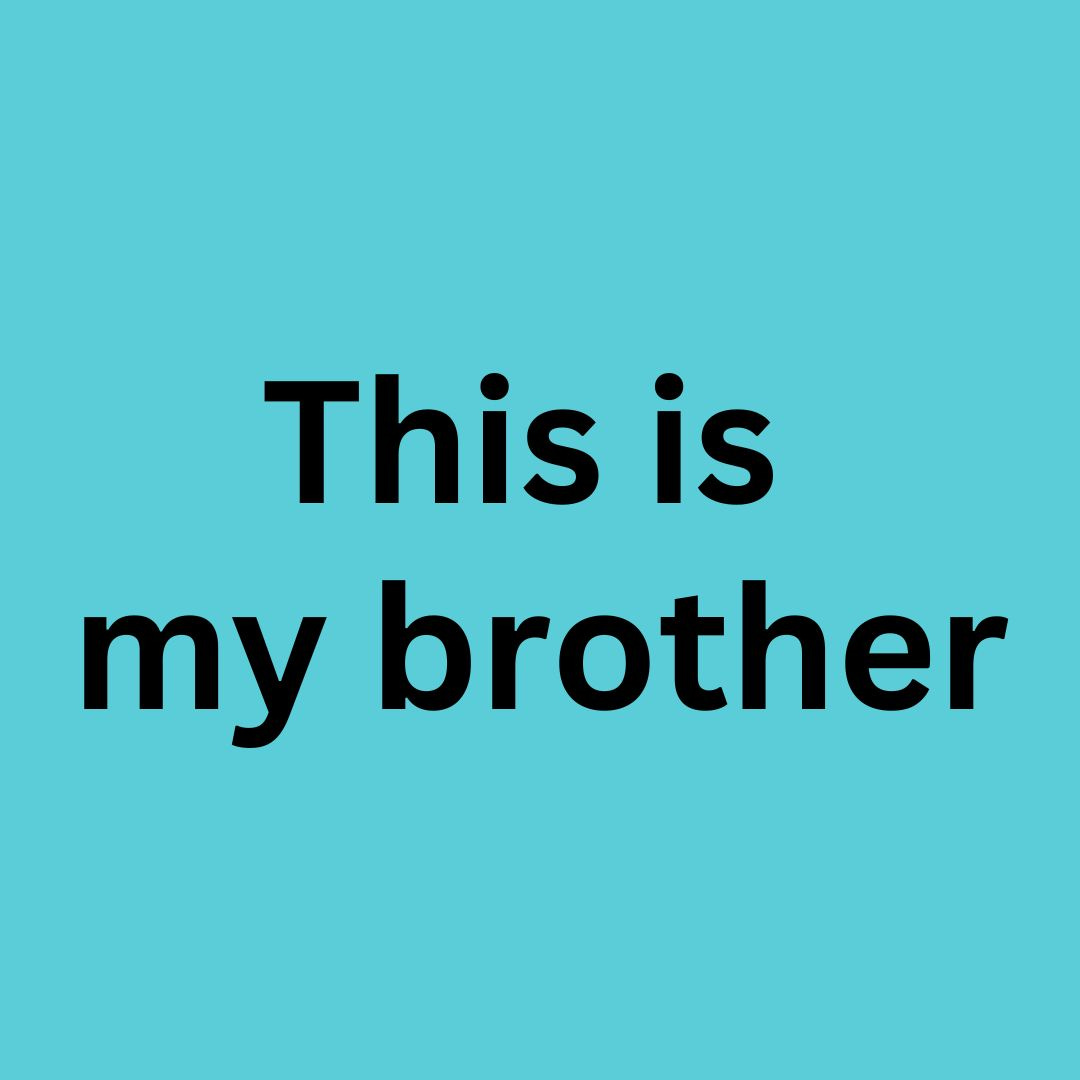
Pawnee Language LearningEp. 45 - This is my brothertirâkiri - This is [implying the person is standing]tirâku’ - This is [implying the person is sitting]irâri - my brother [male speaker]iracti - my brother [female speaker] (c = ‘ts’ sound)Pawnee Language Learning is a reader-supported publication. To support the Pawnee Language Program, consider becoming a free or paid subscriber. Get full access to Pawnee Language Learning at pawneelanguagelearning.substack.com/subscribe
2024-05-1002 min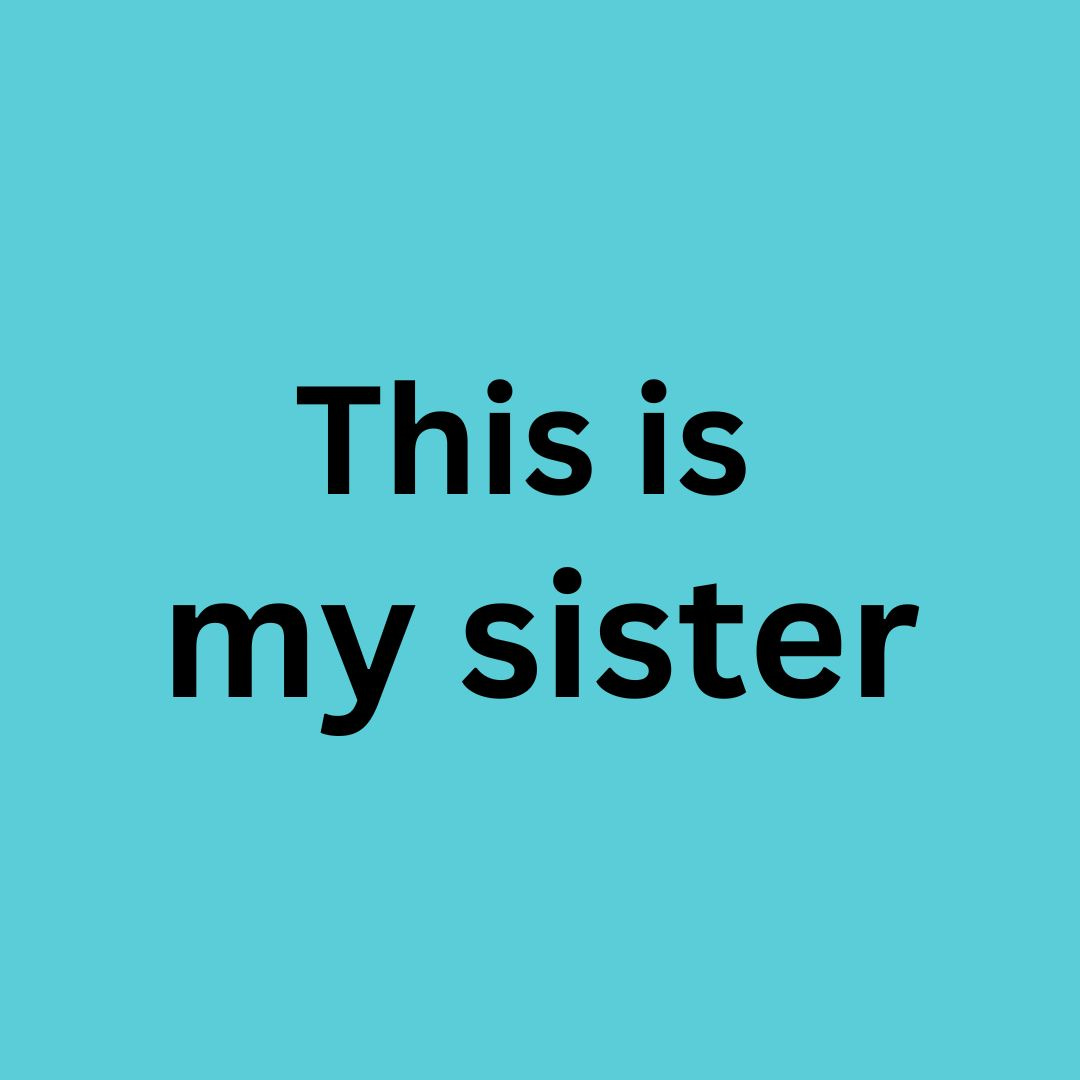
Pawnee Language LearningEp. 44 - This is my sistertirâkiri - This is [implying the person is standing]tirâku’ - This is [implying the person is sitting]irâri’ - my sister [female speaker]itâhri’ - my sister [male speaker, Southband dialect]itâhi ‘- my sister [male speaker, Skidi dialect]Pawnee Language Learning is a reader-supported publication. To support the Pawnee Language Program, consider becoming a free or paid subscriber. Get full access to Pawnee Language Learning at pawneelanguagelearning.substack.com/subscribe
2024-05-0903 min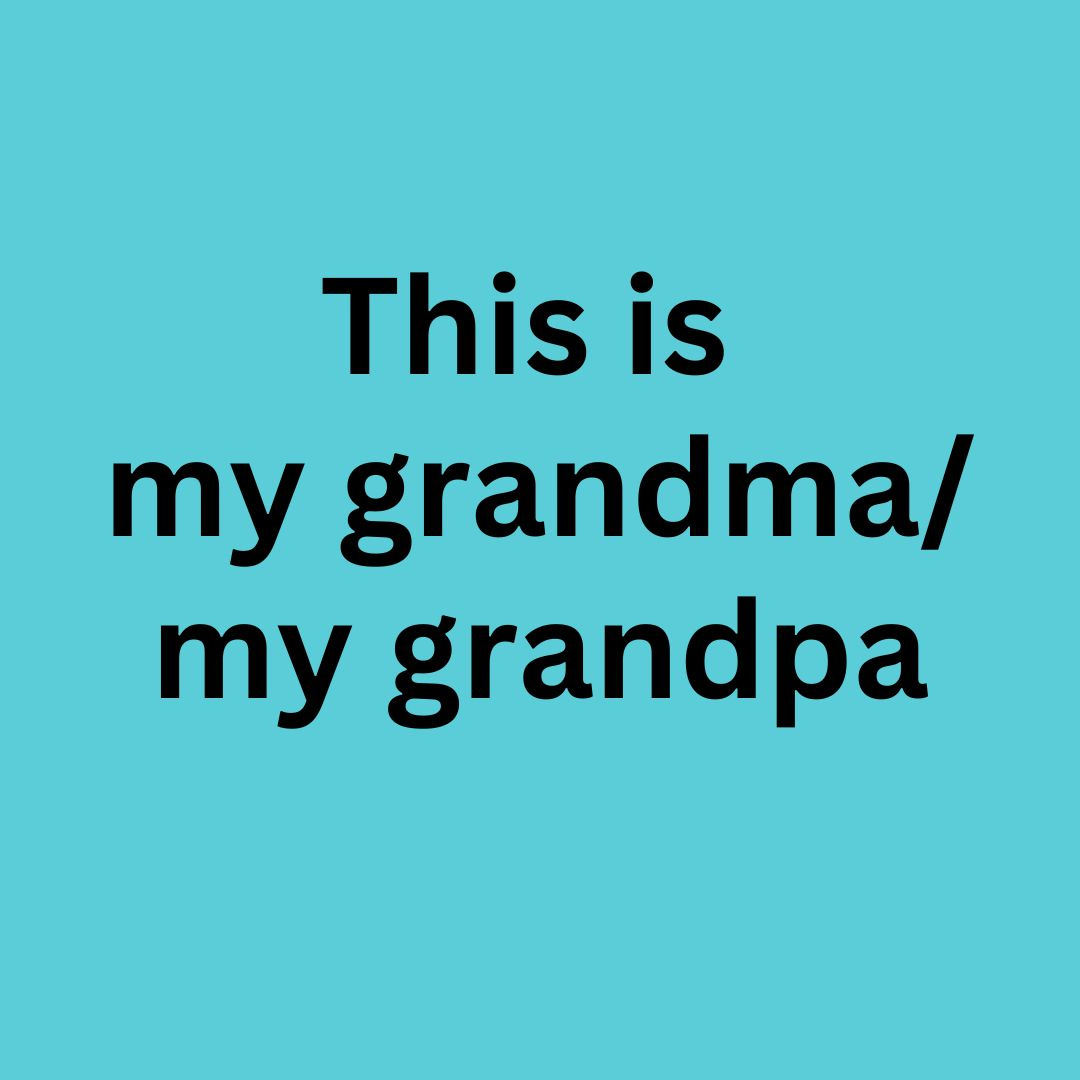
Pawnee Language LearningEp. 43- This is my grandma/ my grandpatirâkiri - This is [implying the person is standing]tirâku’ - This is [implying the person is sitting]atika - my grandmotheratipat - my grandfatherPawnee Language Learning is a reader-supported publication. To support the Pawnee Language Program, consider becoming a free or paid subscriber. Get full access to Pawnee Language Learning at pawneelanguagelearning.substack.com/subscribe
2024-05-0802 min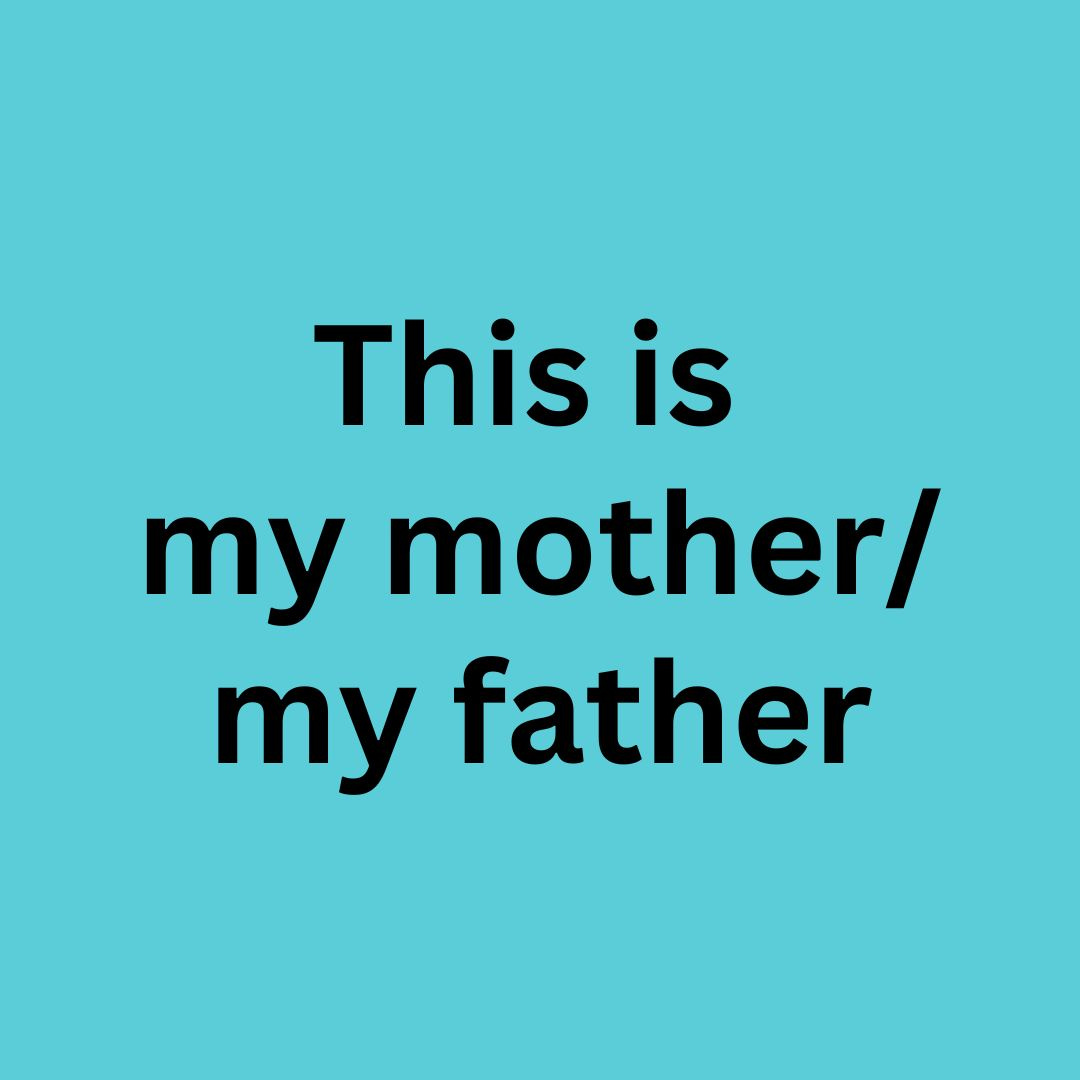
Pawnee Language LearningEp. 42- This is my mother/ my fathertirâku’ - This is [implying the person is sitting]atira - my motherati’as - my fatherPawnee Language Learning is a reader-supported publication. To support the Pawnee Language Program, consider becoming a free or paid subscriber. Get full access to Pawnee Language Learning at pawneelanguagelearning.substack.com/subscribe
2024-05-0701 min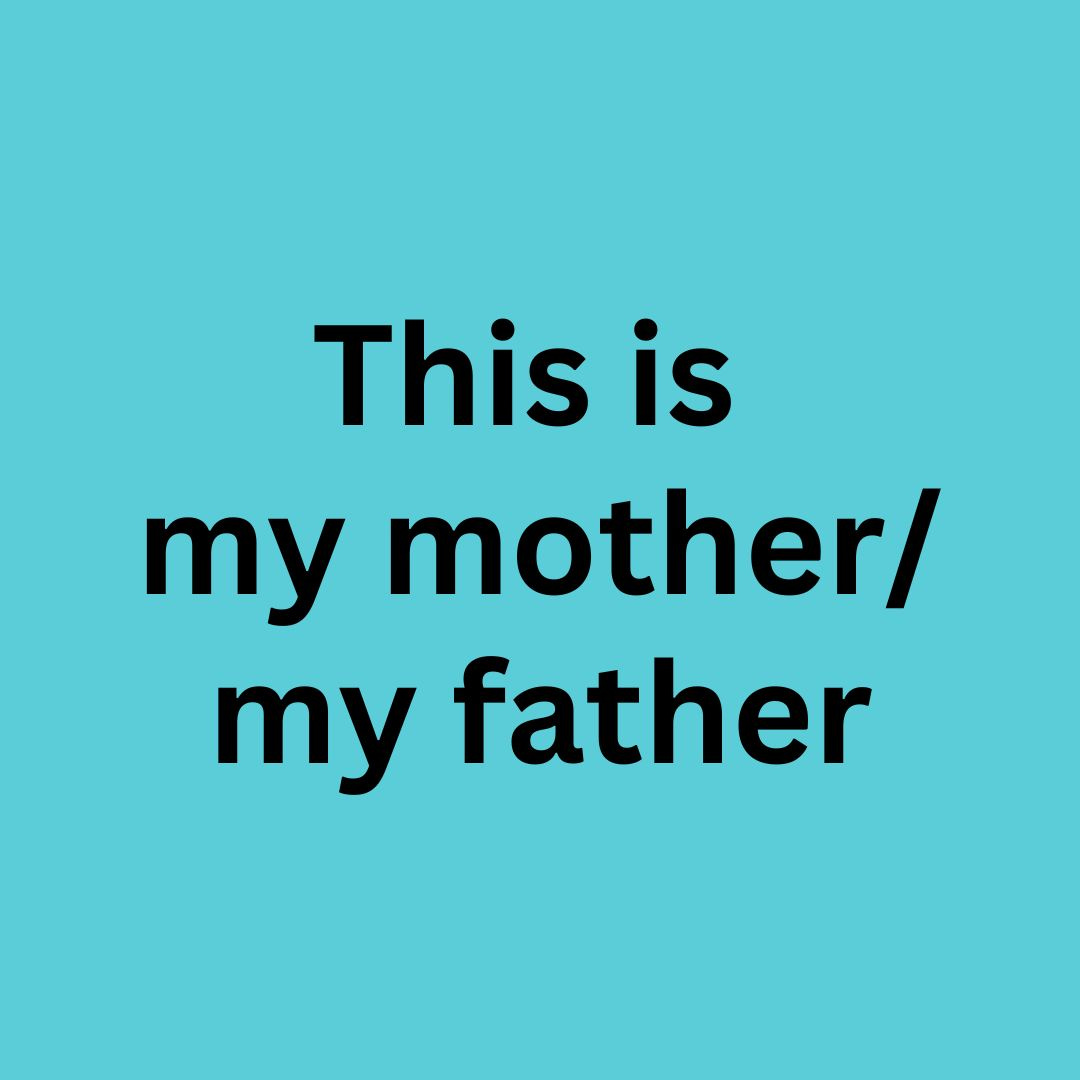
Pawnee Language LearningEp. 41 - This is my mother/ my fathertirâkiri - This is [implying the person is standing]atira - my motherati’as - my fatherPawnee Language Learning is a reader-supported publication. To support the Pawnee Language Program, consider becoming a free or paid subscriber. Get full access to Pawnee Language Learning at pawneelanguagelearning.substack.com/subscribe
2024-05-0601 min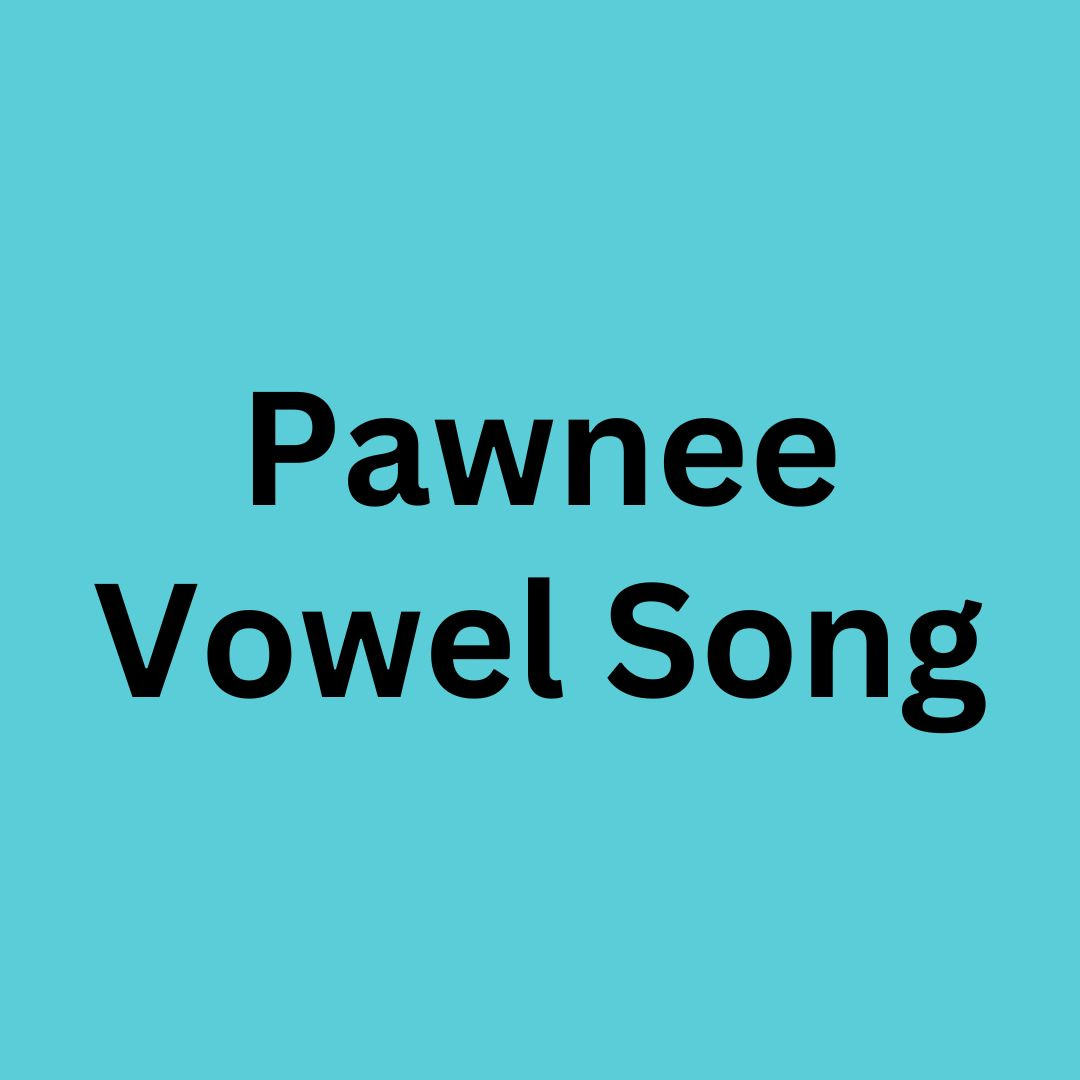
Pawnee Language LearningPawnee Vowel Song Get full access to Pawnee Language Learning at pawneelanguagelearning.substack.com/subscribe
2024-05-0200 min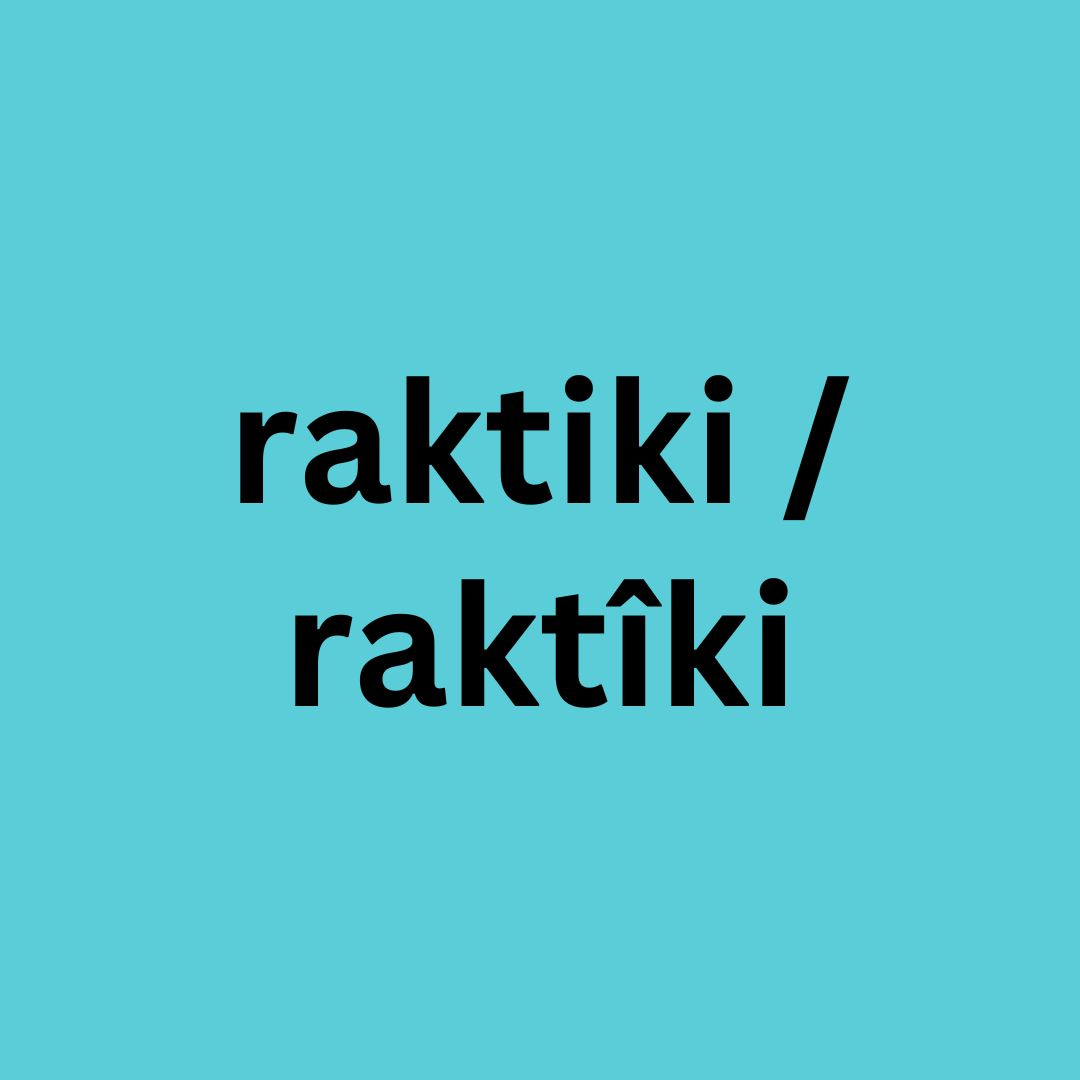
Pawnee Language LearningEp. 40 - My GrandchildSOUTHBAND DIALECTraktiki - my grandchild, both grandson and granddaughter.SKIDI DIALECTraktîki - my grandchild, both grandson and granddaughter.Nora Pratt says, "raktîki" . (Nora is Skidi.)Pawnee Language Learning is a reader-supported publication. To support the Pawnee Language Program, consider becoming a free or paid subscriber. Get full access to Pawnee Language Learning at pawneelanguagelearning.substack.com/subscribe
2024-03-3003 min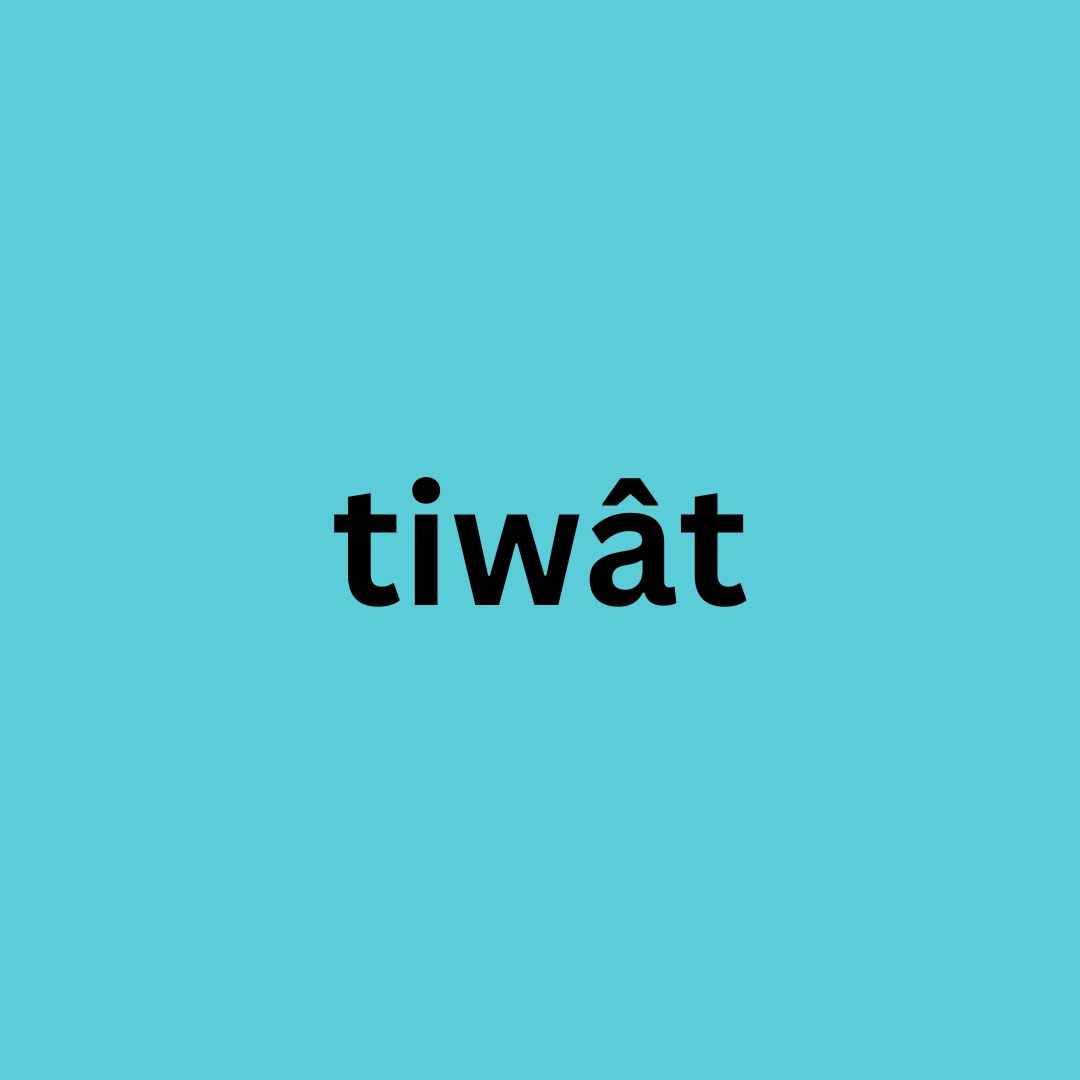
Pawnee Language LearningEp. 39 - My Niece / Nephew (male speaker)tiwât - my niece, or my nephew. If you are male, you would call both your nieces and nephews tiwât. If you are female, please listen to episode 38 for the correct words.Nora Pratt says, "tiwât".Pawnee Language Learning is a reader-supported publication. To support the Pawnee Language Program, consider becoming a free or paid subscriber. Get full access to Pawnee Language Learning at pawneelanguagelearning.substack.com/subscribe
2024-03-2901 min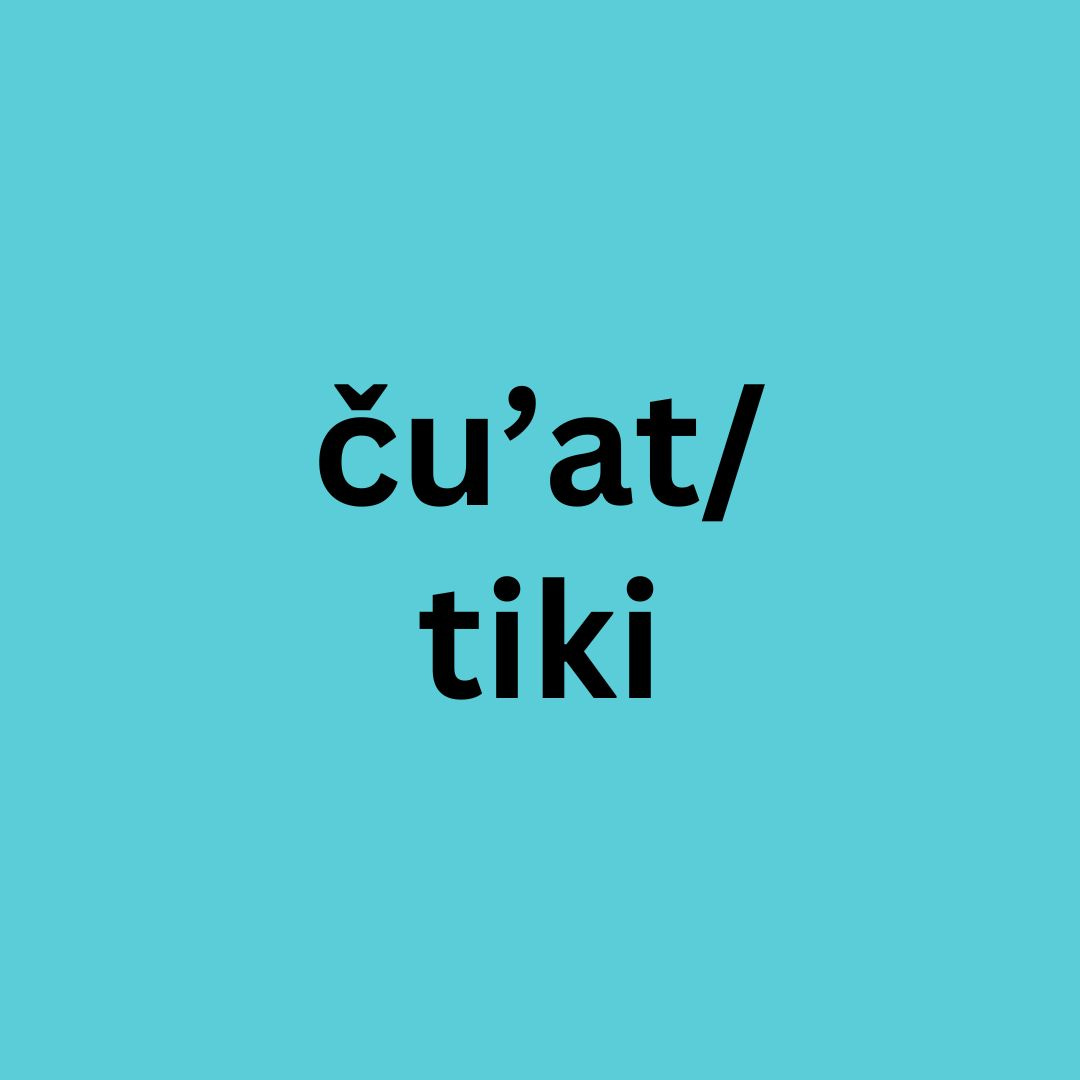
Pawnee Language LearningEp. 38 - My Niece / Nephew (female speaker)ču’at - my daughter / my niece. There is no difference.tiki - my son / my nephew. There is no difference here, either.Use these terms for your nieces and nephews if you are a female. We will learn what males call their nieces and nephews in episode 39.Pawnee Language Learning is a reader-supported publication. To support the Pawnee Language Program, consider becoming a free or paid subscriber. Get full access to Pawnee Language Learning at pawneelanguagelearning.substack.com/subscribe
2024-03-2701 min
Pawnee Language LearningEp. 37 - My Sontiki - my sonIt is also used as a term of endearment for boys and young men.Nora Pratt says, "tiki"Pawnee Language Learning is a reader-supported publication. To support the Pawnee Language Program, consider becoming a free or paid subscriber. Get full access to Pawnee Language Learning at pawneelanguagelearning.substack.com/subscribe
2024-03-2601 min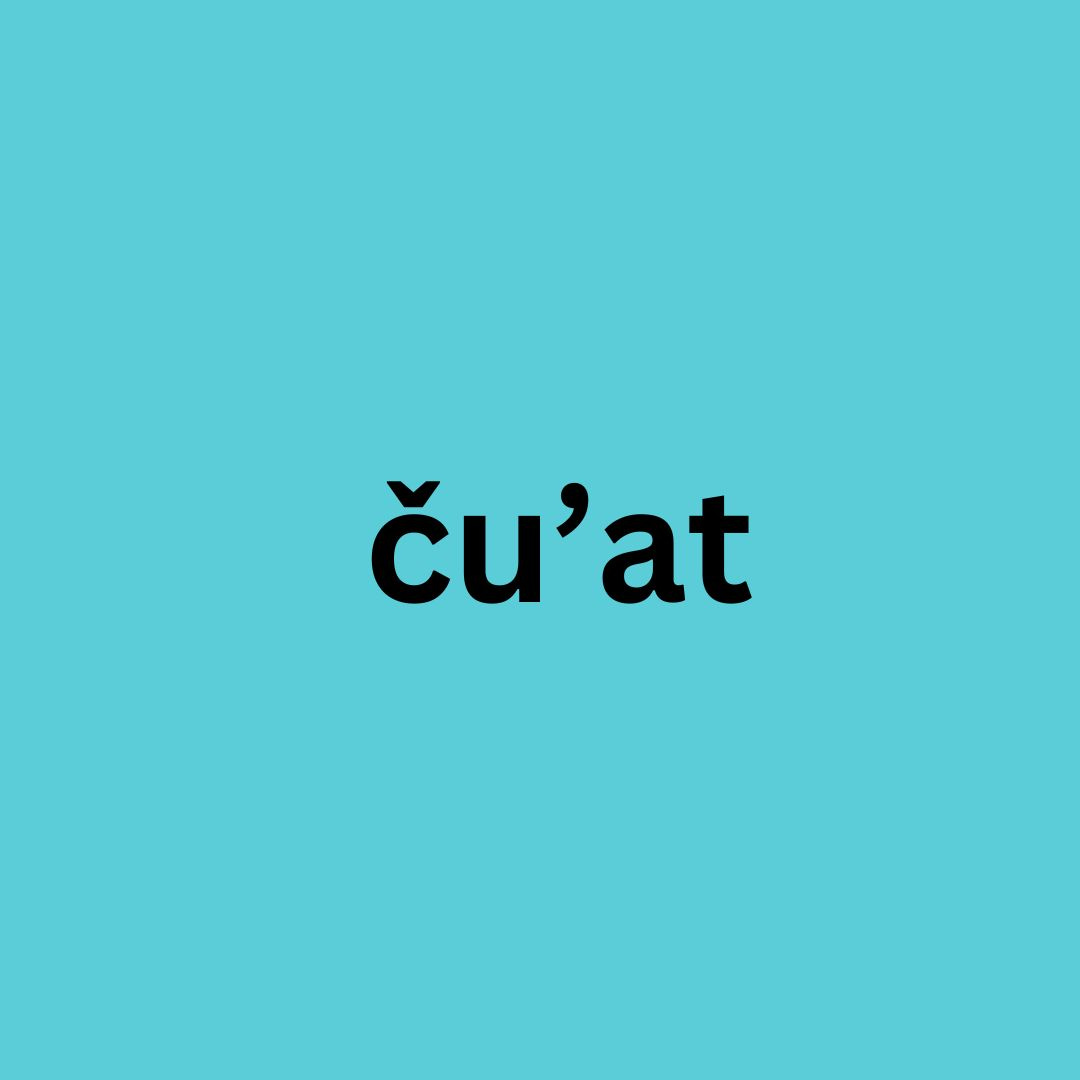
Pawnee Language LearningEp. 36 - My Daughterču’at - my daughter (č = ‘ch’ sound)It is also a term of endearment for females.Nora Pratt says, "ču'at"Pawnee Language Learning is a reader-supported publication. To support the Pawnee Language Program, consider becoming a free or paid subscriber. Get full access to Pawnee Language Learning at pawneelanguagelearning.substack.com/subscribe
2024-03-2501 min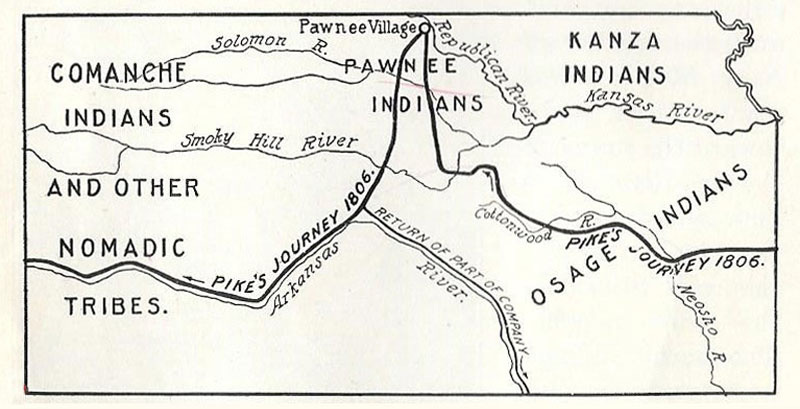
Pawnee Language LearningEp. 35 - Pawnee and Early FrenchEarly interactions with French fur trappers and traders that gradually changed the Pawnee culture.Pawnee Language Learning is reader supported. To support the Pawnee Language Program, consider becoming a free or paid subscriber. Get full access to Pawnee Language Learning at pawneelanguagelearning.substack.com/subscribe
2024-03-2411 min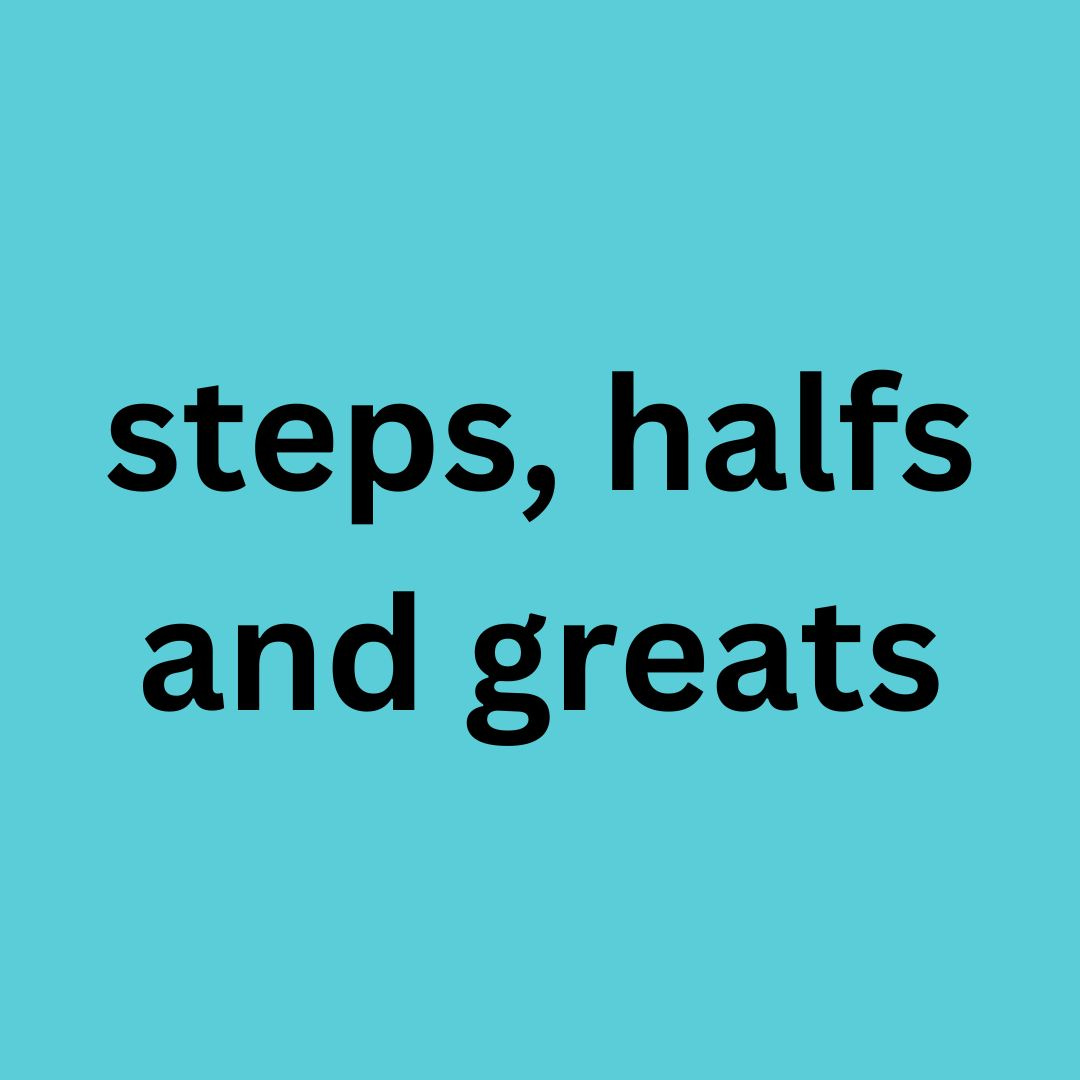
Pawnee Language LearningEp. 34 - Steps, Halfs and GreatsPawnee Language Learning is a reader-supported publication. To support the Pawnee Language Program, consider becoming a free or paid subscriber. Get full access to Pawnee Language Learning at pawneelanguagelearning.substack.com/subscribe
2024-03-2302 min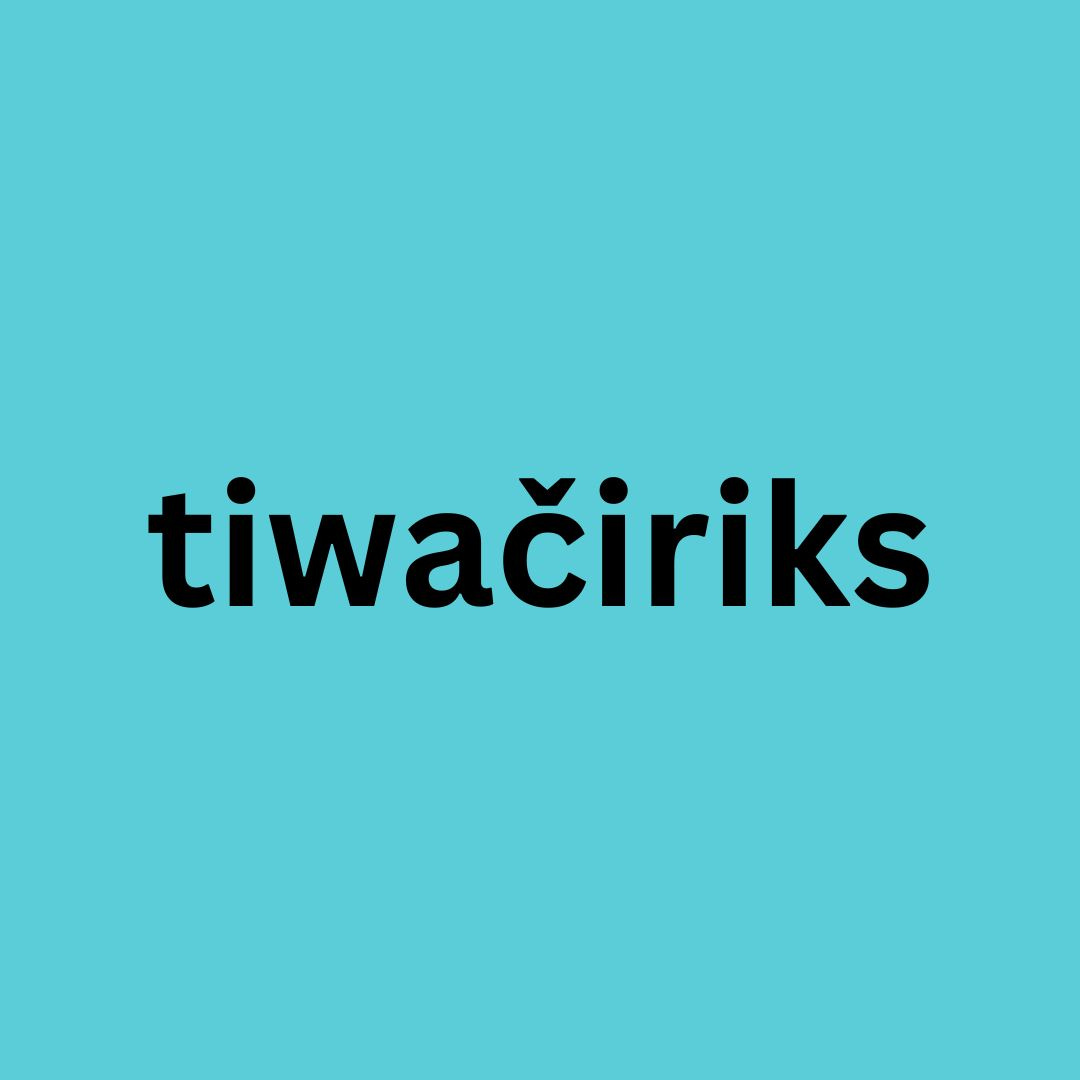
Pawnee Language LearningEp. 33 - My Uncle (my mother's brother)tiwačiriks - my mother’s brother, my uncle.Modern Pawnee will address their uncles as “Tiwačiriks Bob”, or “Tiwačiriks Roger.”Pawnee Language Learning is a reader-supported publication. To support the Pawnee Language Program, consider becoming a free or paid subscriber. Get full access to Pawnee Language Learning at pawneelanguagelearning.substack.com/subscribe
2024-03-2201 min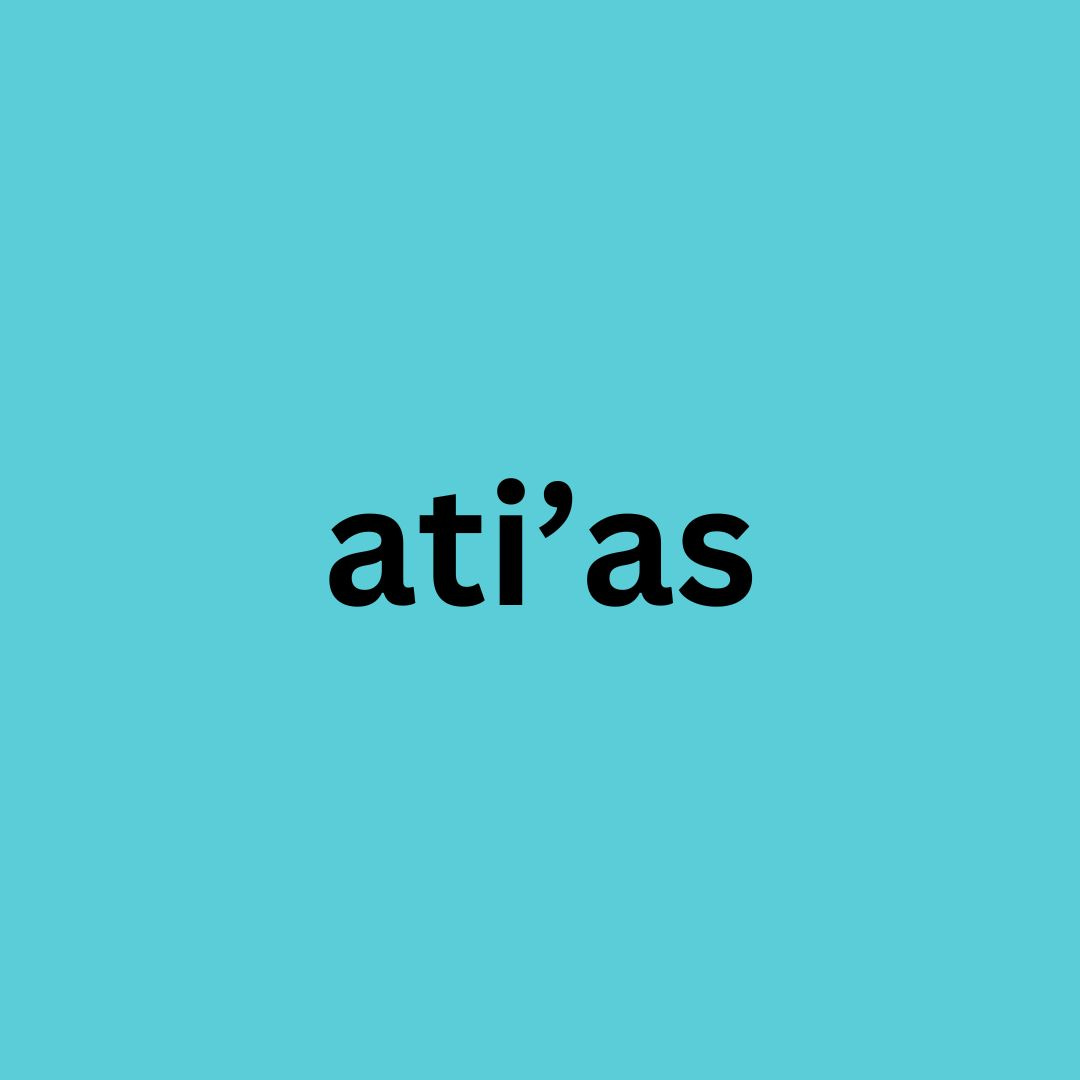
Pawnee Language LearningEp. 32 - My Uncle (my father's brother)ati’as - my uncle (my father’s brother). Yes, this is the same word as “my father.”You’ll hear modern Pawnee people address their uncles as “Ati’as Tom” or “Ati’as Jack.”Pawnee Language Learning is a reader-supported publication. To support the Pawnee Language Program, consider becoming a free or paid subscriber. Get full access to Pawnee Language Learning at pawneelanguagelearning.substack.com/subscribe
2024-03-2202 min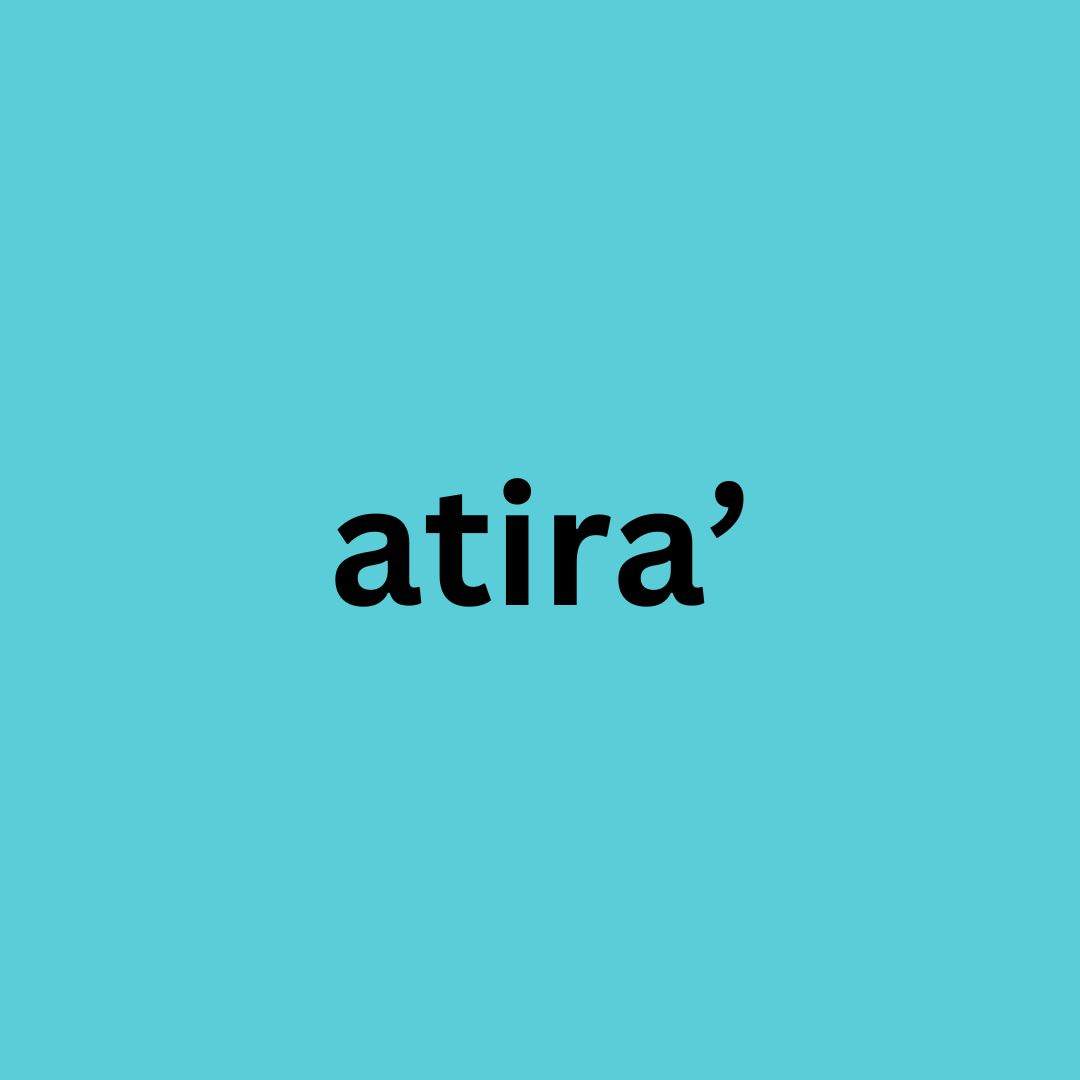
Pawnee Language LearningEp. 31 - My Auntatira’ - my mother AND my aunt.Your mother’s sisters and your father’s sisters, they are all called “atira’.”Modern Pawnee use atira’ the same way Europeans use “aunt”, as in “Atira’ Deb” or Atira’ Gwen.”Pawnee Language Learning is a reader-supported publication. To support the Pawnee Language Program, consider becoming a free or paid subscriber. Get full access to Pawnee Language Learning at pawneelanguagelearning.substack.com/subscribe
2024-03-2001 min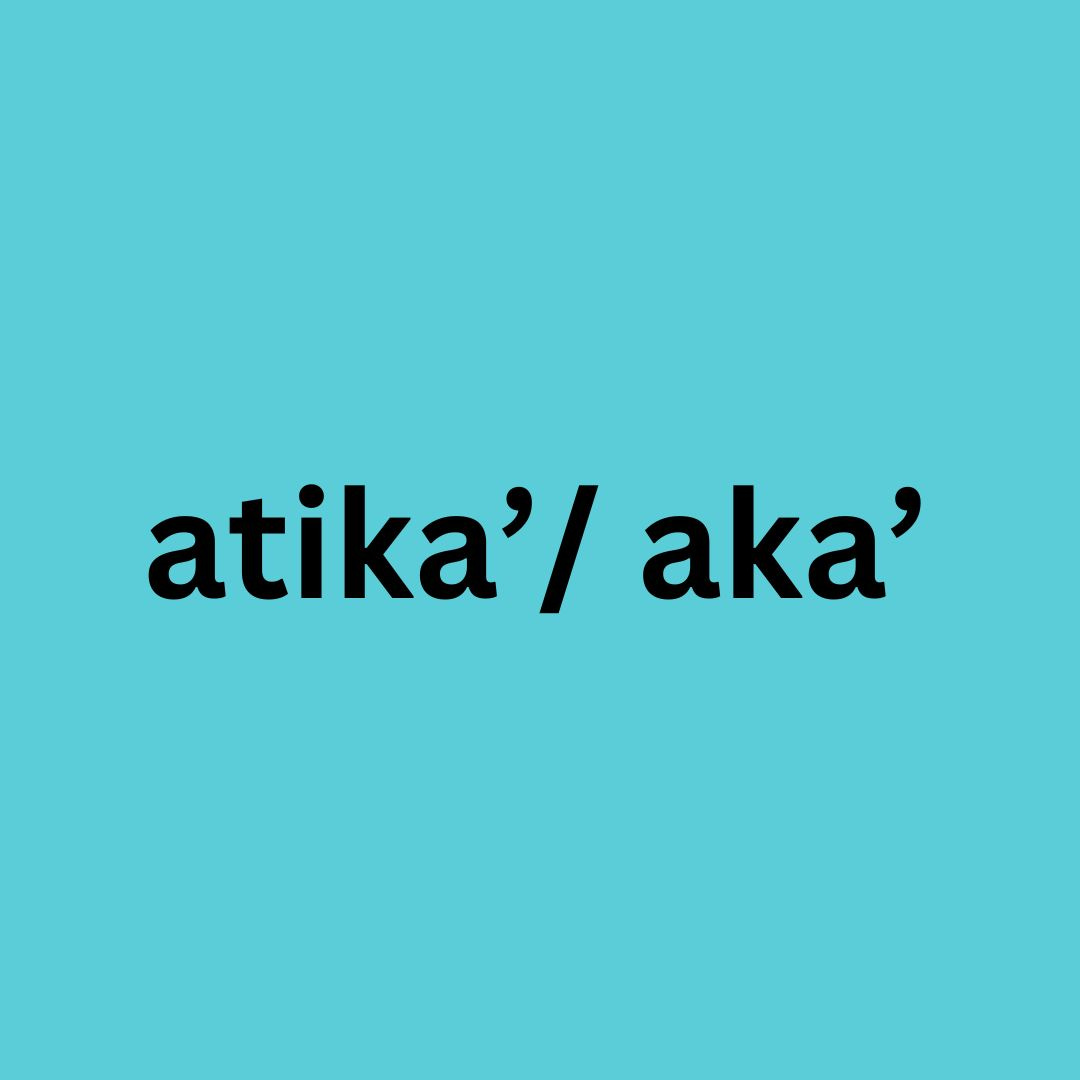
Pawnee Language LearningEp. 30 - GrandmotherSome Pawnee call their Grandmas “atika”.Some call them “aka’.”What’s the difference?Pawnee Language Learning is a reader-supported publication. To support the Pawnee Language Program, consider becoming a free or paid subscriber. Get full access to Pawnee Language Learning at pawneelanguagelearning.substack.com/subscribe
2024-03-1901 min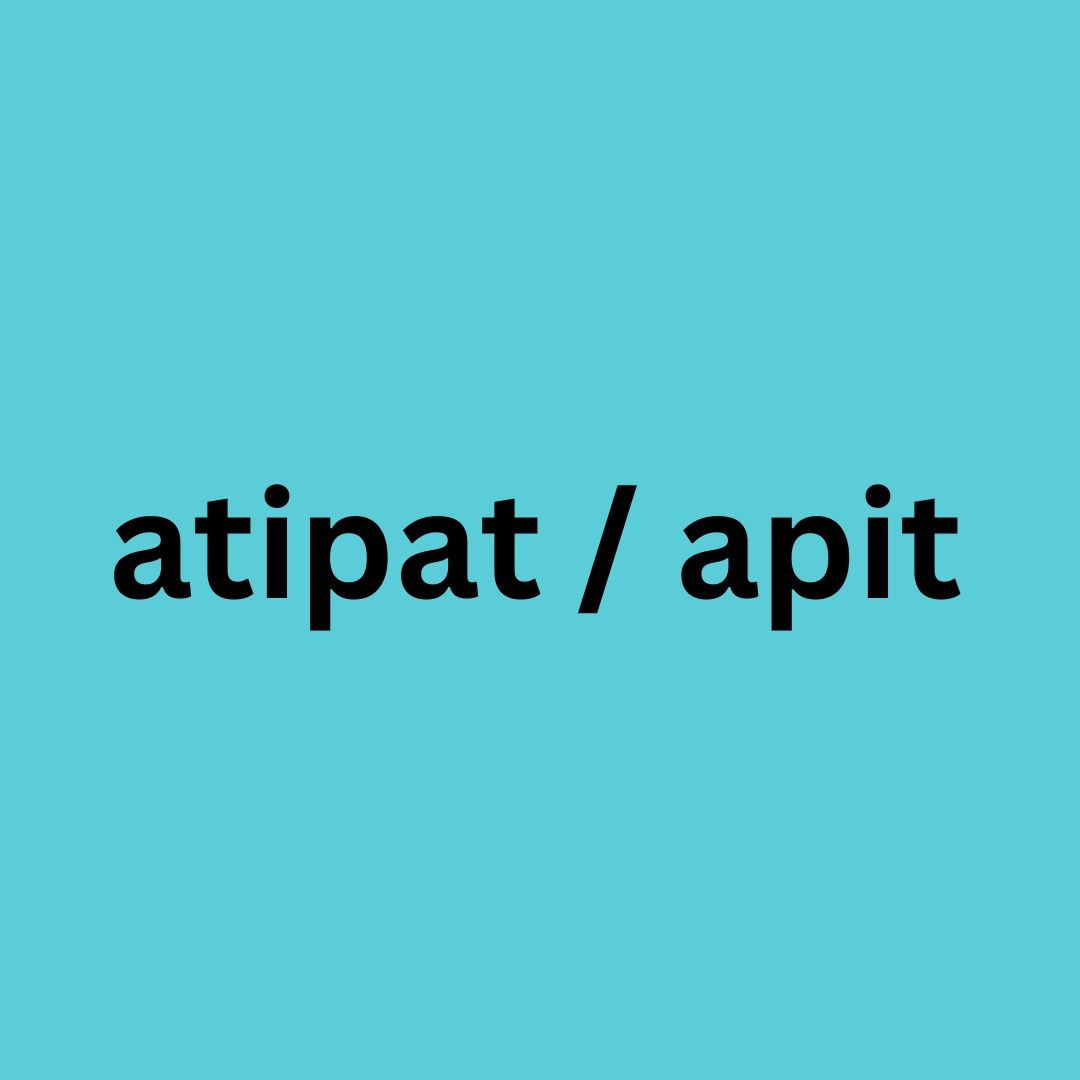
Pawnee Language LearningEp. 29 - GrandfatherSome Pawnee call their Grandpas “atipat”. Some call them “apit.”What’s the difference?Pawnee Language Learning is a reader-supported publication. To support the Pawnee Language Program, consider becoming a free or paid subscriber. Get full access to Pawnee Language Learning at pawneelanguagelearning.substack.com/subscribe
2024-03-1903 min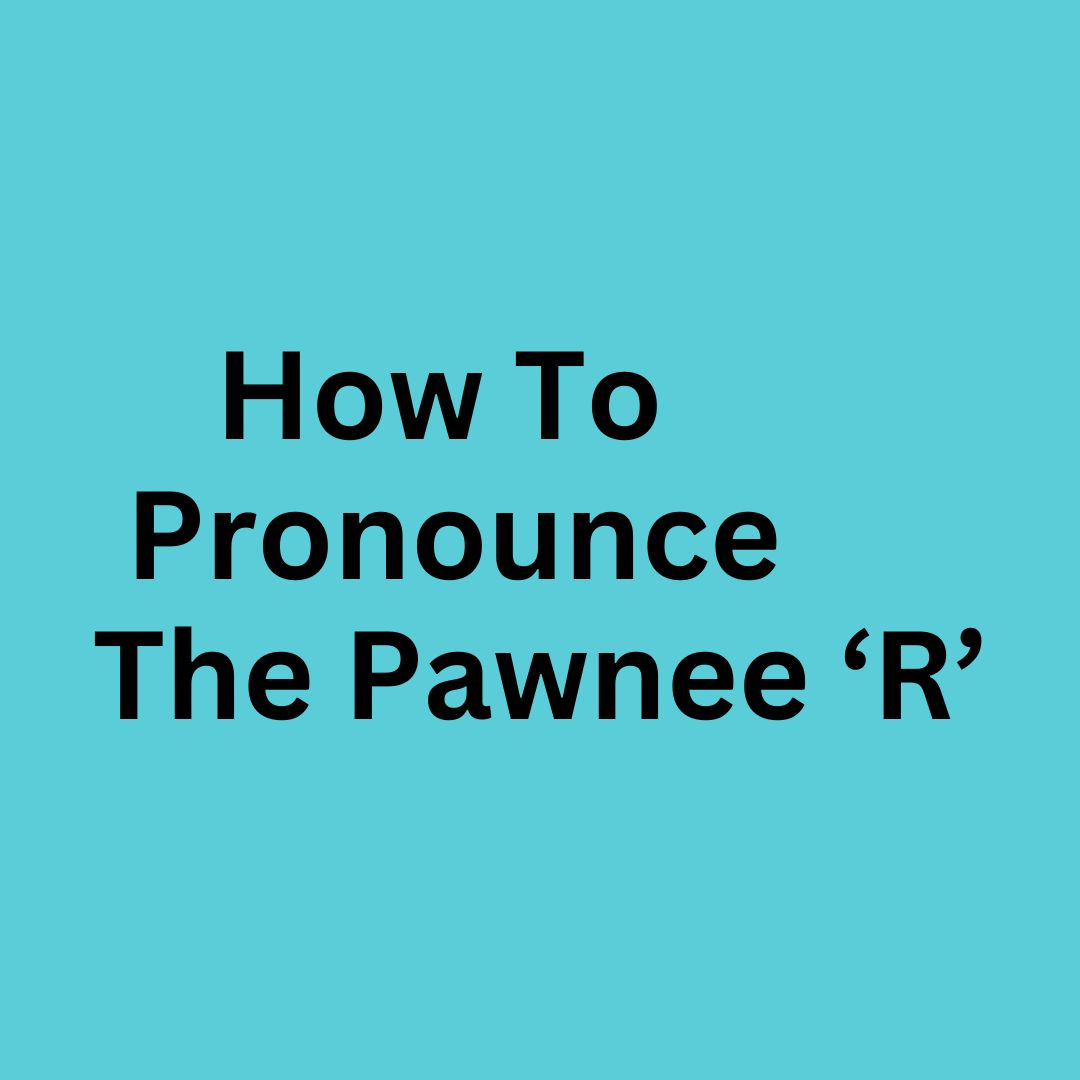
Pawnee Language LearningEp. 27 - Pronouncing the Pawnee 'R'Pawnee Language Learning is a reader-supported publication. To support the Pawnee Language Program, consider becoming a free or paid subscriber. Get full access to Pawnee Language Learning at pawneelanguagelearning.substack.com/subscribe
2024-03-1608 min
Pawnee Language LearningEp. 26 - Brother of a femaleirâcti - If you are female, you would call your brother irâhcti’.Remember the naked C (as apposed to the Č) says “ts”.Nora Pratt says, Irâcti'Pawnee Language Learning is a reader-supported publication. To support the Pawnee Language Program, consider becoming a free or paid subscriber. Get full access to Pawnee Language Learning at pawneelanguagelearning.substack.com/subscribe
2024-03-1502 min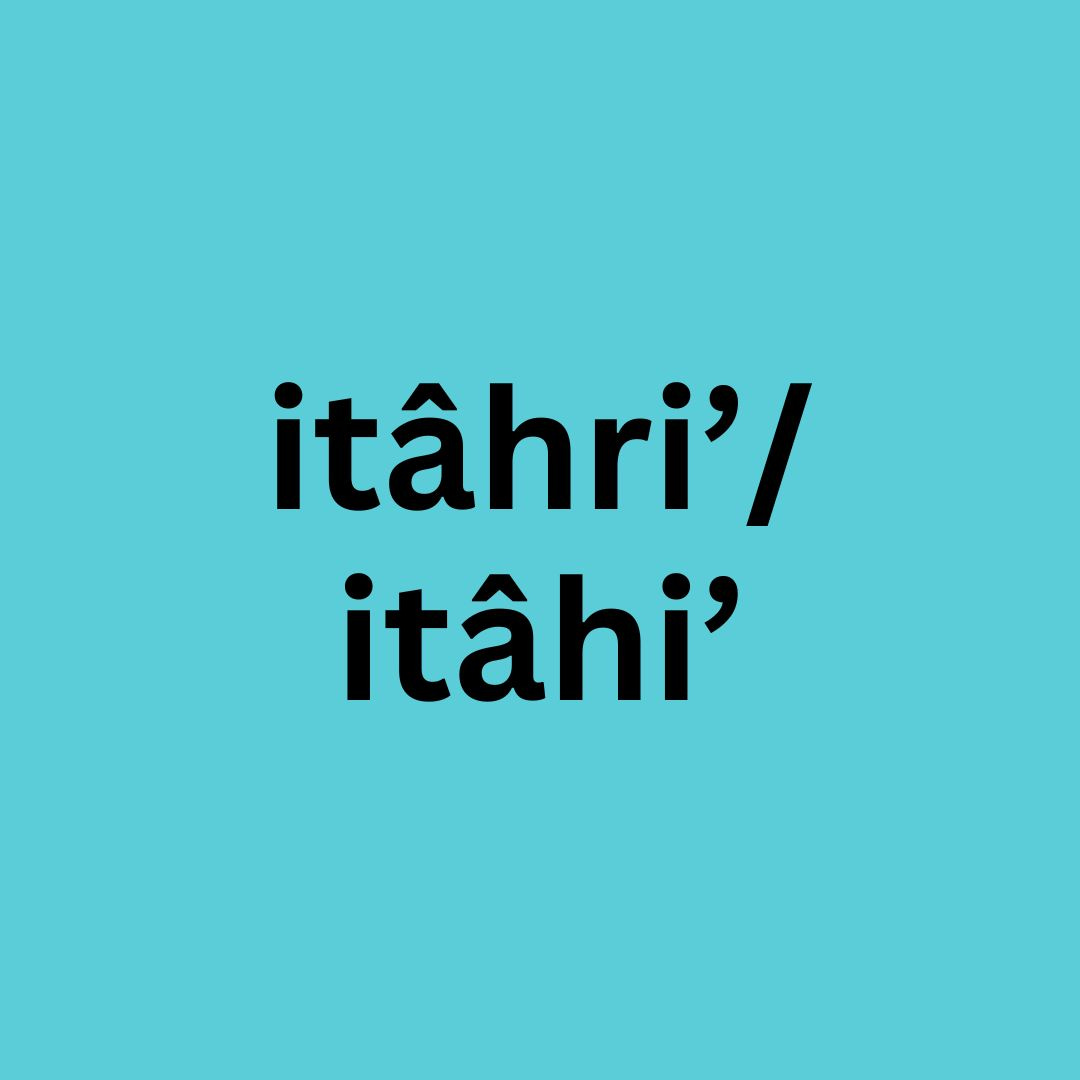
Pawnee Language LearningEp. 25 - Sister of a maleSOUTHBANDitâhri’ - a Southband male calls his sister itâhri’.SKIDIitâhi’ - a Skidi male calls his sister itâhi’.Pawnee Language Learning is a reader-supported publication. To support the Pawnee Language Program, consider becoming a free or paid subscriber. Get full access to Pawnee Language Learning at pawneelanguagelearning.substack.com/subscribe
2024-03-1401 min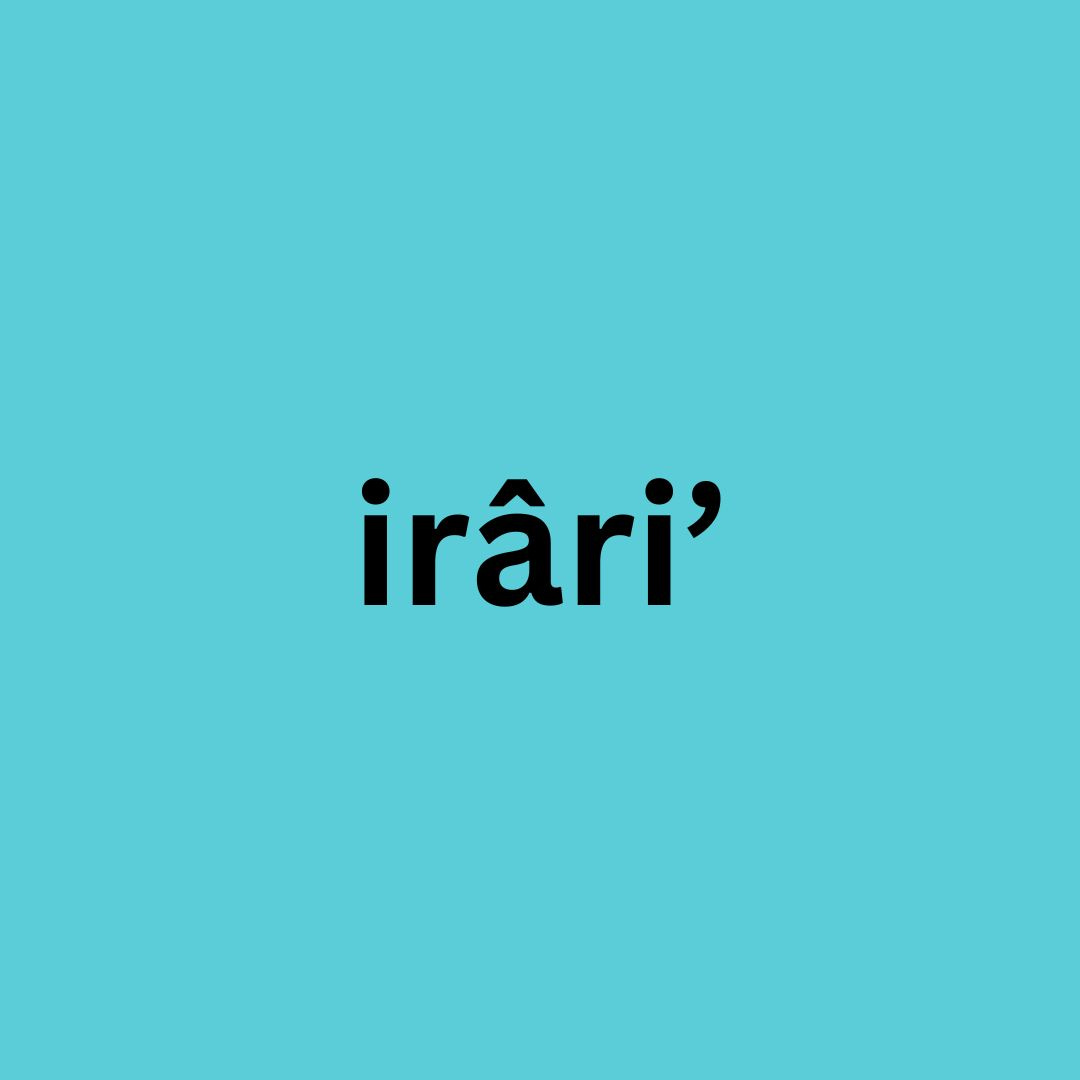
Pawnee Language LearningEp. 24 - Same-sex Siblingirâri’ - same sex sibling. For example, if you are female, you would call your sister(s) irâri’. If you are male, you would call your brother(s) irâri’.Pawnee Language Learning is a reader-supported publication. To support the Pawnee Language Program, consider becoming a free or paid subscriber. Get full access to Pawnee Language Learning at pawneelanguagelearning.substack.com/subscribe
2024-03-1301 min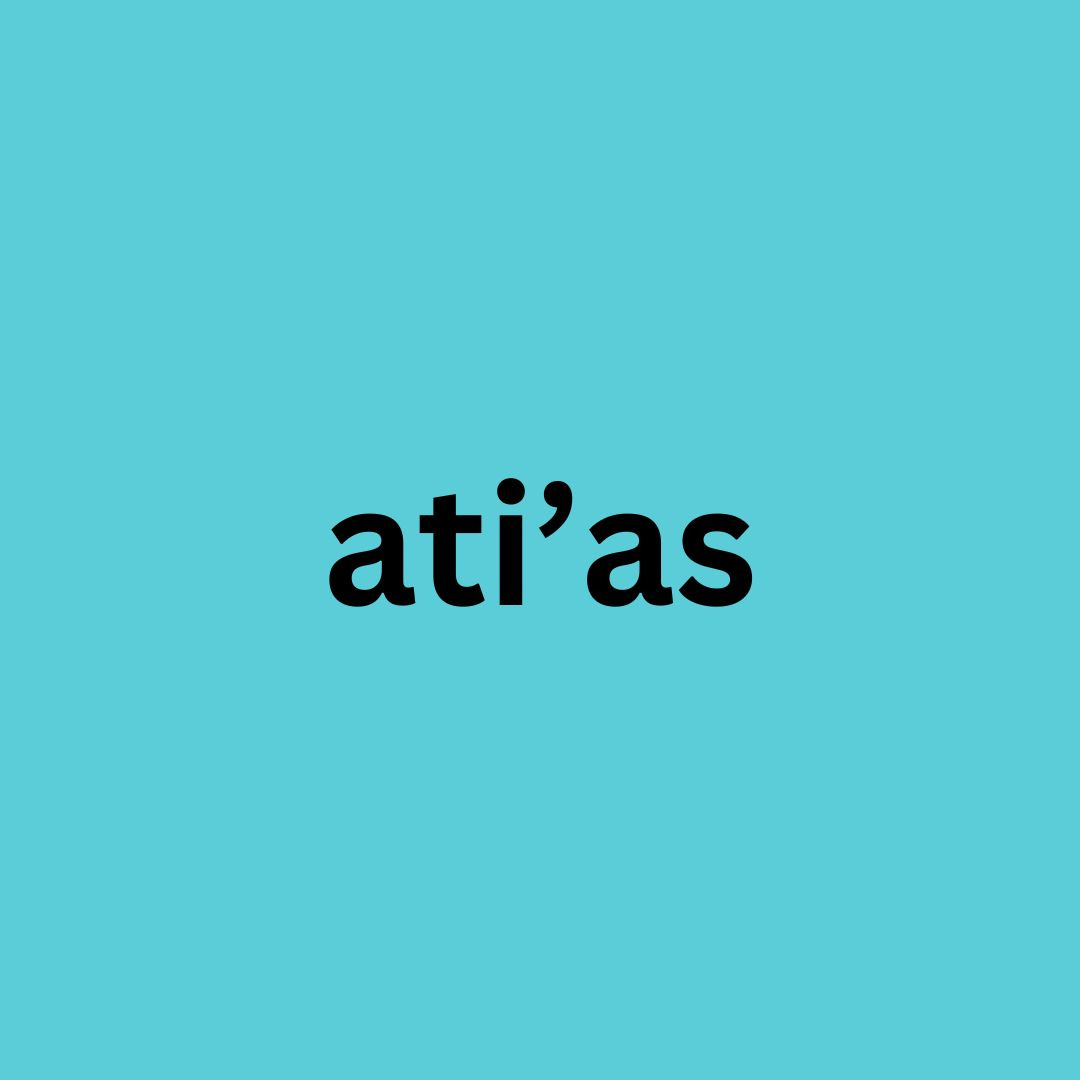
Pawnee Language LearningEp. 23 - My Fatherati’as - my father. Not your father, or his father, not even their father, but your father. You would use ati’as to refer to your own father, you can also call your father Ati’as.Nora Pratt says, Ati'asPawnee Language Learning is a reader-supported publication. To support the Pawnee Language Program, consider becoming a free or paid subscriber. Get full access to Pawnee Language Learning at pawneelanguagelearning.substack.com/subscribe
2024-03-1301 min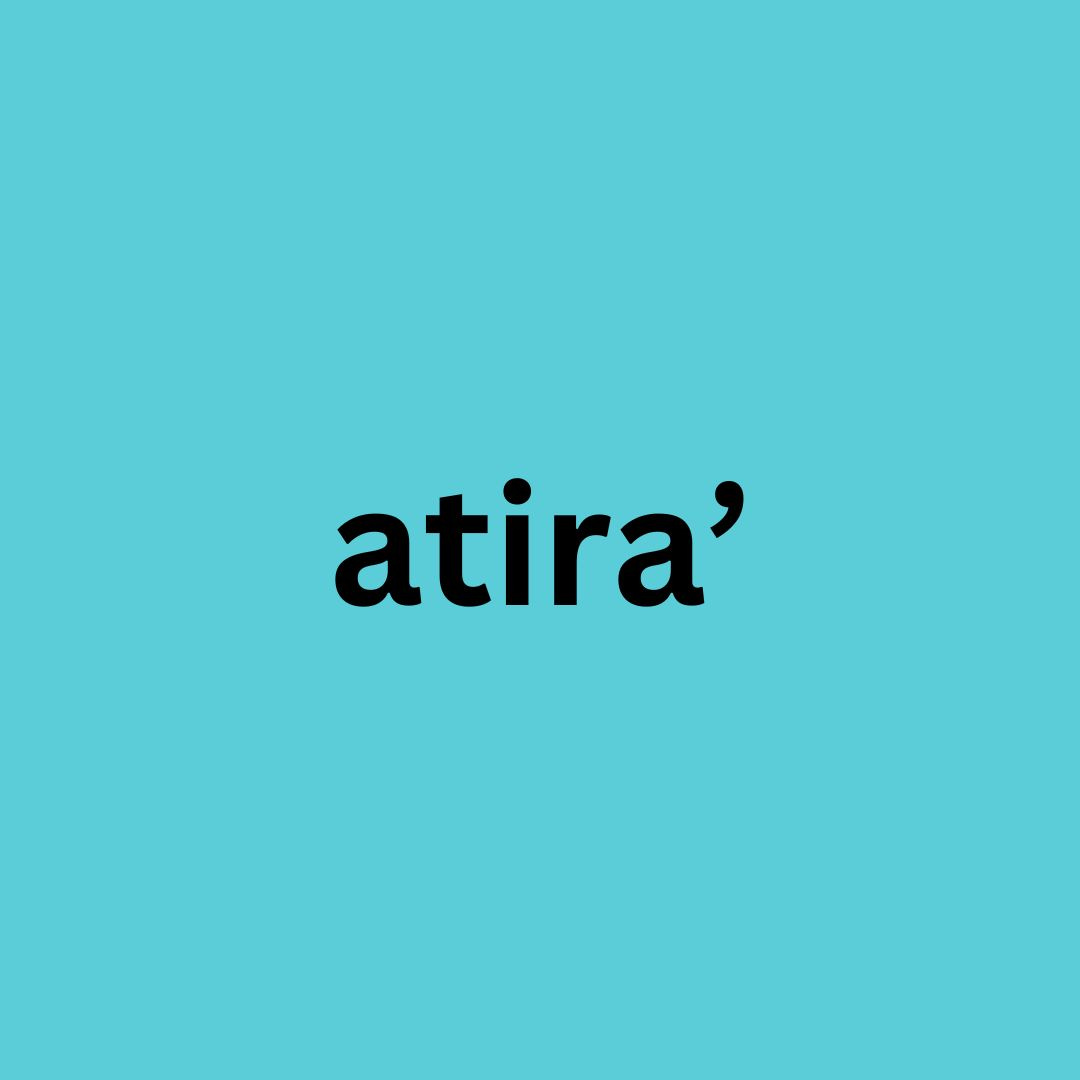
Pawnee Language LearningEp. 22 - My Motheratira - my mother. Not your mother, or her mother, not even their mother, but “my mother”. You use atira when referring to your own mother, you can also call your mother Atira.Pawnee Language Learning is a reader-supported publication. To support the Pawnee Language Program, consider becoming a free or paid subscriber. Get full access to Pawnee Language Learning at pawneelanguagelearning.substack.com/subscribe
2024-03-1302 min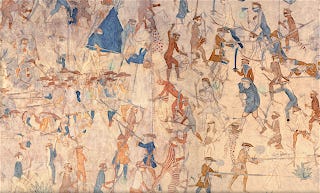
Pawnee Language LearningEp. 21 - Pawnee And Early Spaniards1540 - Coronado encounters the ancestral Pawnee and is met with “ferocious resistance.”1720 - Villasur encounters the Pawnee and Otoe and is badly defeated. A record of this battle was painted on eight buffalo hides, on display at the New Mexico History Museum.Resources:Matt Reed (Pawnee) , A Pawnee Perspecive on the Villasur ExpeditionMelea Hoffman (Otoe-Missouria / Pawnee) , An Otoe-Missouria Perspective on the Villasur ExpeditionVillasur Expedition , Presentation by Dr. Chris Steinke, Bison Society HistorianPawnee Language Learning is a reader-supported publication. To support the Pawn...
2024-03-1213 min
Pawnee Language LearningEp. 20 - GrammarSENTENCE MARKERS:kara - yes/no questionta - positive statementkâka - negative statement* čikstit karaspari’čikstit - to be wellkara - y/n questions - youpari’ - to be going aboutAre you (going about) well?* čikstit tatpari’čikstit - to be wellta - positive statementt - Ipari’ - to be going aboutI am (going about) well.* čikstit kâkatpa...
2024-03-0906 min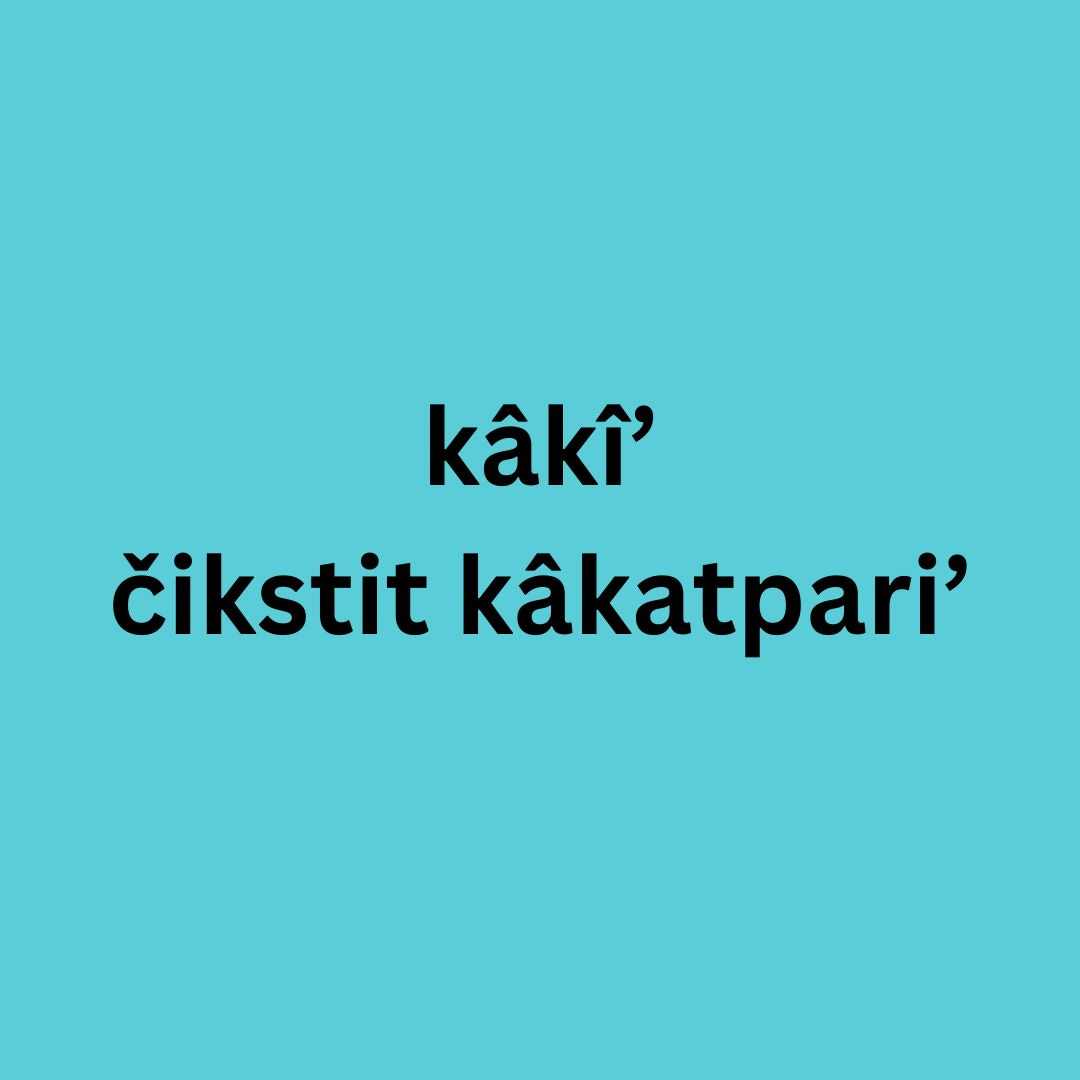
Pawnee Language LearningEp. 19 - No, I'm not (going about) well.kâkî - nočikstit - to be wellpari’ - to go aboutWe’ll dissect the rest of the sentence in episode 20.Pawnee Language Learning is a reader-supported publication. To support the Pawnee Language Program, consider becoming a free or paid subscriber. Get full access to Pawnee Language Learning at pawneelanguagelearning.substack.com/subscribe
2024-03-0803 min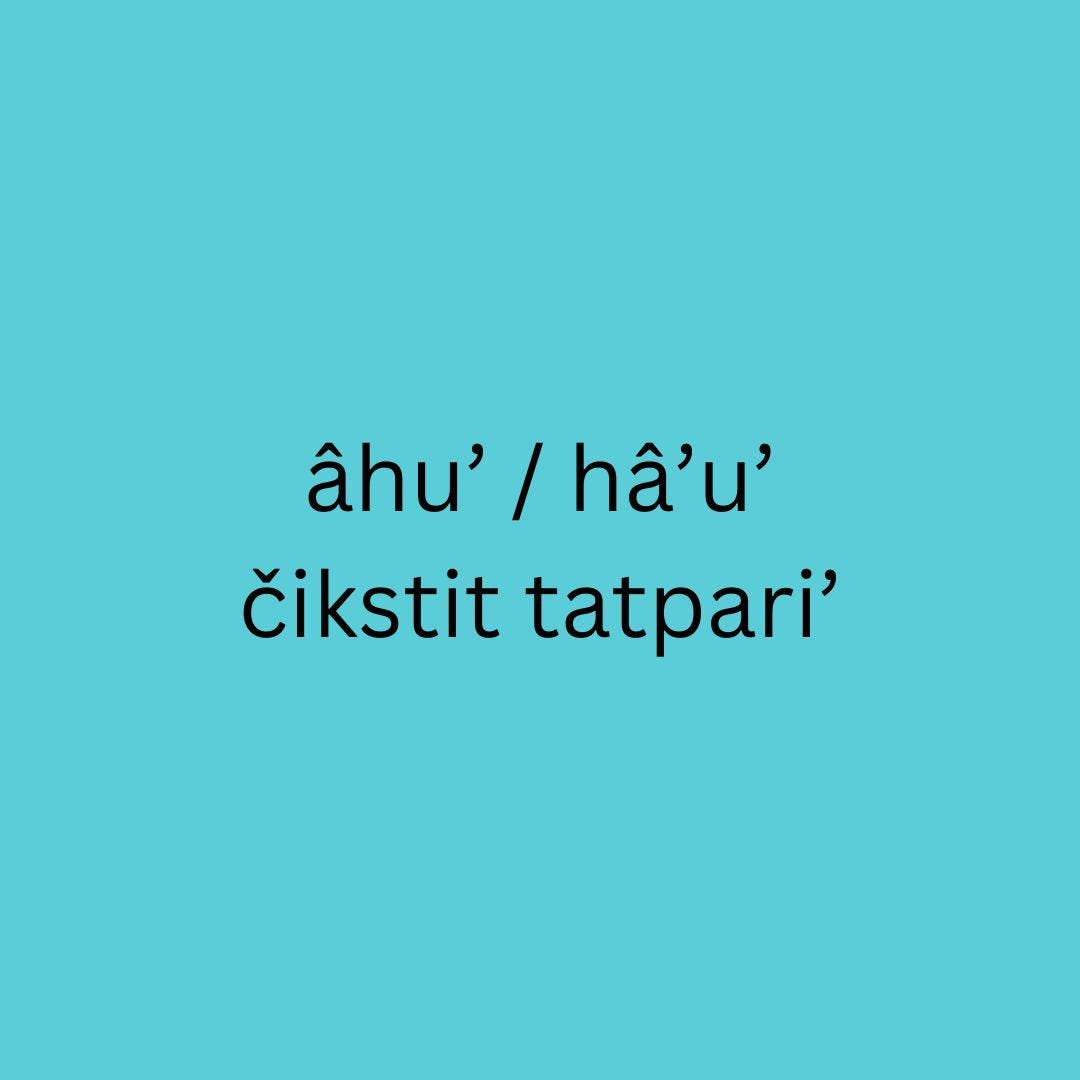
Pawnee Language LearningEp. 18 - Yes, I am (going about) well.SOUTHBAND DIALECTâhu’ - yesSKIDI DIALECThâ’u’ - yesSOUTHBAND AND SKIDI čikstit - to be well. [ č ] is pronounced ‘ch’ as in “church”pari’ - to go aboutWe’ll dissect this sentence and all its grammatical parts in episode 20.Pawnee Language Learning is a reader-supported publication. To support the Pawnee Language Program, consider becoming a free or paid subscriber. Get full access to Pawnee Language Learning at pawneelanguagelearning.substack.com/subscribe
2024-03-0702 min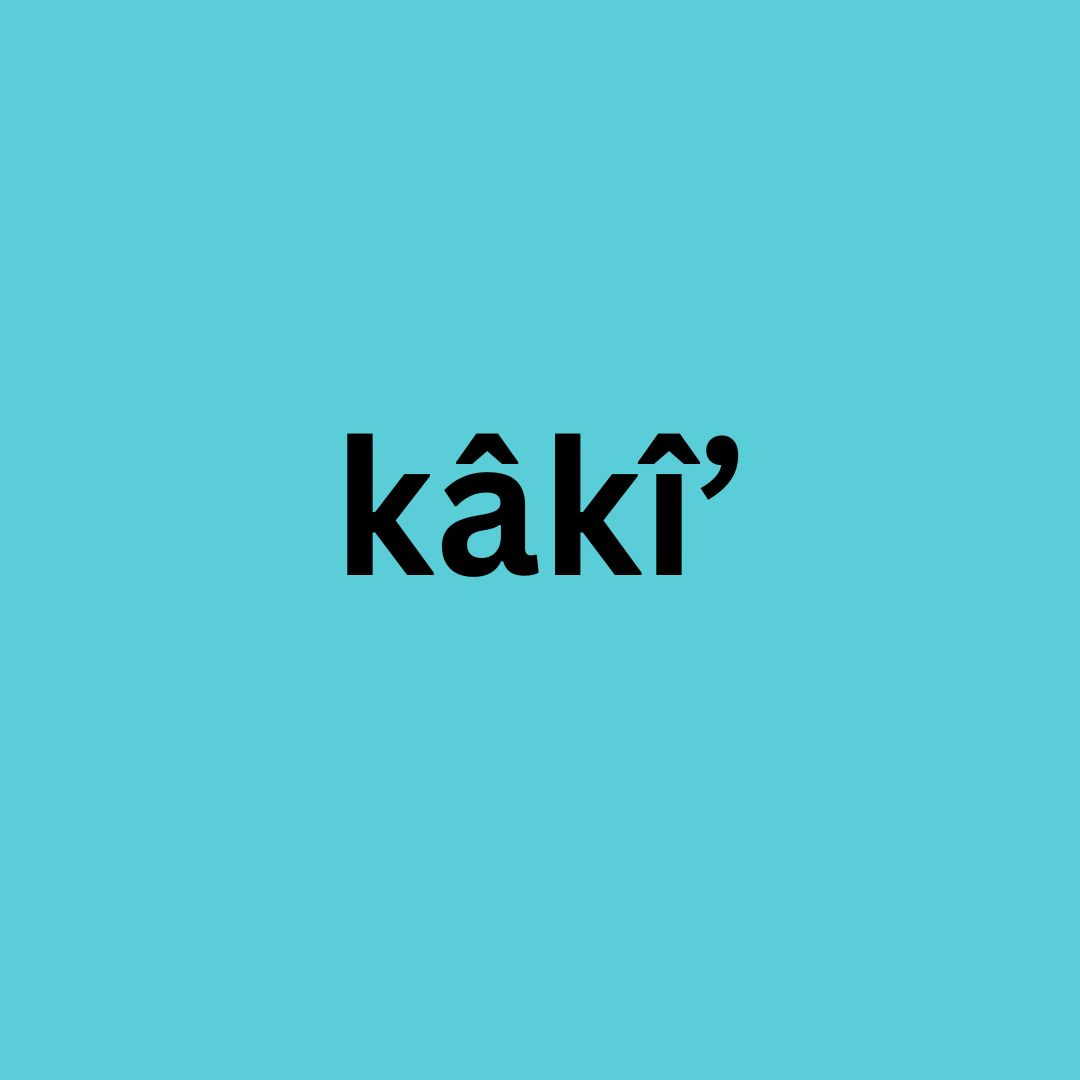
Pawnee Language LearningEp. 17 - Nokâkî’ - no (There are some native speakers who ignore the glottal stop on the end.)Nora Pratt says, kâkî'Pawnee Language Learning is a reader-supported publication. To support the Pawnee Language Program, consider becoming a free or paid subscriber. Get full access to Pawnee Language Learning at pawneelanguagelearning.substack.com/subscribe
2024-03-0602 min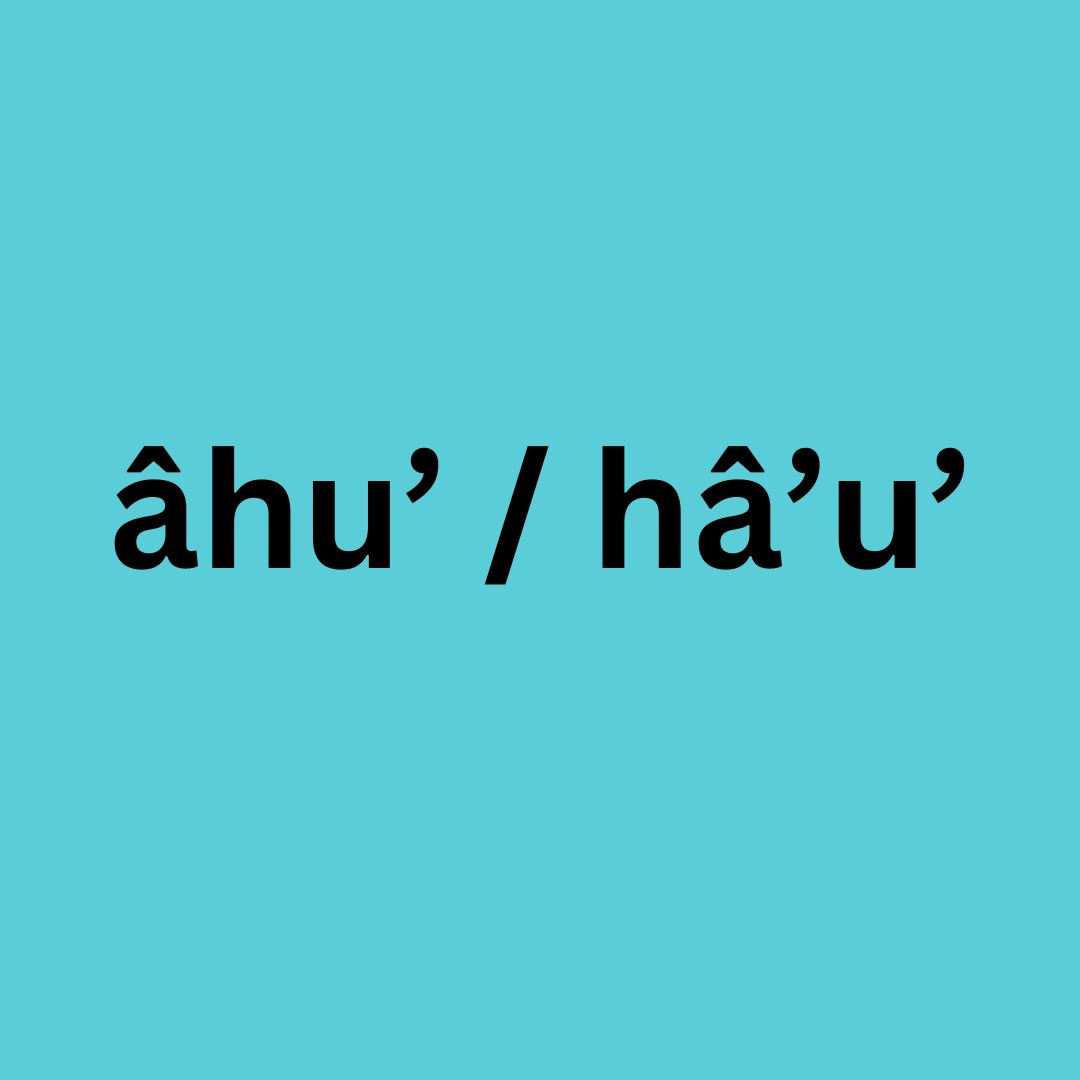
Pawnee Language LearningEp. 16 - YesSOUTHBANDâhu' - yesSKIDIhâ’u' - yesWhich dialect to you choose if your Pawnee family comes from multiple bands? Traditionally, the Pawnee were a matriarchal society, and bands were chosen based on the mother’s family. Husbands who married into the family from a different band were adopted into the wife’s band and their children were considered part of their mother’s band. But, colonization changed that, since most of Europe is patriarchal. So, if you’re a traditionalist, choose your mother’s or grandmother’s band. If you’re not a...
2024-03-0503 min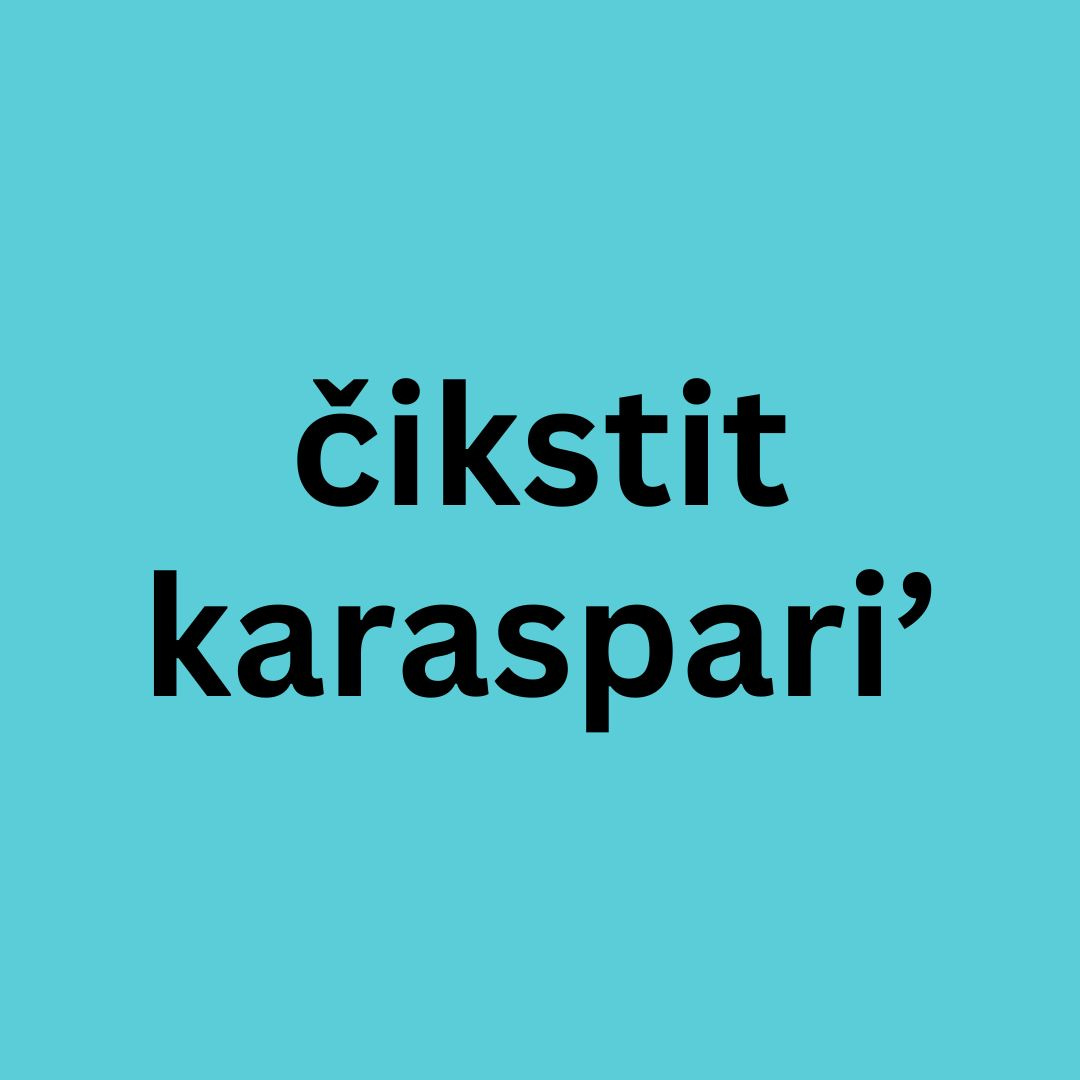
Pawnee Language LearningEp. 15 - Are you (going about) well?čikstit - to be well. [ č ] is pronounced ‘ch’ as in “church".”pari’ - to go aboutWe’ll dissect the sentence and all its parts in episode 20.In Pawnee, your voice does not rise at the end of a sentence if it’s a question. Your voice drops for questions in Pawnee.Funny PS: Substack automatically creates a transcript for these podcasts. It auto-created “Chick Stit Cut A Spuddy” for čikstit karaspari’. I don’t know how y’all feel about Oklahoma Governor Stitt right now, but I’m sure there are some people who think he’...
2024-03-0402 min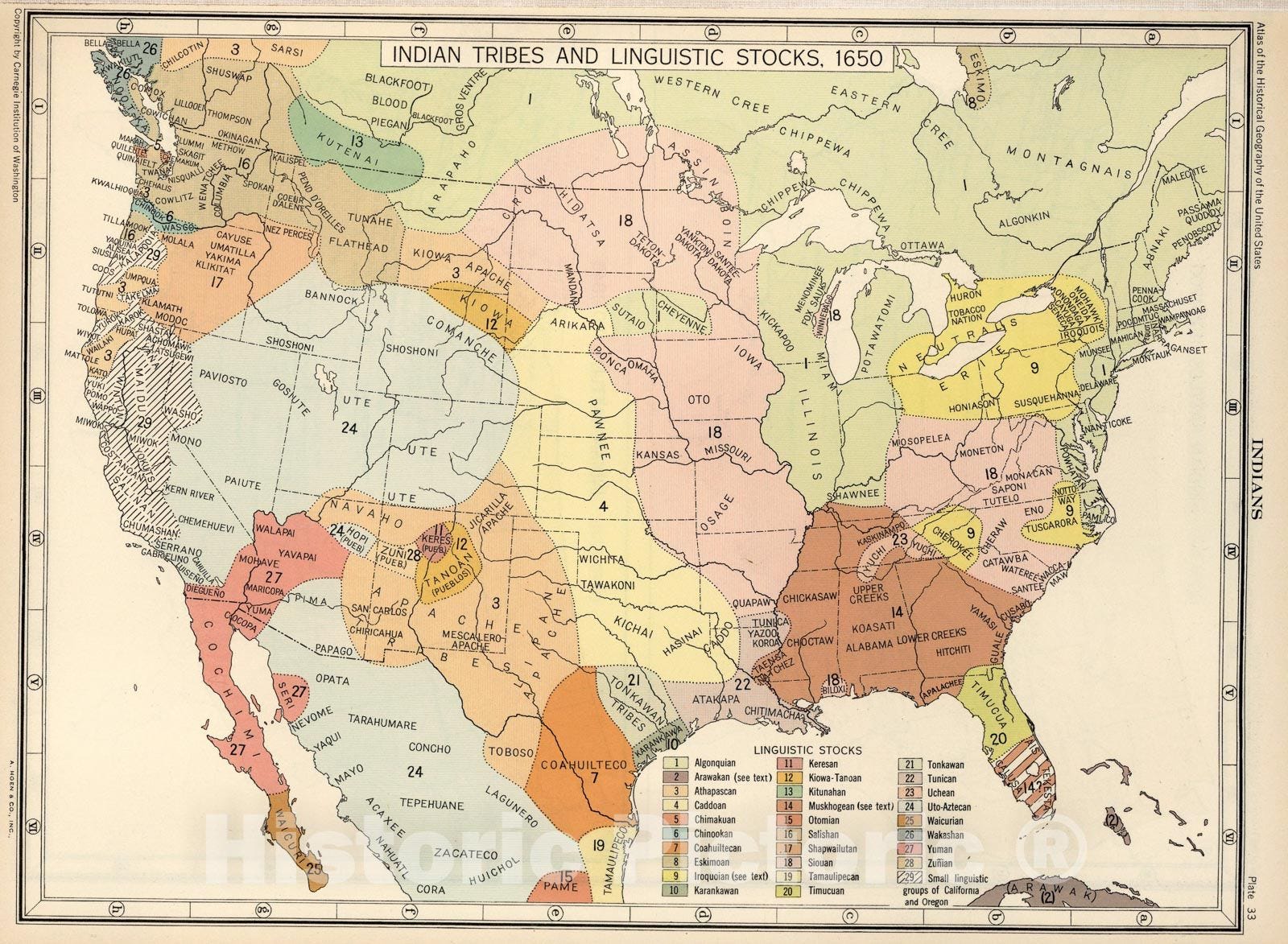
Pawnee Language LearningEp. 14 - Ancient PawneelandThe Enchanted Mirror: Ancient Pawneeland, book by Roger Echo-Hawk (Pawnee)From Peopling to European Contact, presentation by Carlton Shield Chief Gover (Pawnee)Western Pawneeland, presentation by Carlton Shield Chief Gover (Pawnee)Pawnee History, presentation by Matt Reed (Pawnee)Pawnee Language Learning is a reader-supported publication. To support the Pawnee Language Program, consider becoming a free or paid subscriber. Get full access to Pawnee Language Learning at pawneelanguagelearning.substack.com/subscribe
2024-03-0311 min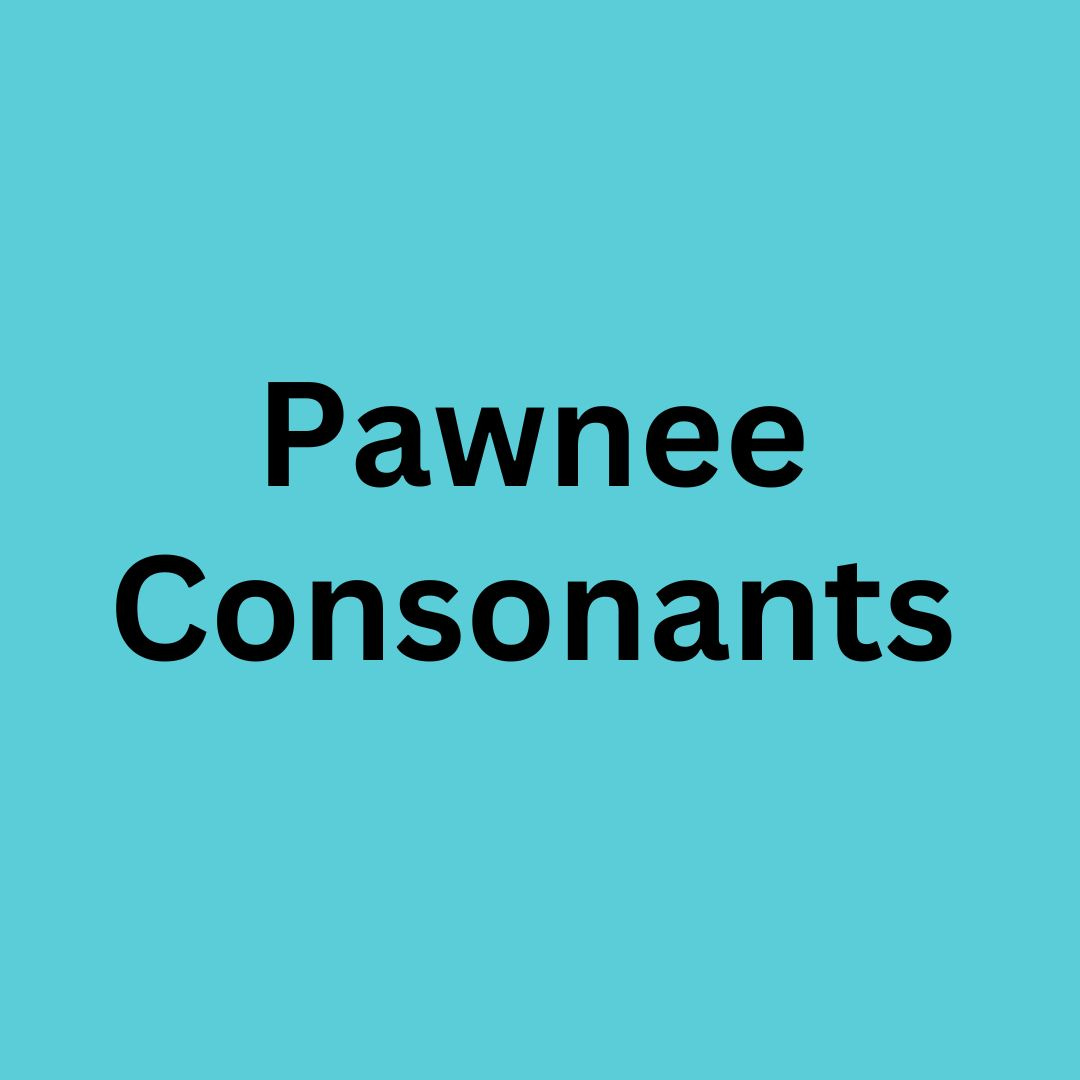
Pawnee Language LearningEp. 13 - Pawnee Consonantsc - the ‘ts’ sound in tsk, tsunami, tsar, catsup, hotspot, cats, suits.č - the ‘ch’ sound in Charlie, church, churlishh - the breathy ‘h’ in “aha!”k - the soft ‘k’ in skate, skip, skin; not the hard ‘k’ in Kate, king, kind.p - soft ‘p’ as in spot, special, spice; not the hard ‘p’ in pop, pot, pebble.s - as in snake, snout, sassy.t - soft ‘t’ as in stop, stay, sting; not the hard ‘t’ in top, Tom, talk, w - as in water, wash, window[ ‘...
2024-03-0211 min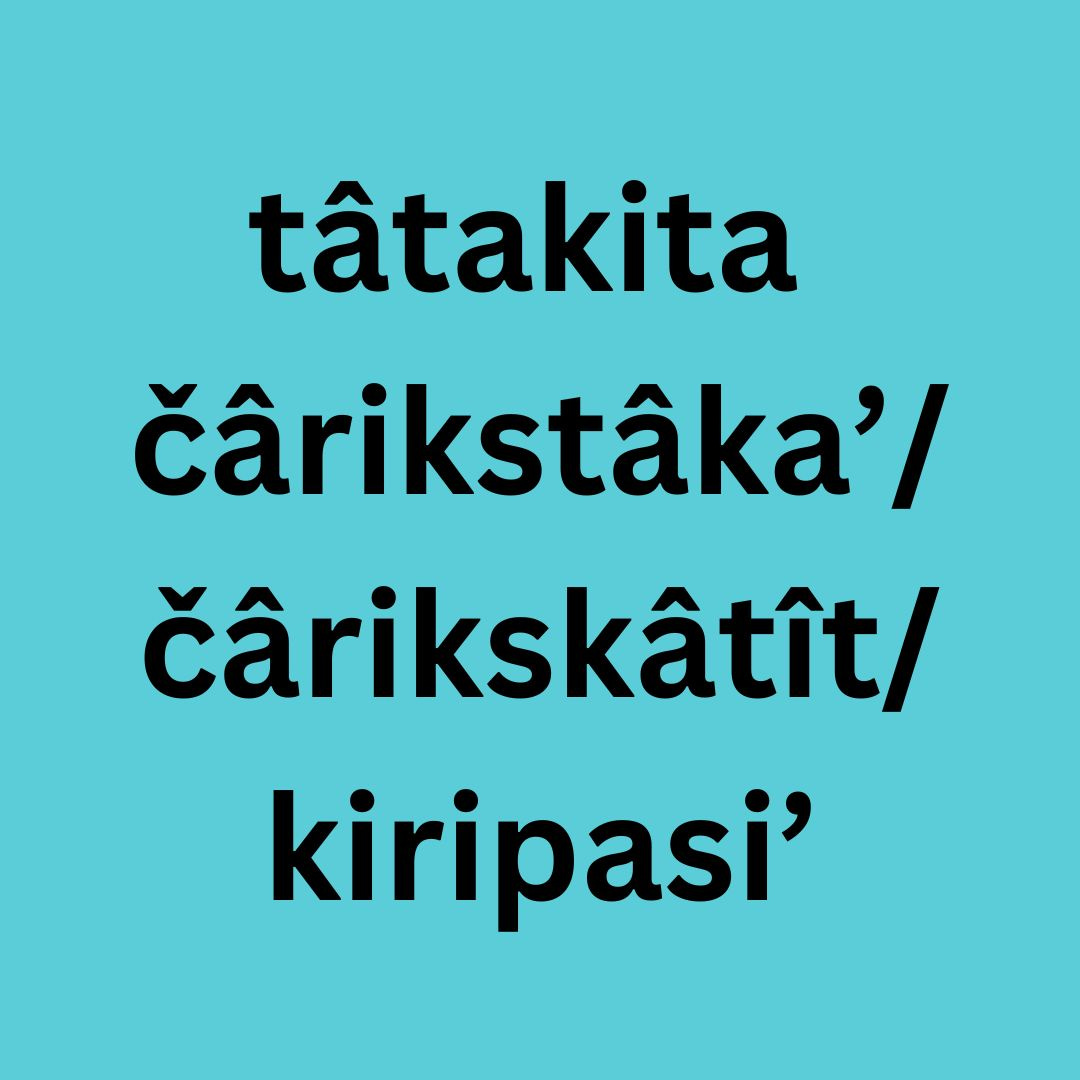
Pawnee Language LearningEp. 12 - I am White / Black / Asiantâtakita - I amSOUTHBAND (SB)čârikstâka’ - white (Caucasian); čâriks=person, tâka’=whitečârikskâtît - Black; čâriks=person, kâtît=blackSKIDI (SK)čâhikstâka’ - white (Caucasian); čâhiks=person, tâka’=whitečâhikskâtît - Black; čâhiks=person, kâtît-blackBOTH BANDSkiripasi’ - Asian; kiri=eyes, pasi’=narrowThe Pawnee [ č ] is pronounced ‘ch’, like the ‘ch’ in “church” and “Charlie.”Nora Pratt is Skidi Pawnee. Listen to her pronunciation below:Nora Pratt says, Čâhikskâtît
2024-03-0103 min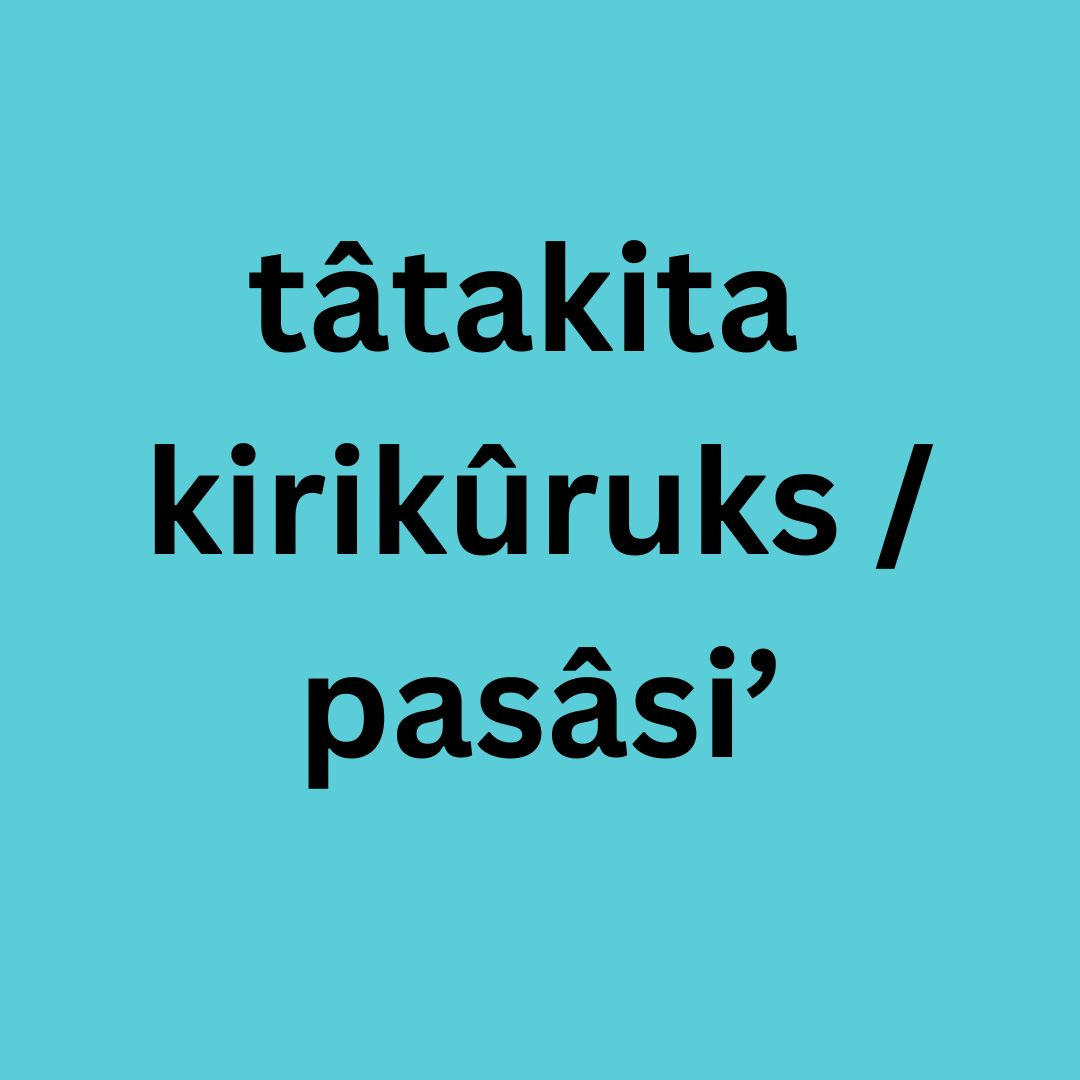
Pawnee Language LearningEp. 11 - I am Wichita / Osagetâtakita - I amkirikûruks - Wichita. Literally, it means ‘bear eyes’.pasâsi’ - OsageThe Pawnee ‘k’ is a soft ‘k’, pronounced like the ‘k’ in ‘skate’, not a hard ‘k’ as in ‘Kate.’We will review all the Pawnee consonants in episode 13.Nora Pratt says, KirikûruksNora Pratt says, Pasâsi'Pawnee Language Learning is a reader-supported publication. To support the Pawnee Language Program, consider becoming a free or paid subscriber. Get full access to Pawnee Language Learning at pawn...
2024-02-2902 min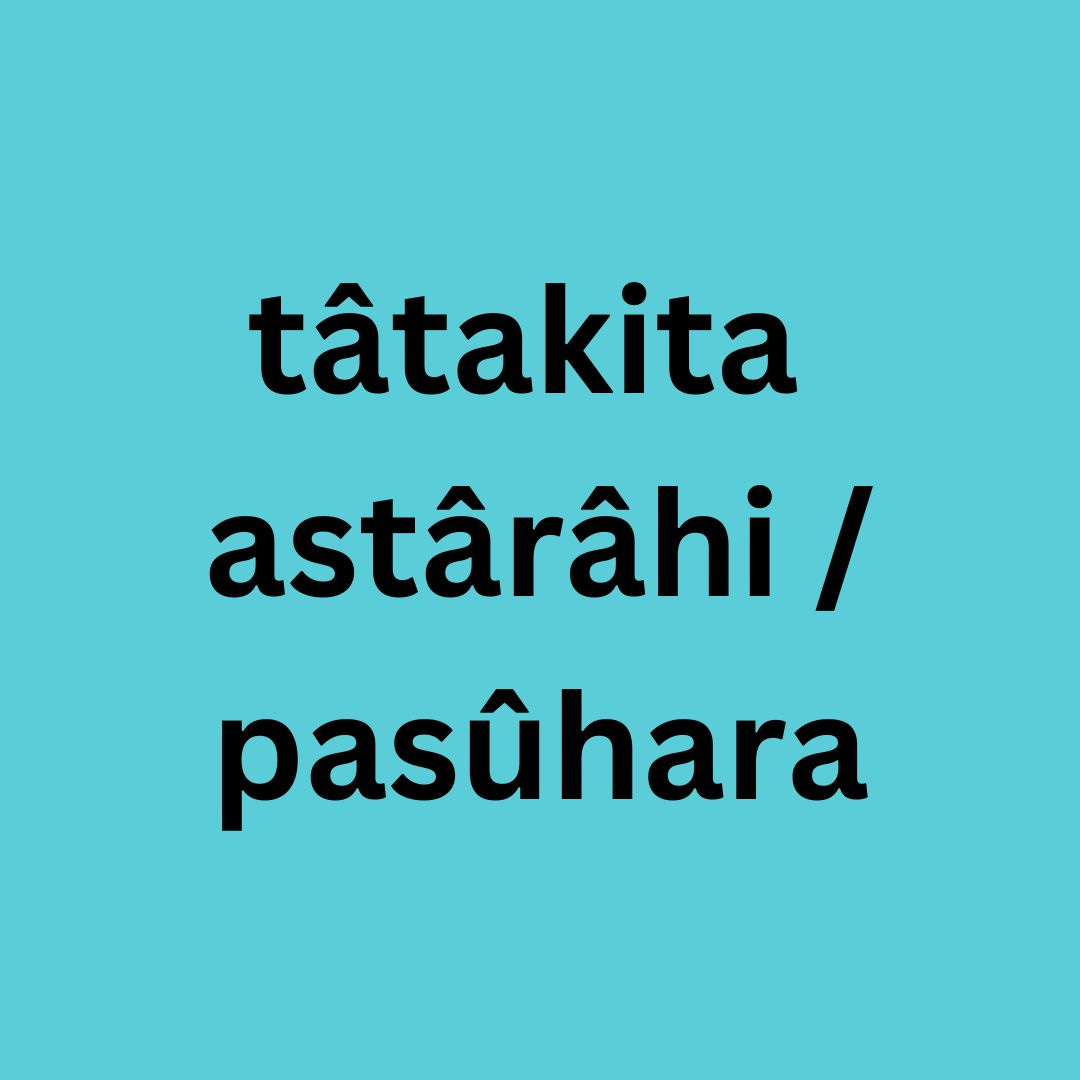
Pawnee Language LearningEp. 10 - I am Arikara / Otoetâtakita - I amastârâhi - Arikarapasûhara - OtoeThe Pawnee ‘h’ in between vowels is pronounced like the English ‘h’ in ‘hat’.We will review all the Pawnee consonants in episode 12.Nora Pratt says, PasûharaNora Prat says, AstârâhiPawnee Language Learning is a reader-supported publication. To support the Pawnee Language Program, consider becoming a free or paid subscriber. Get full access to Pawnee Language Learning at pawneelanguagelearning.substack.com/subscribe
2024-02-2802 min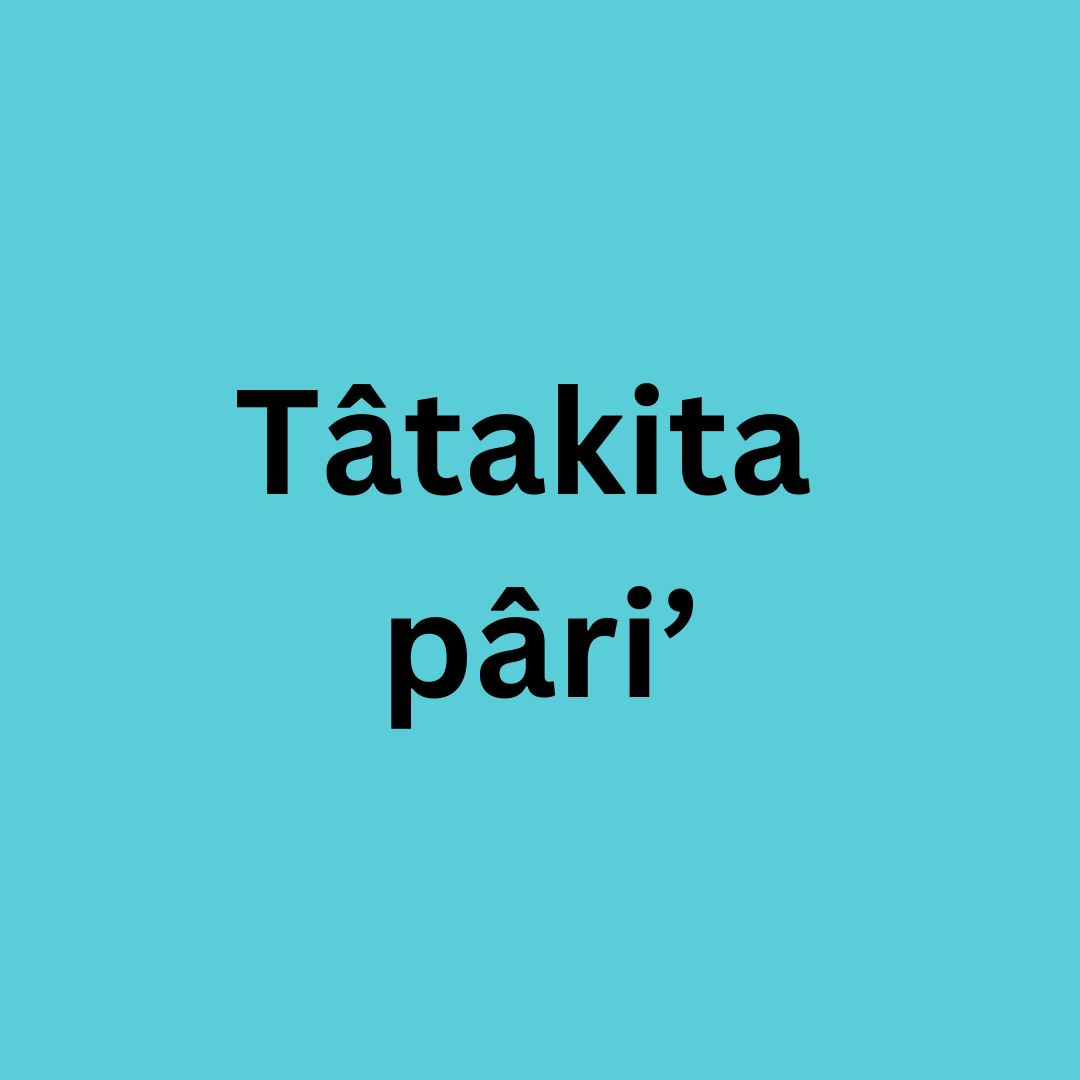
Pawnee Language LearningEp. 9 - I am Pawneetâtakita - I ampâri’ - PawneeThe Pawnee ‘r’ is a flapped ‘r’, pronounced like the Spanish ‘r’ in Rodriguez or Rafael, or the Japanese ‘r’ in ramen. English does have this sound, it’s the middle sound in the word “butter” and “ladder”. If you are having trouble flapping your ‘r’, you can use a soft ‘d’ sound, or an ‘L’ or even an ‘n’ sound. The early English-speaking settlers couldn’t pronounce Pâri’, so it became Pani, then Pawnee.The Pawnee ‘p’ is a soft ‘p’, pronounced like the ‘p’ is “spot” or “spray”, not the hard ‘p’ as in “...
2024-02-2804 min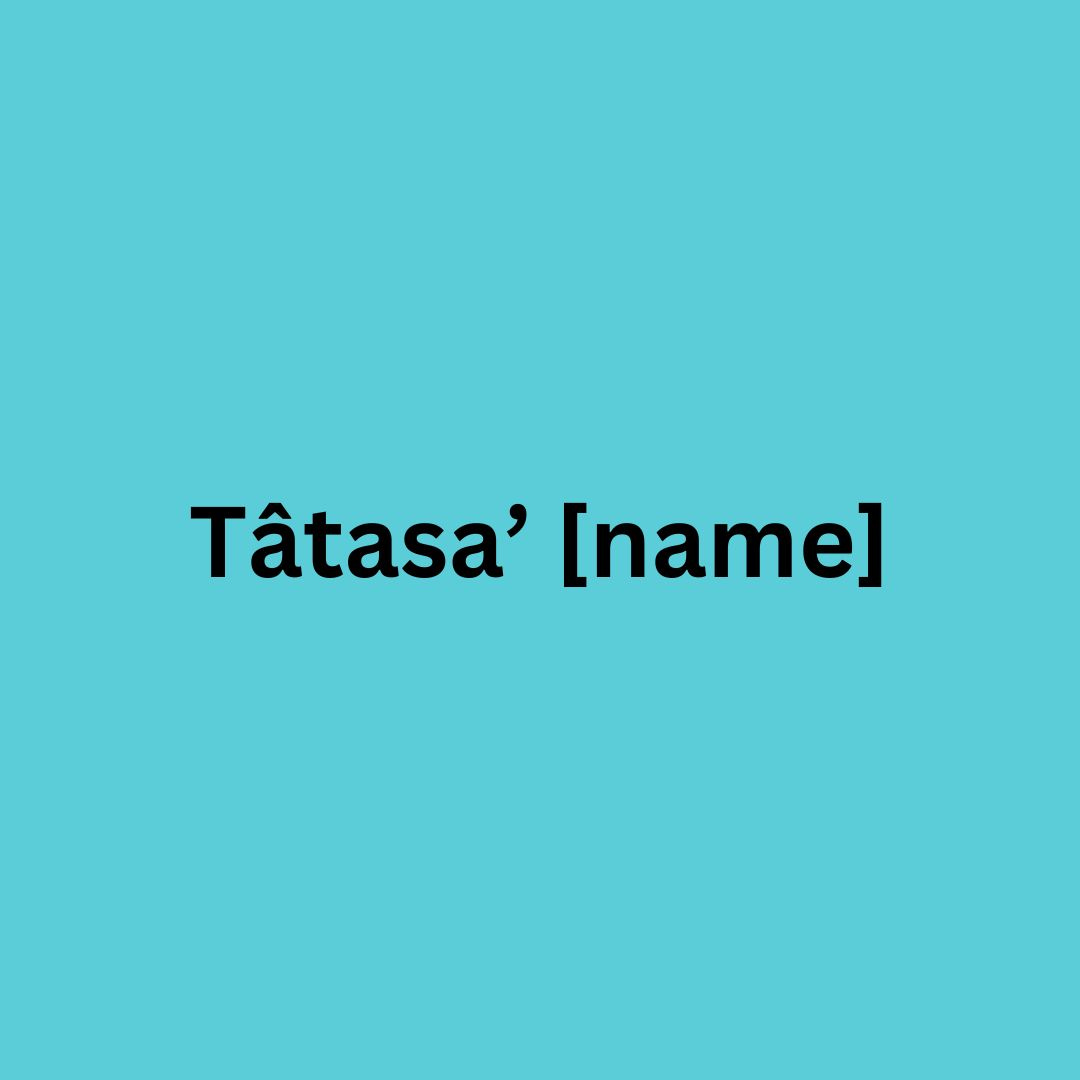
Pawnee Language LearningEp. 8 - I am called [name].Tâtasa’ - I am called______. It’s the equivalent of the English, My name is____.The Pawnee ‘t’ is pronounced like the soft ‘t’ in ‘stop’ and ‘stay’, not the hard ‘t’ in Tom, trouble, or truck. Your tongue is behind your teeth.Pawnee Language Learning is a reader-supported publication. To support the Pawnee Language Program, consider becoming a free or paid subscriber.The Pawnee ‘s’ is pronounced the same as the English ‘s’. Get full access to Pawnee Language Learning at pawneelanguagelearning.substack.com/subscribe
2024-02-2703 min
Pawnee Language LearningEp. 7 - Who Are The Pawnee?Where and when are the beginnings of Pawnee consciousness? Who are the Pawnee related to? Should we consider indigenous oral traditions when researching their history? Join me in a short discussion of the beginnings of Pawnee history and a couple of amazing people who are finding truth in stories.Links to Resources:Roger Echo-Hawk, The Enchanted Mirror: Ancient PawneelandCarlton Gover on Pawnee/Arikara History Get full access to Pawnee Language Learning at pawneelanguagelearning.substack.com/subscribe
2024-02-2611 min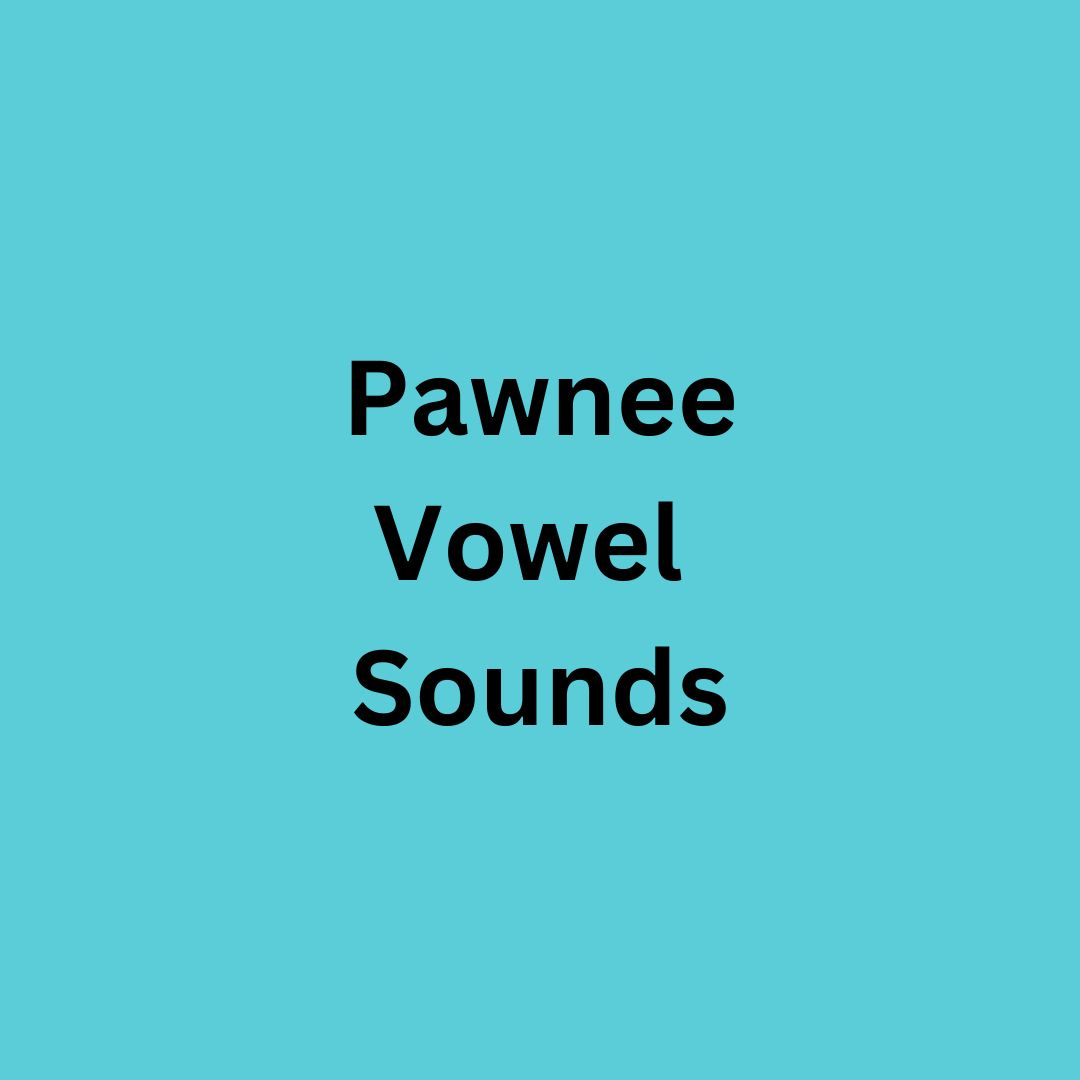
Pawnee Language LearningEp. 6 - Pawnee Vowel Sounds*Vowel sounds used by both the Skidi and Southband dialects:a - ‘a’ as in about, around, above, what, was. The “uh” sound.â - ‘a’ as in father, water, walk and talk.i - ‘i’ as in hit, sit, it, Indian.î - ‘i’ as in machine, trampoline, magazine. u - ‘u’ as in bush, push, cushion, and the vowel sound in foot and book.û - ‘u’ as in consume, resume, tune and costume.*Southband dialect has two more vowel sounds:e - ‘e’ as in egg, bet, wet.ê - ‘e’...
2024-02-1408 min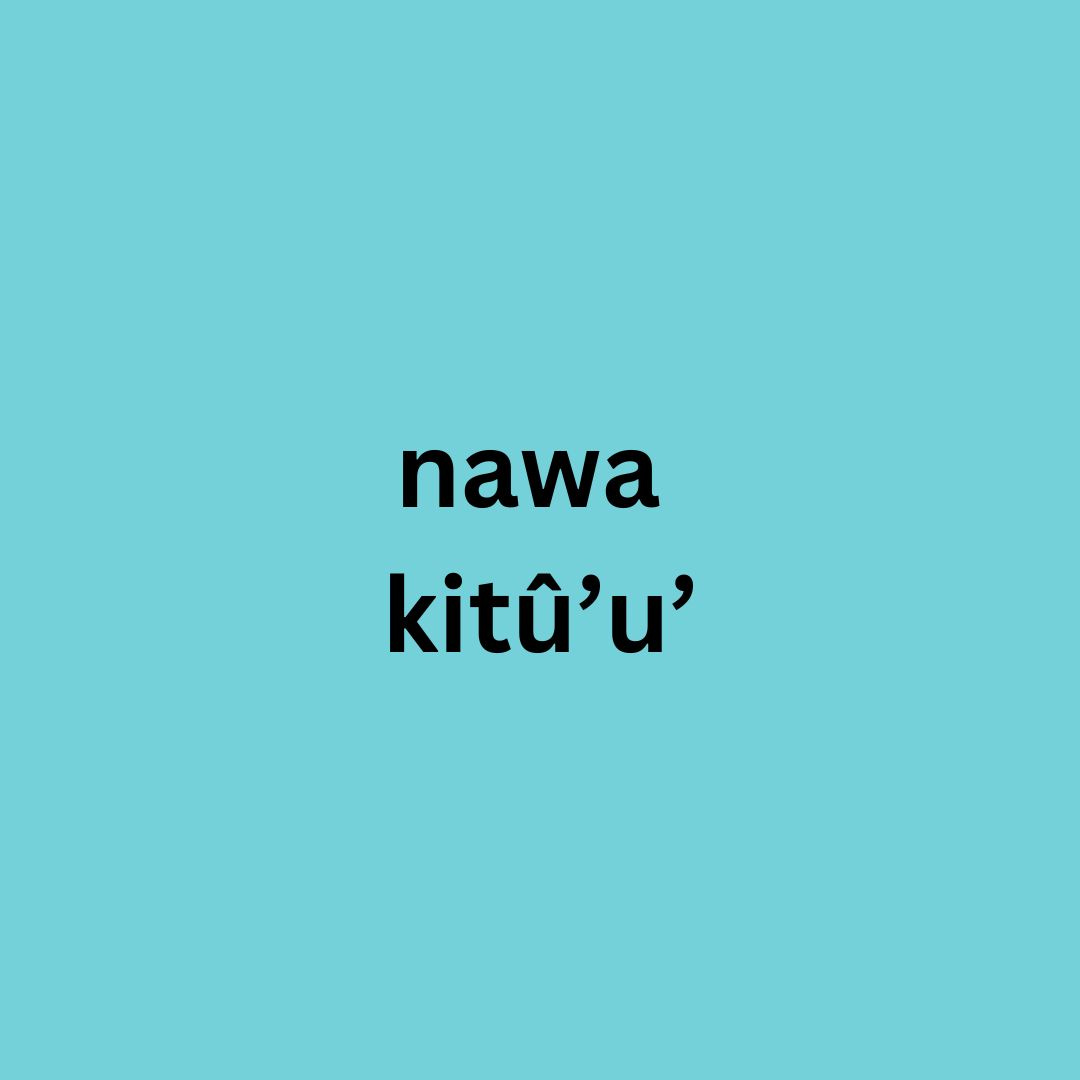
Pawnee Language LearningEp. 5 Greetings, everyone and everythingnawa - greetingskitû’u’ - everyone and everything. All the people who are there, all the animals that are there, the trees, everyone and everything that is present.The Pawnee long ‘u’—û—is pronounced like the ‘u’ in June, illuminate and costume. We will go over all the Pawnee vowel sounds in episode 6. Listen to Nora Pratt say, kitû'u' Get full access to Pawnee Language Learning at pawneelanguagelearning.substack.com/subscribe
2024-02-1402 min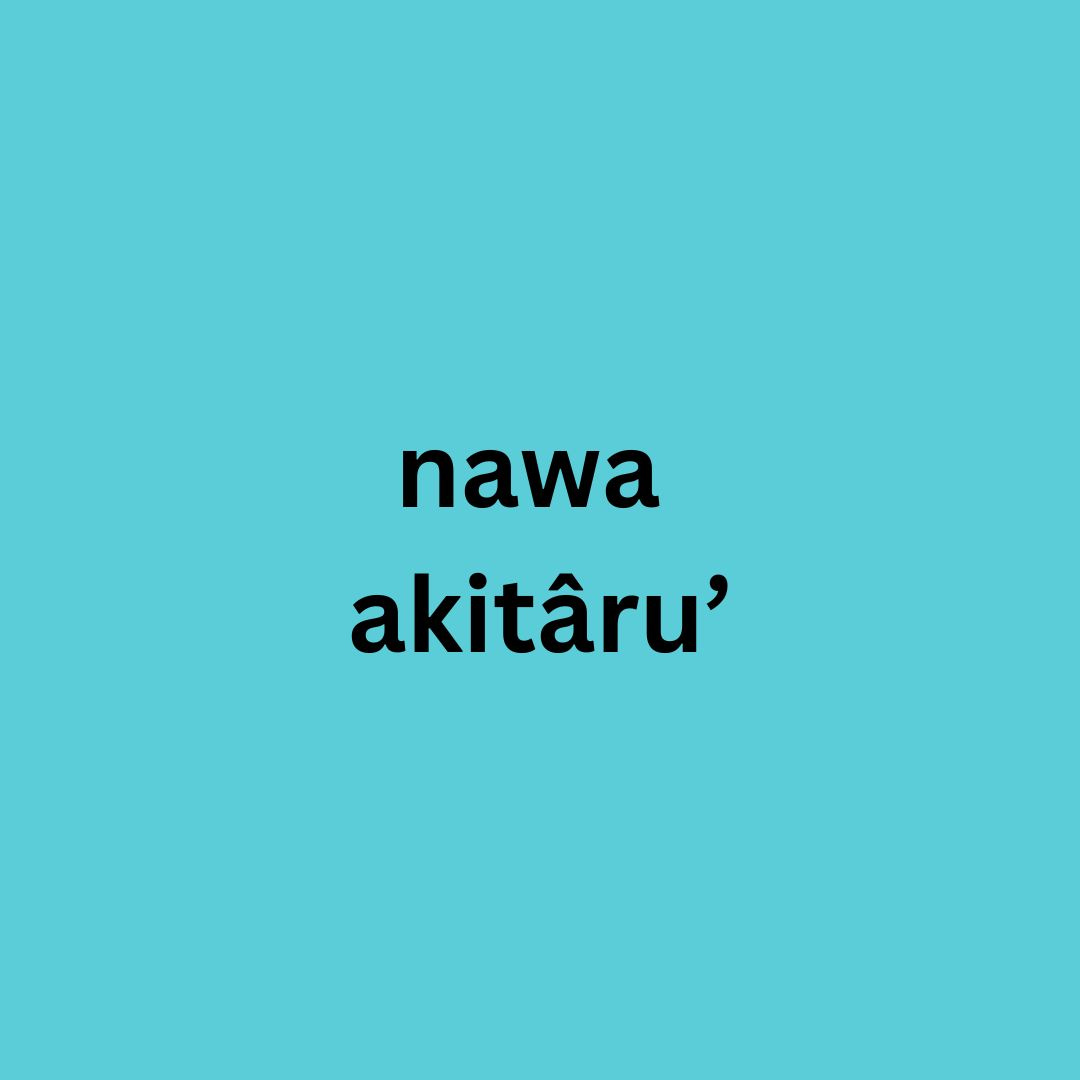
Pawnee Language LearningEp. 4 Greetings, tribe.nawa - greetings.akitâru’ - tribe.The Pawnee short ‘u’, is pronounced like the ‘u’ in bush, push, cushion, and the vowel sound in foot and book. We’ll go over all the Pawnee vowel sounds in episode 6.The [ ’ ] is a glottal stop, telling the speaker to clip that final ‘u’, don’t drag it out.Listen to Nora Pratt say, akitâru' Get full access to Pawnee Language Learning at pawneelanguagelearning.substack.com/subscribe
2024-02-1402 min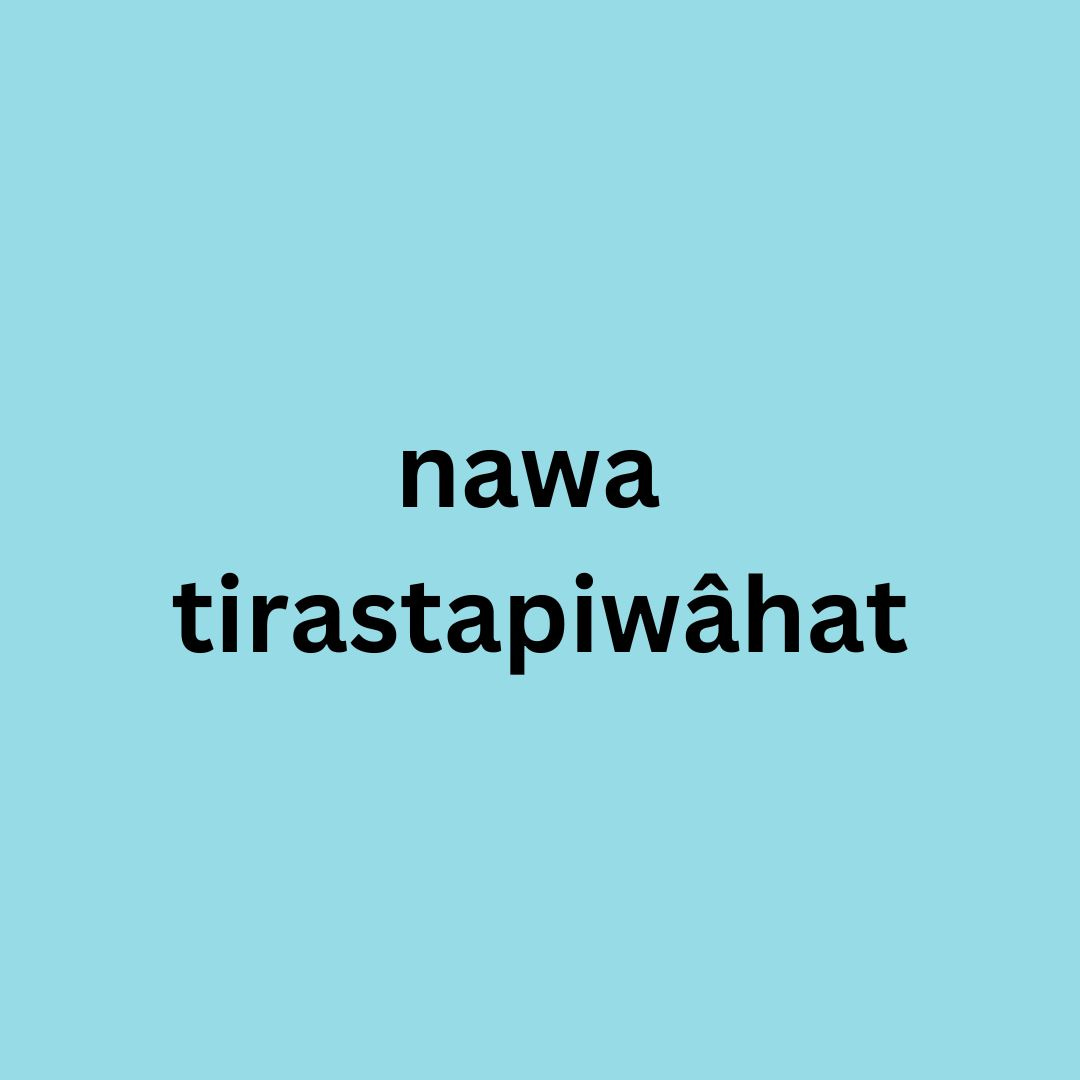
Pawnee Language LearningEp.3 Greetings to those here, and scattered aboutnawa - greetingstirastapiwâhat - to everyone seated here and to those who are scattered about. Everyone is in the same general area, but there might be little groups of people scattered around.The Pawnee long ‘a’ is pronounced like the ‘a’ in father and water. The “ah” sound.We will go over all the Pawnee vowel sounds in episode 6. Get full access to Pawnee Language Learning at pawneelanguagelearning.substack.com/subscribe
2024-02-1302 min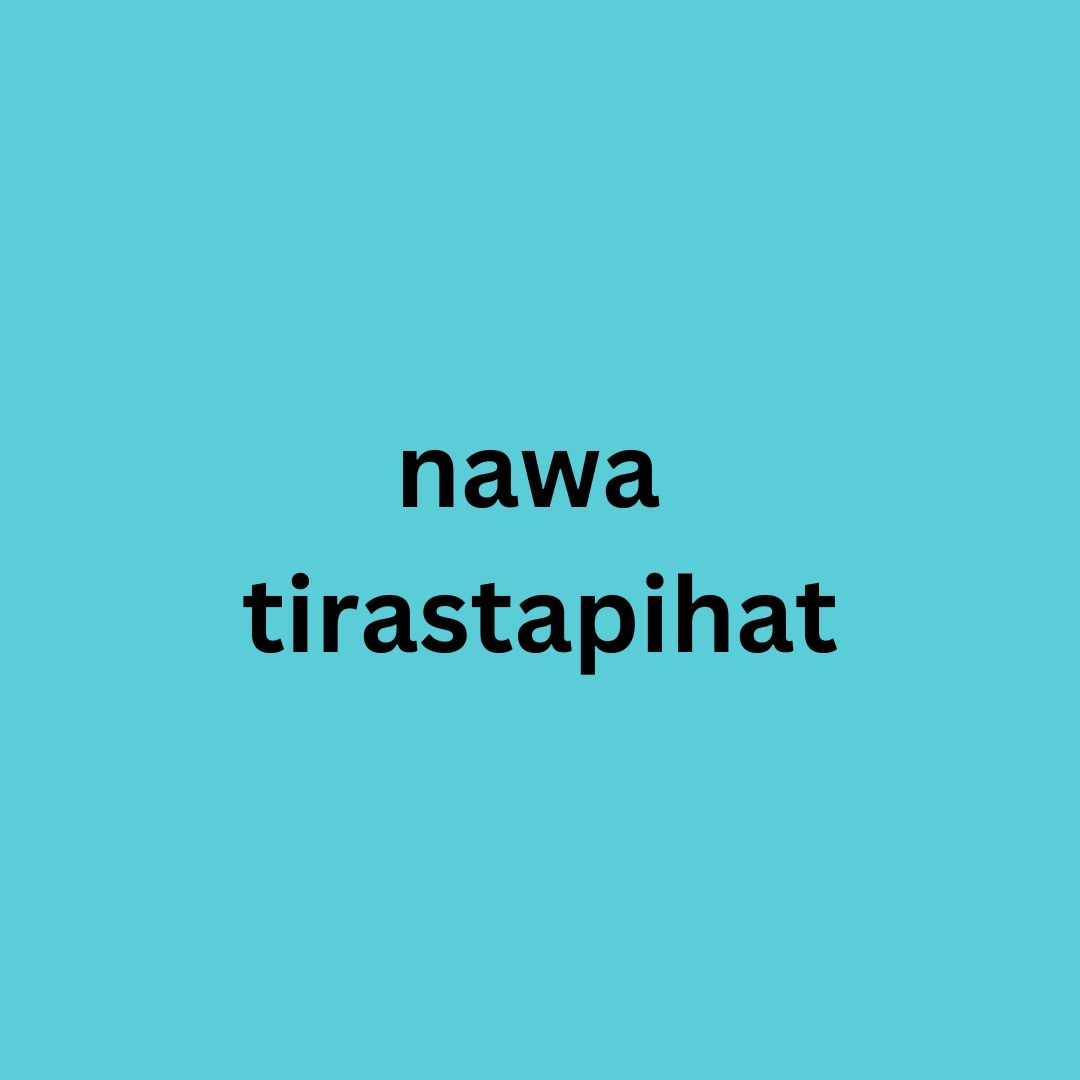
Pawnee Language LearningEp. 2 Greetings, everyonenawa - greetingstirastapihat - to all who are seated here.The Pawnee short ‘i’ is pronounced like the ‘i’ in hit, sit, spit. We will go over all the Pawnee vowel sounds in episode 6. Get full access to Pawnee Language Learning at pawneelanguagelearning.substack.com/subscribe
2024-02-1301 min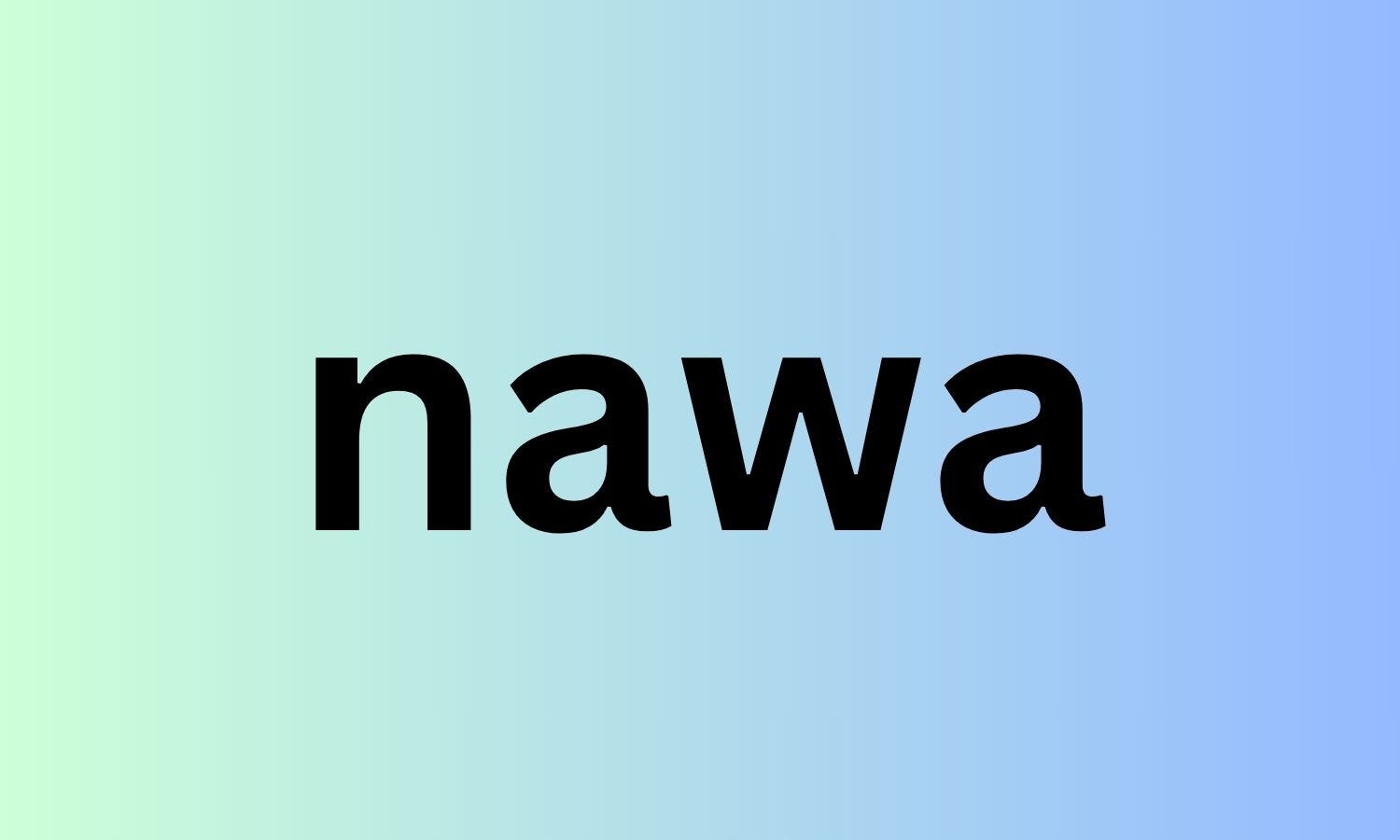
Pawnee Language LearningEp. 1 - Greetings!nawa - roughly equivalent to “Hello”, it’s the Pawnee greeting.The short ‘a’ is pronounced “uh” like the ‘a’ in above, about, what and was.We will go over all the Pawnee vowel sounds in episode 6. Get full access to Pawnee Language Learning at pawneelanguagelearning.substack.com/subscribe
2024-02-1301 min
Pawnee Language LearningPawnee Language Learning - Introduction Get full access to Pawnee Language Learning at pawneelanguagelearning.substack.com/subscribe
2024-02-1303 min